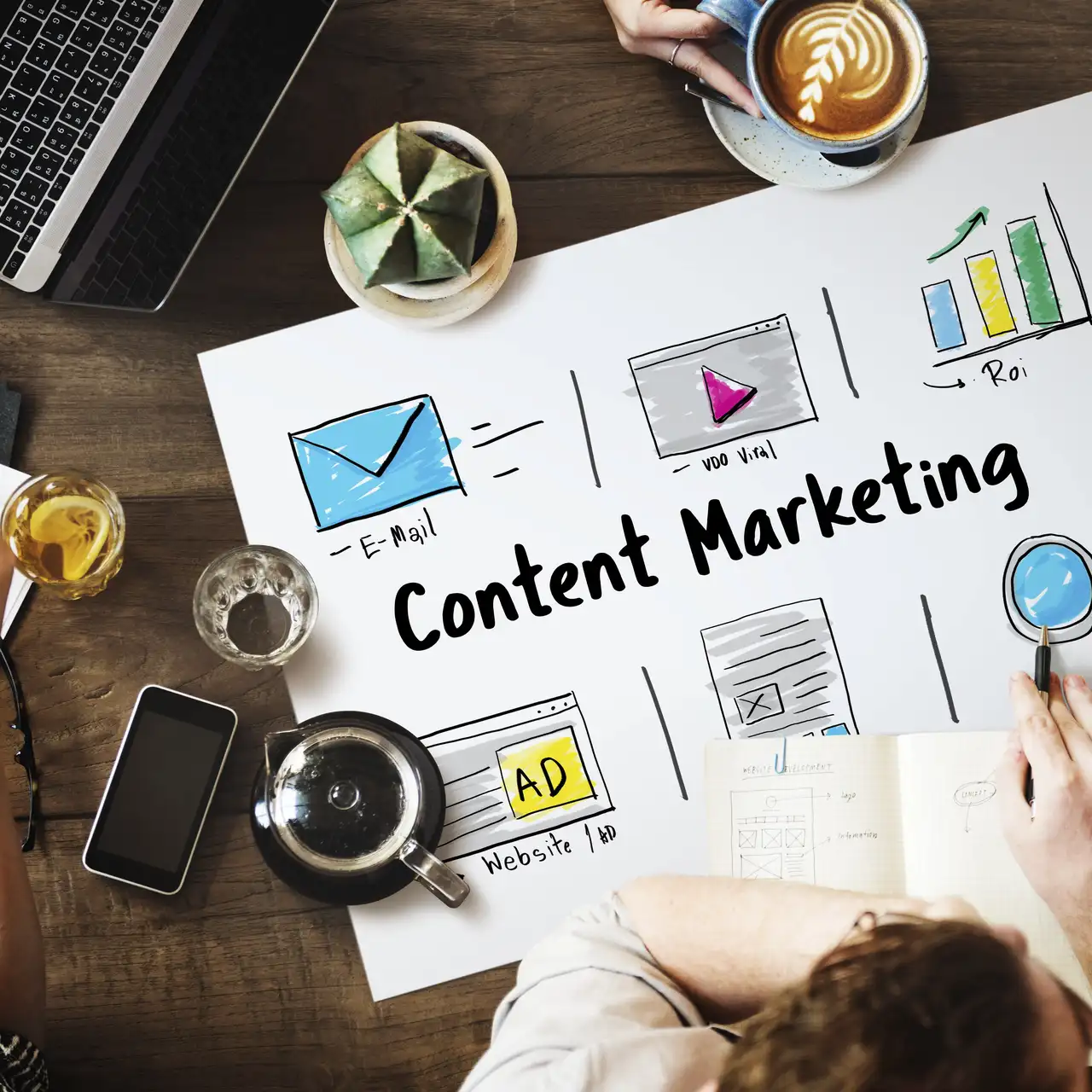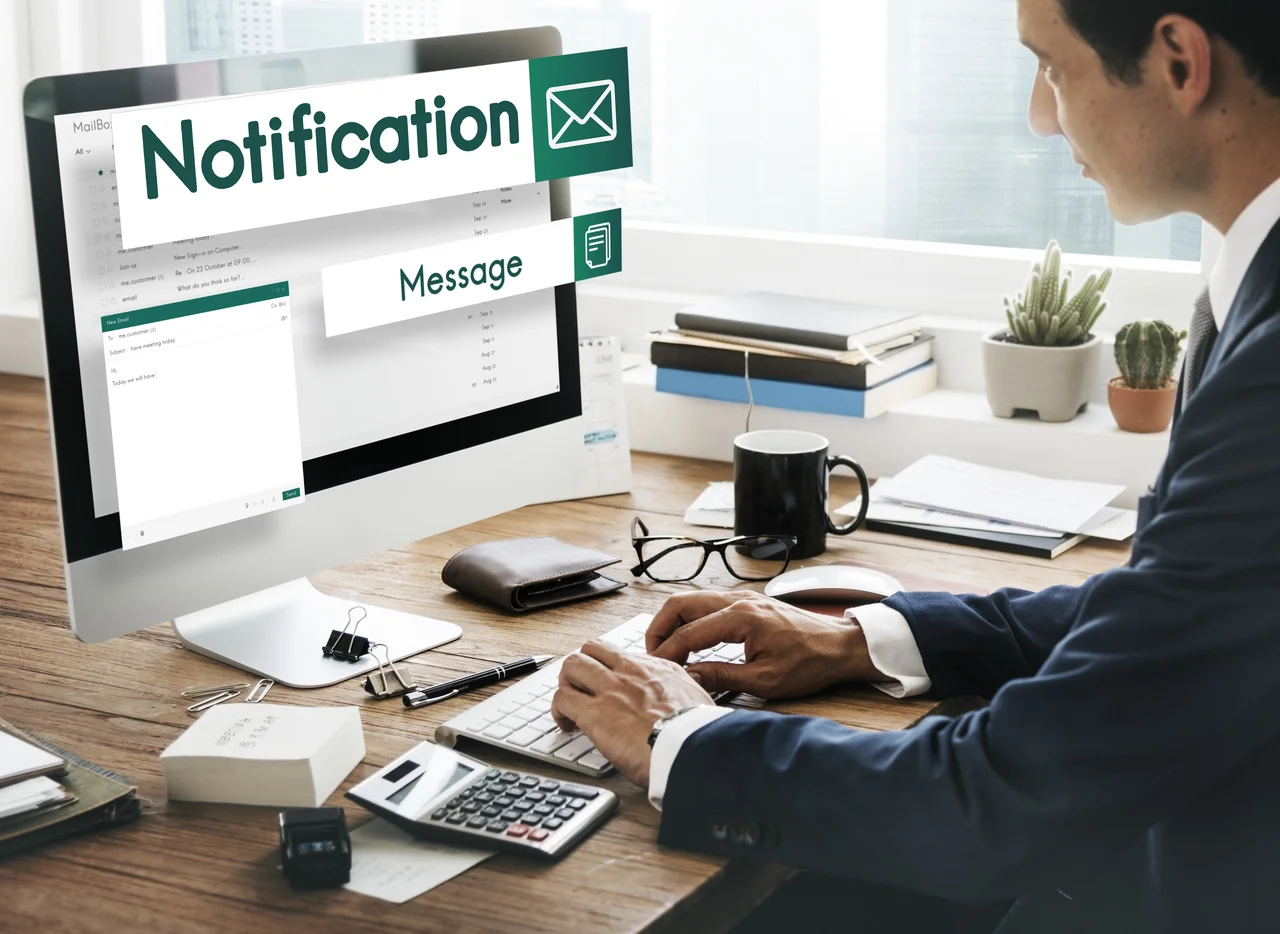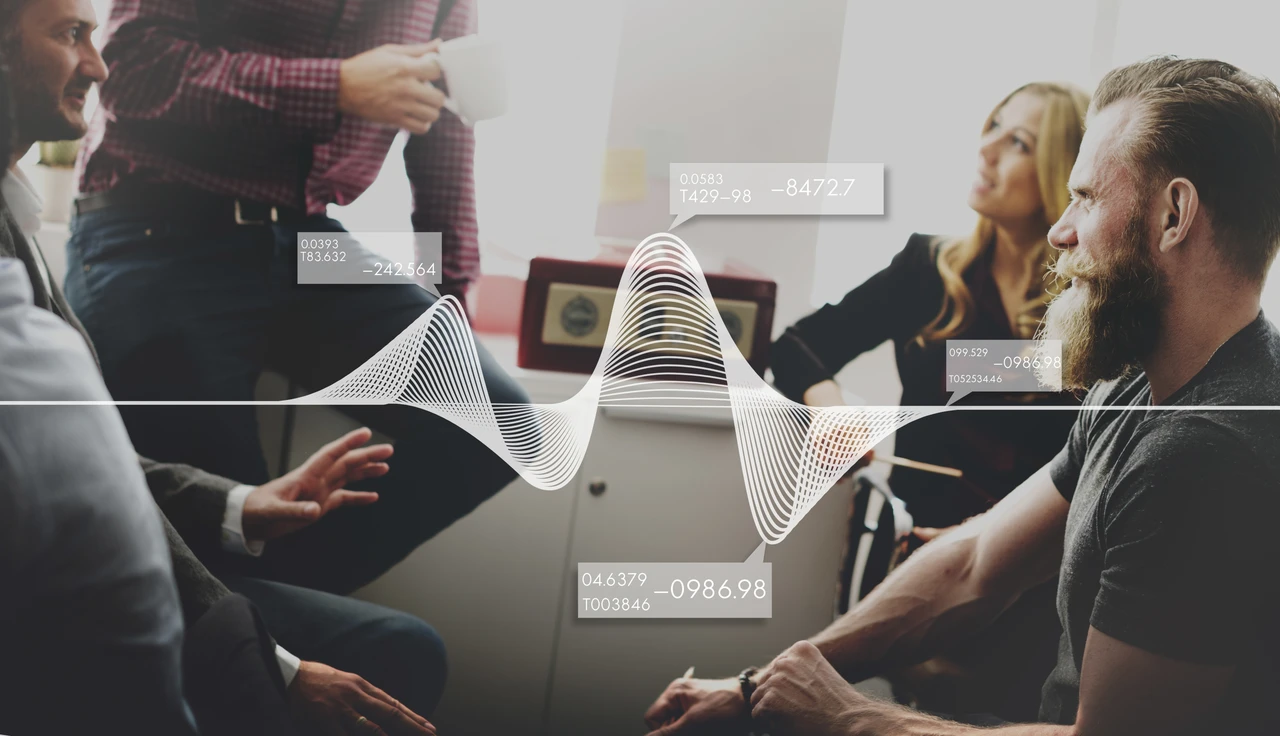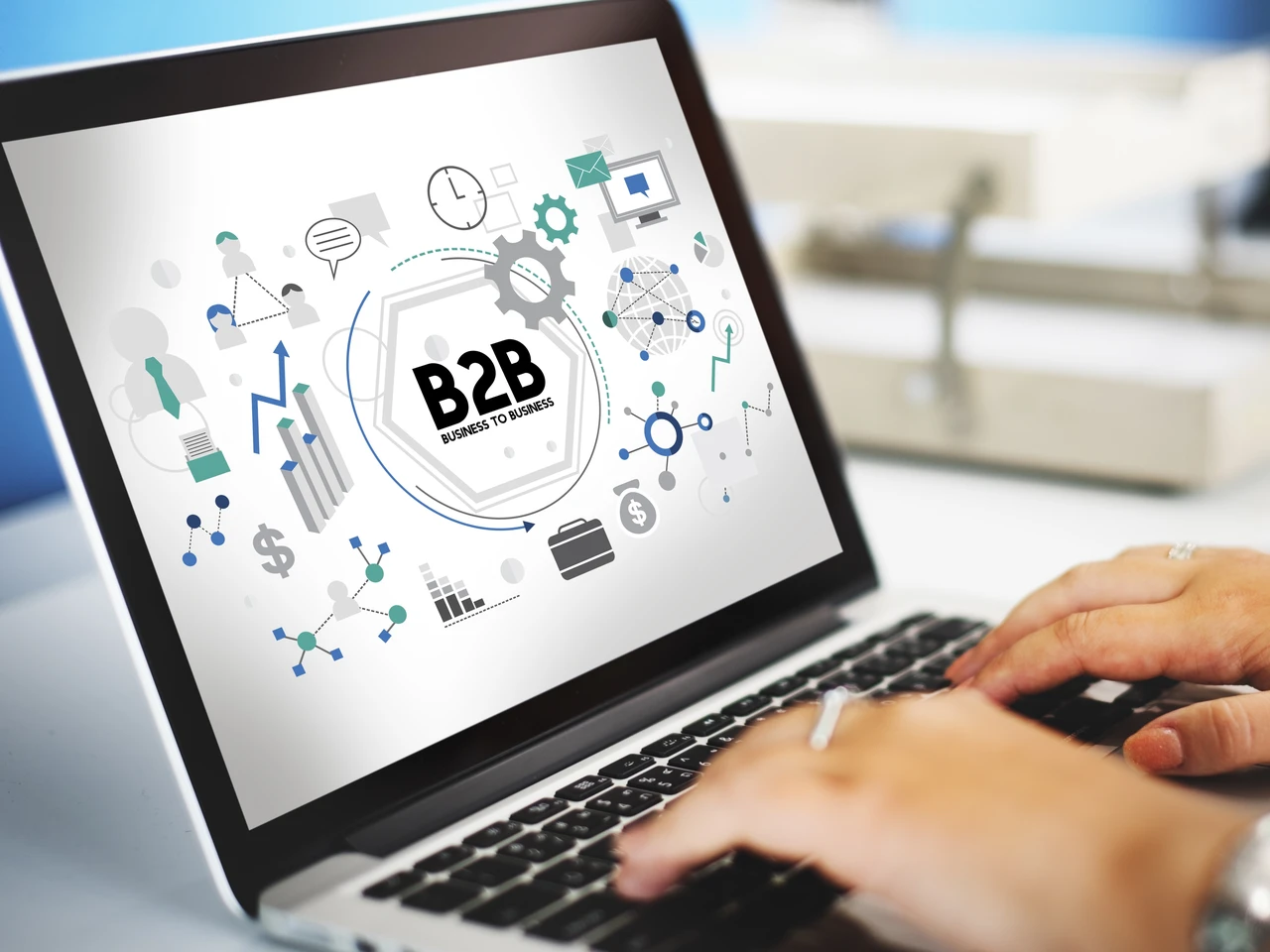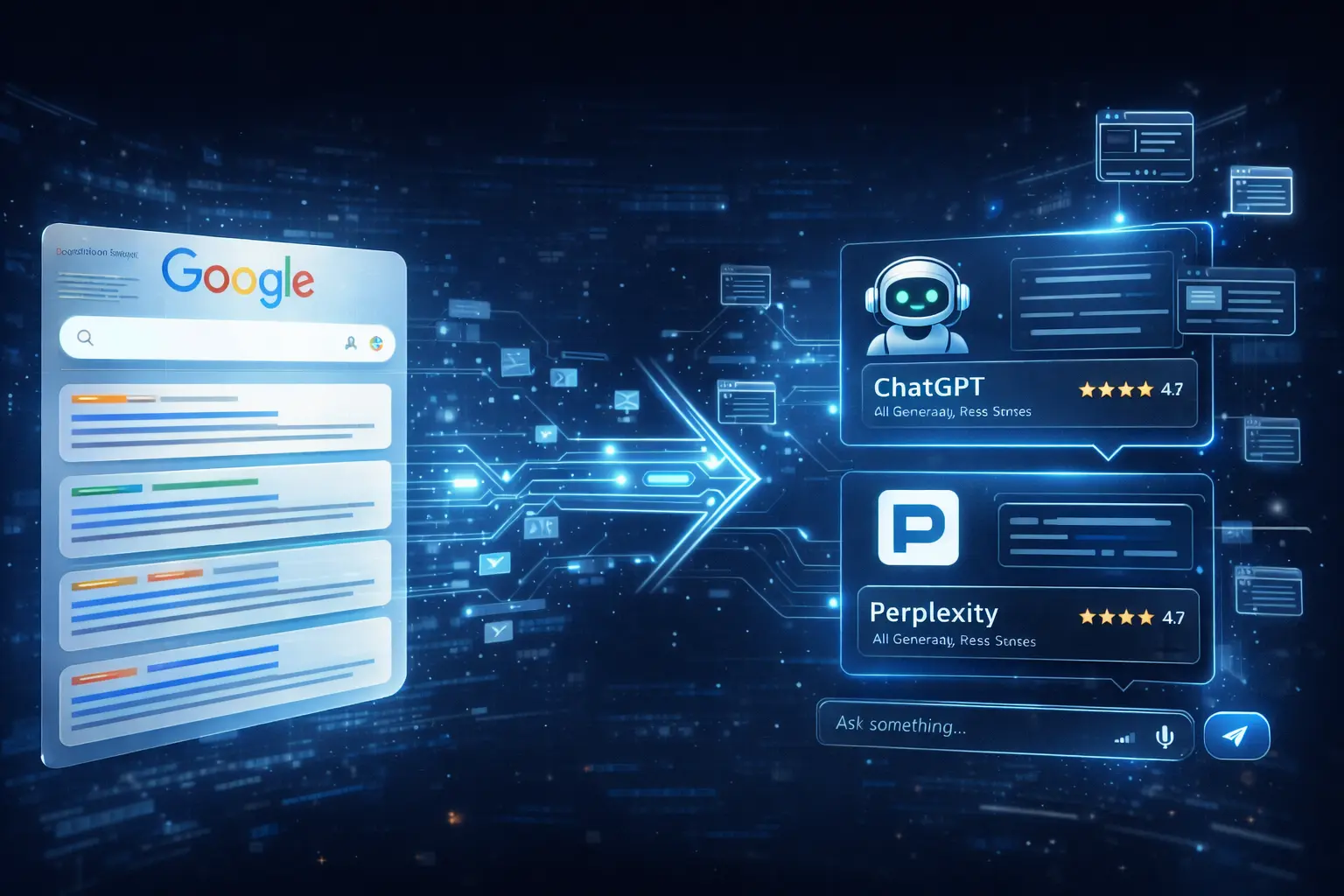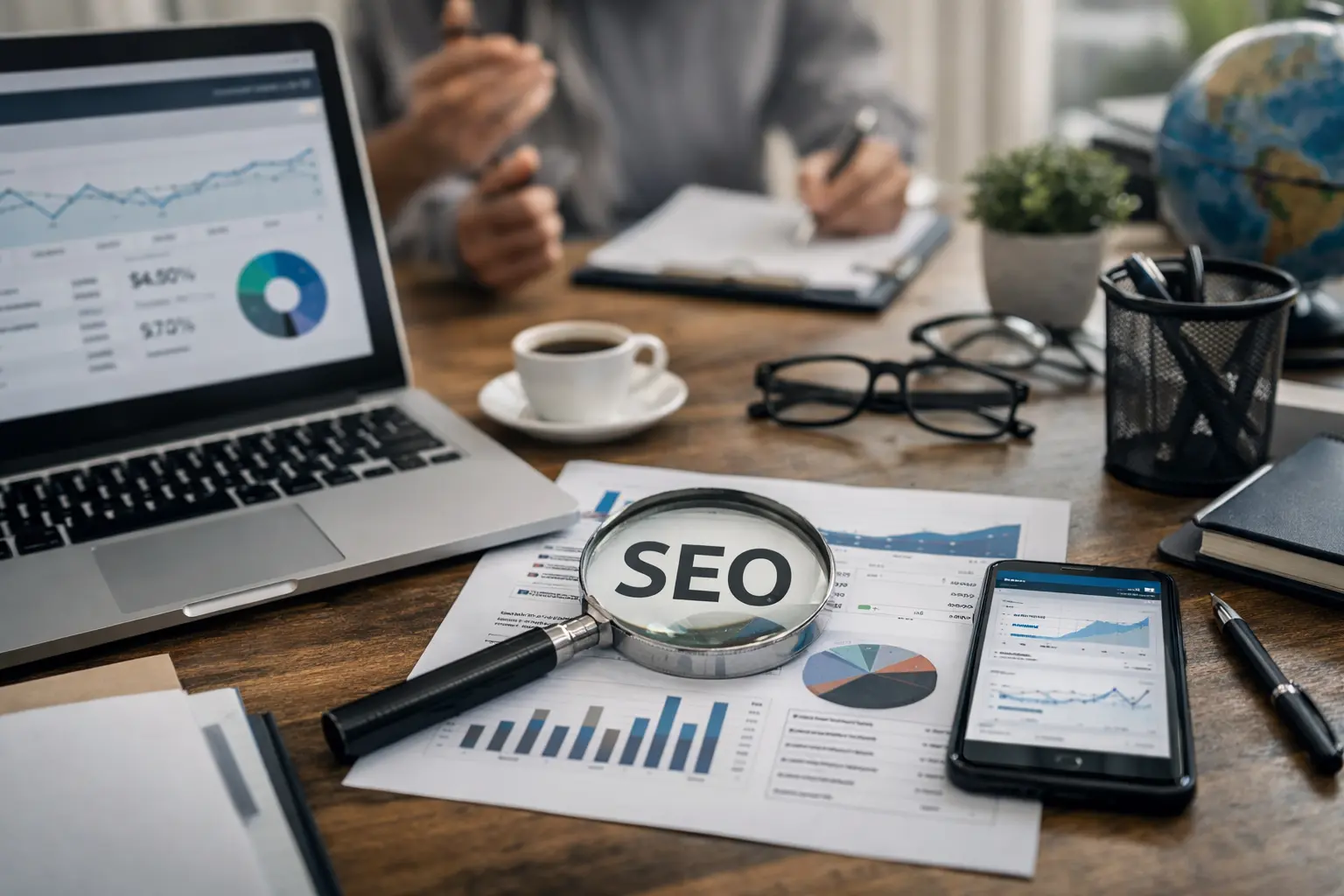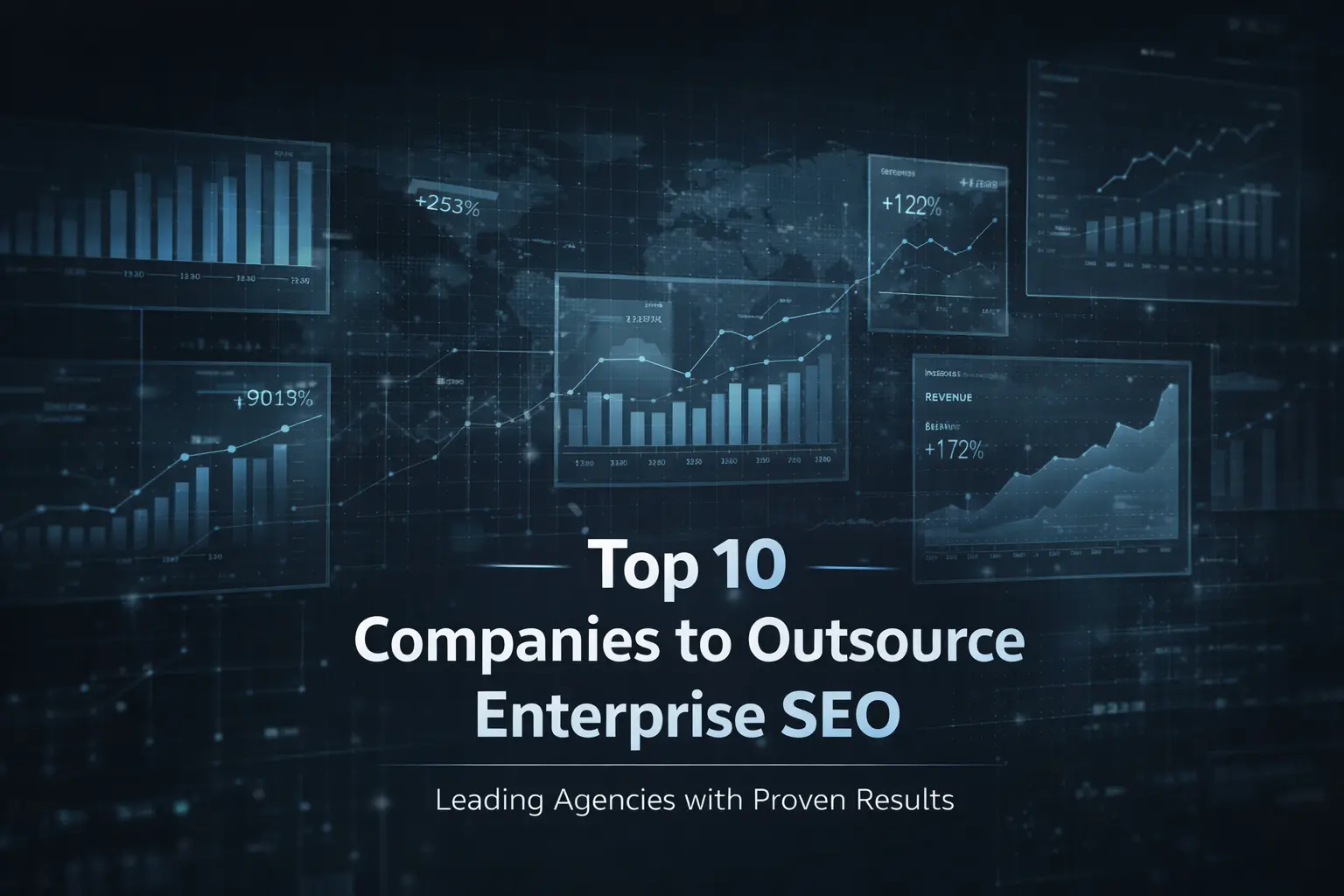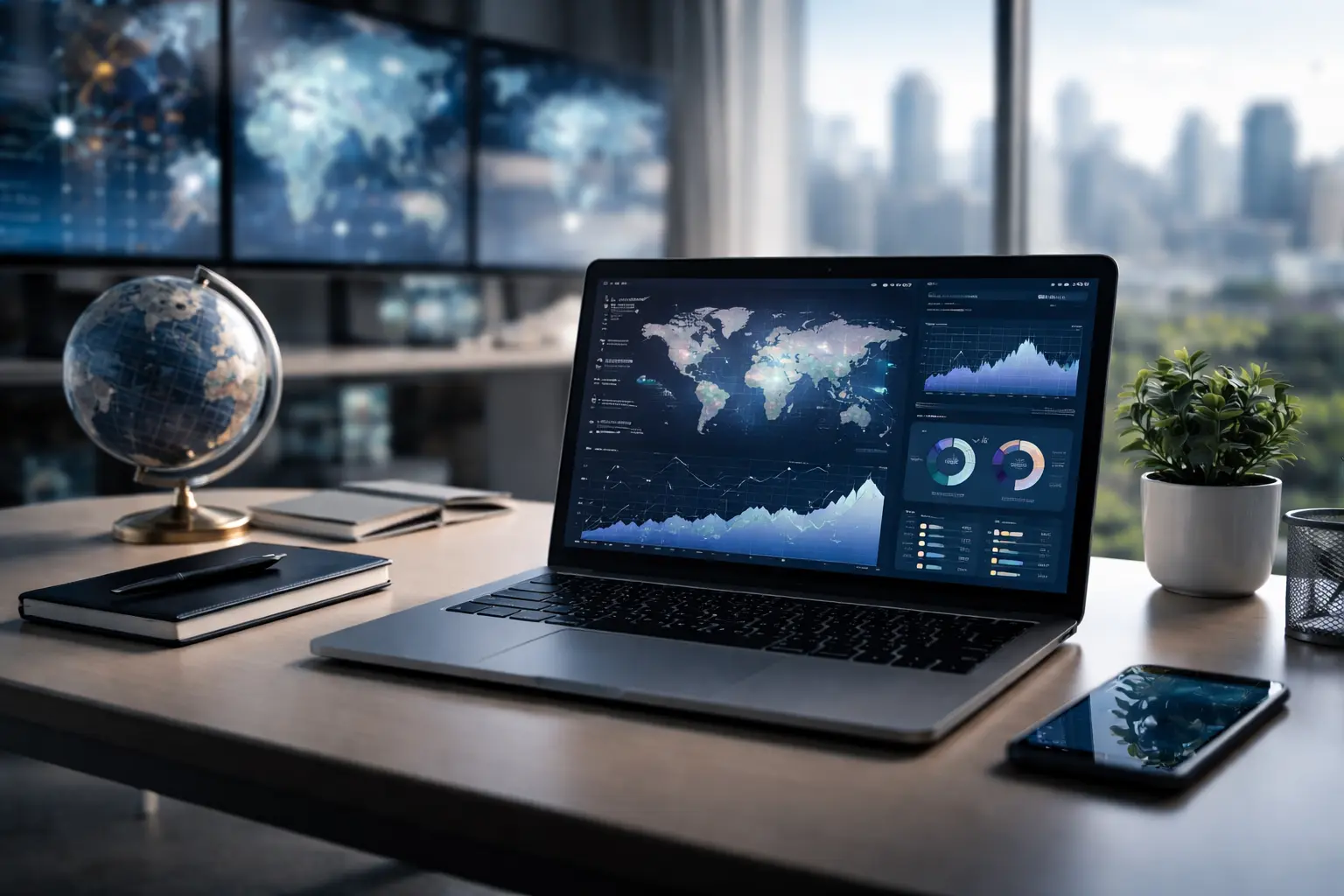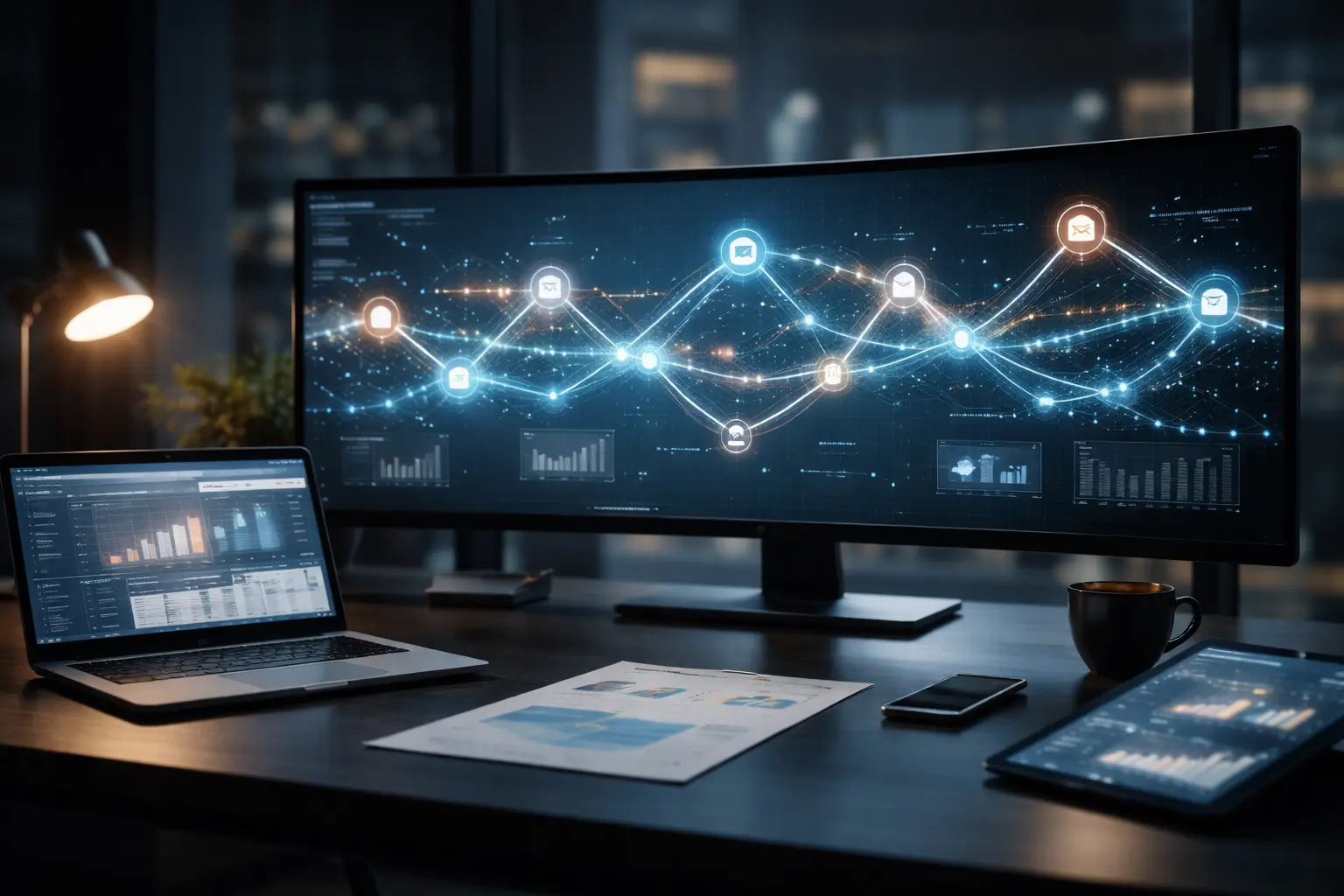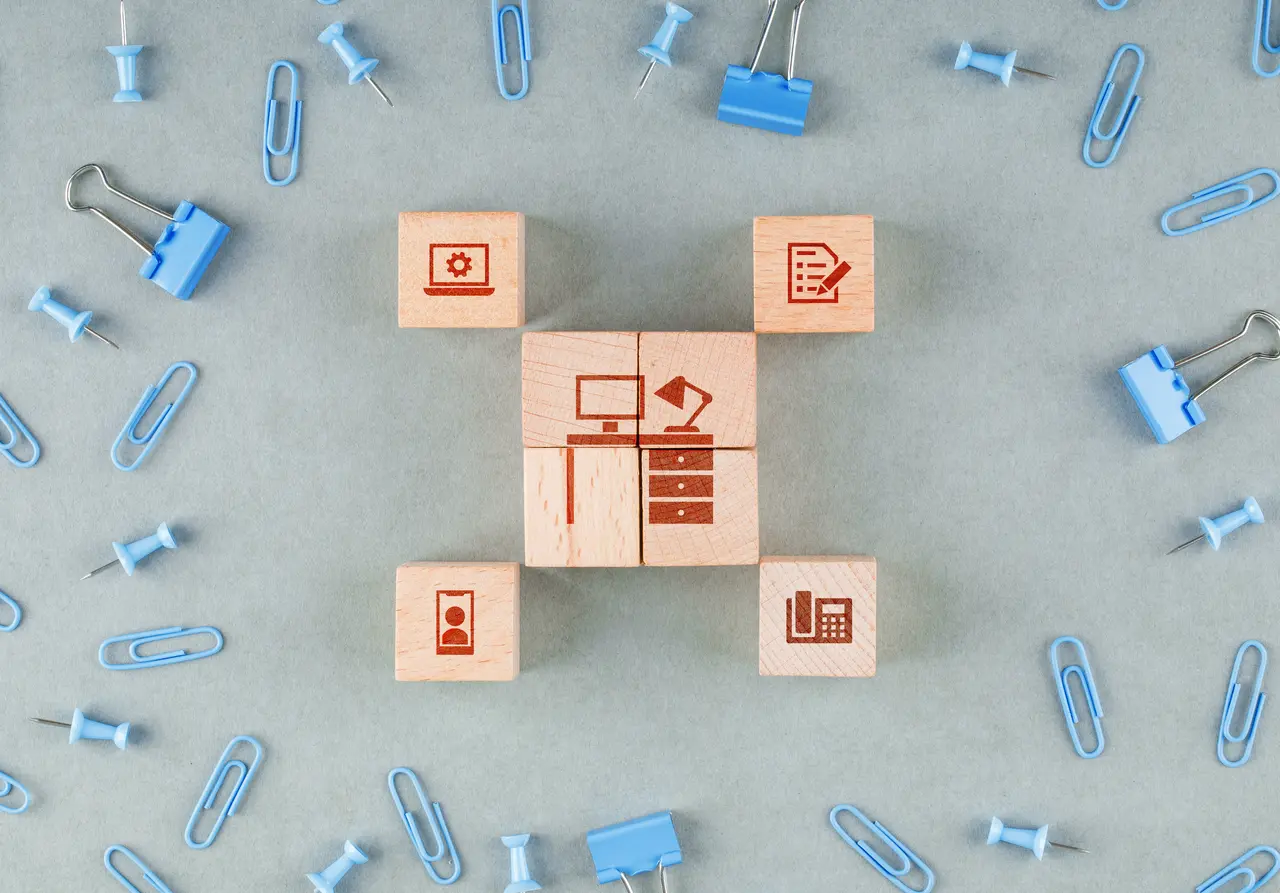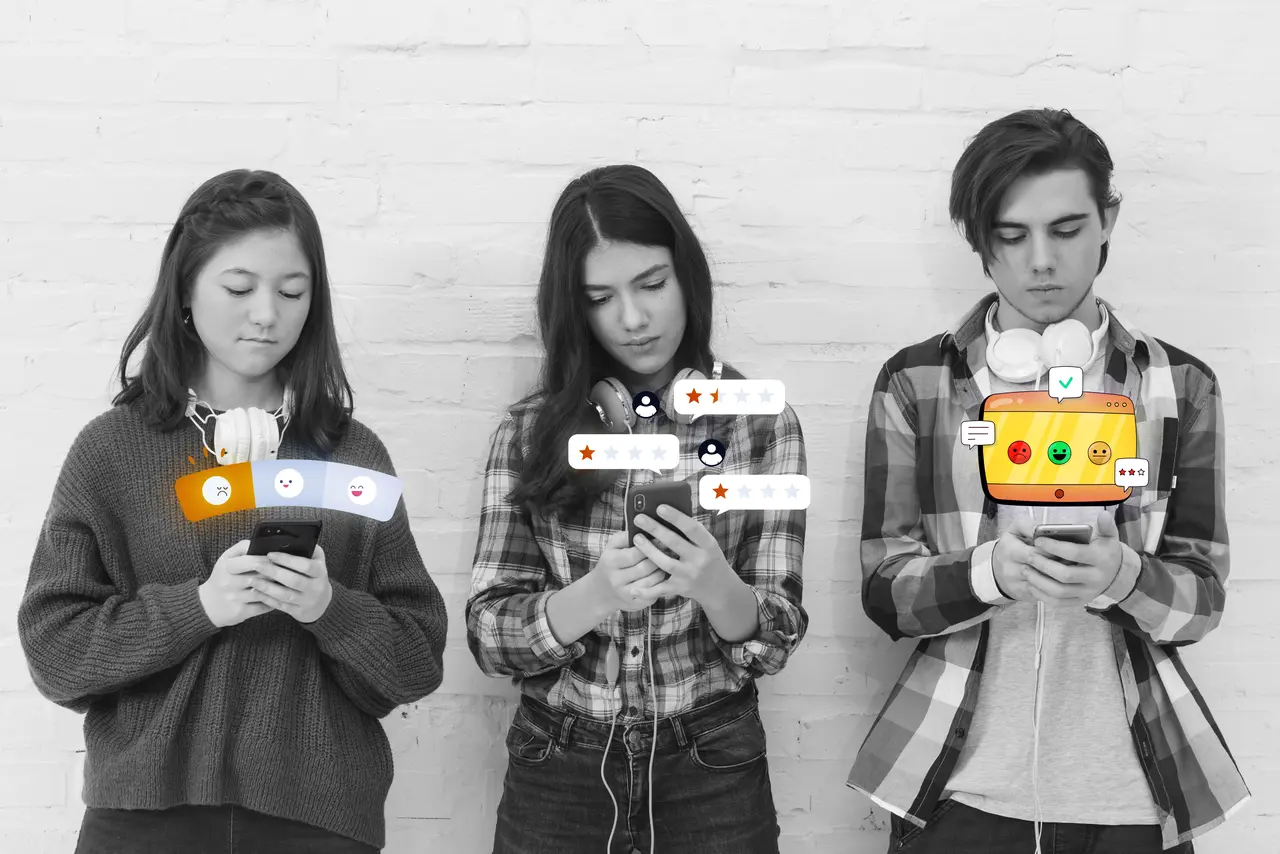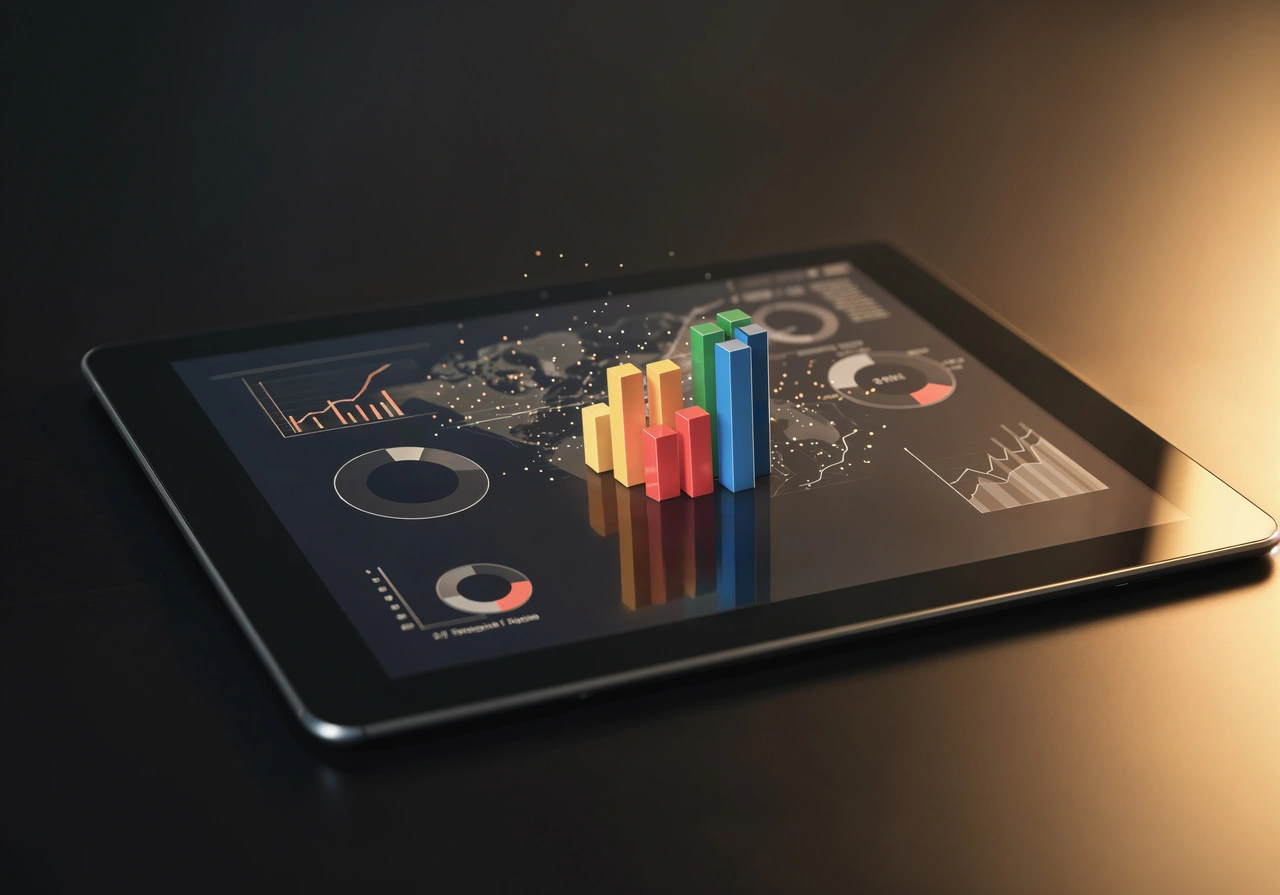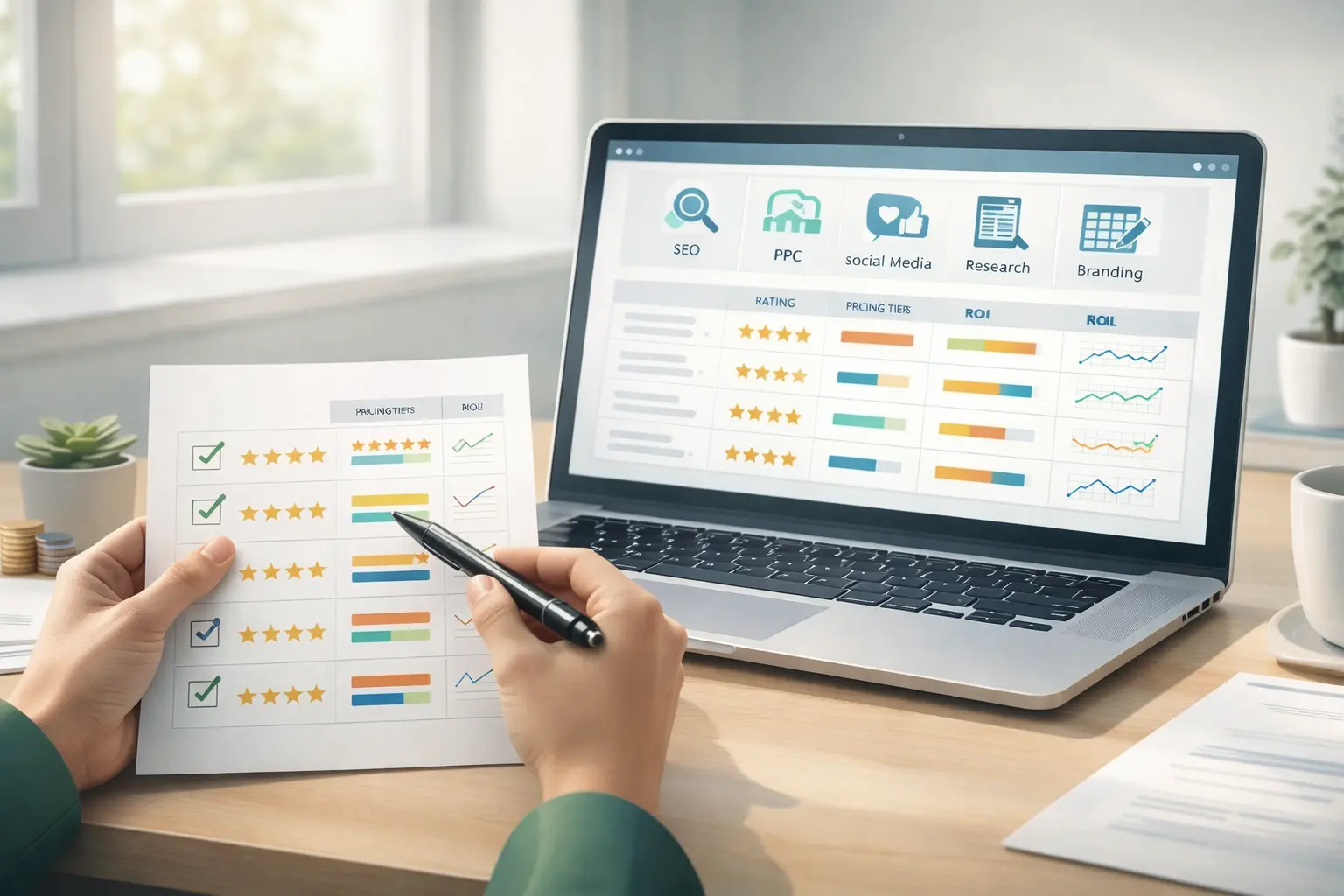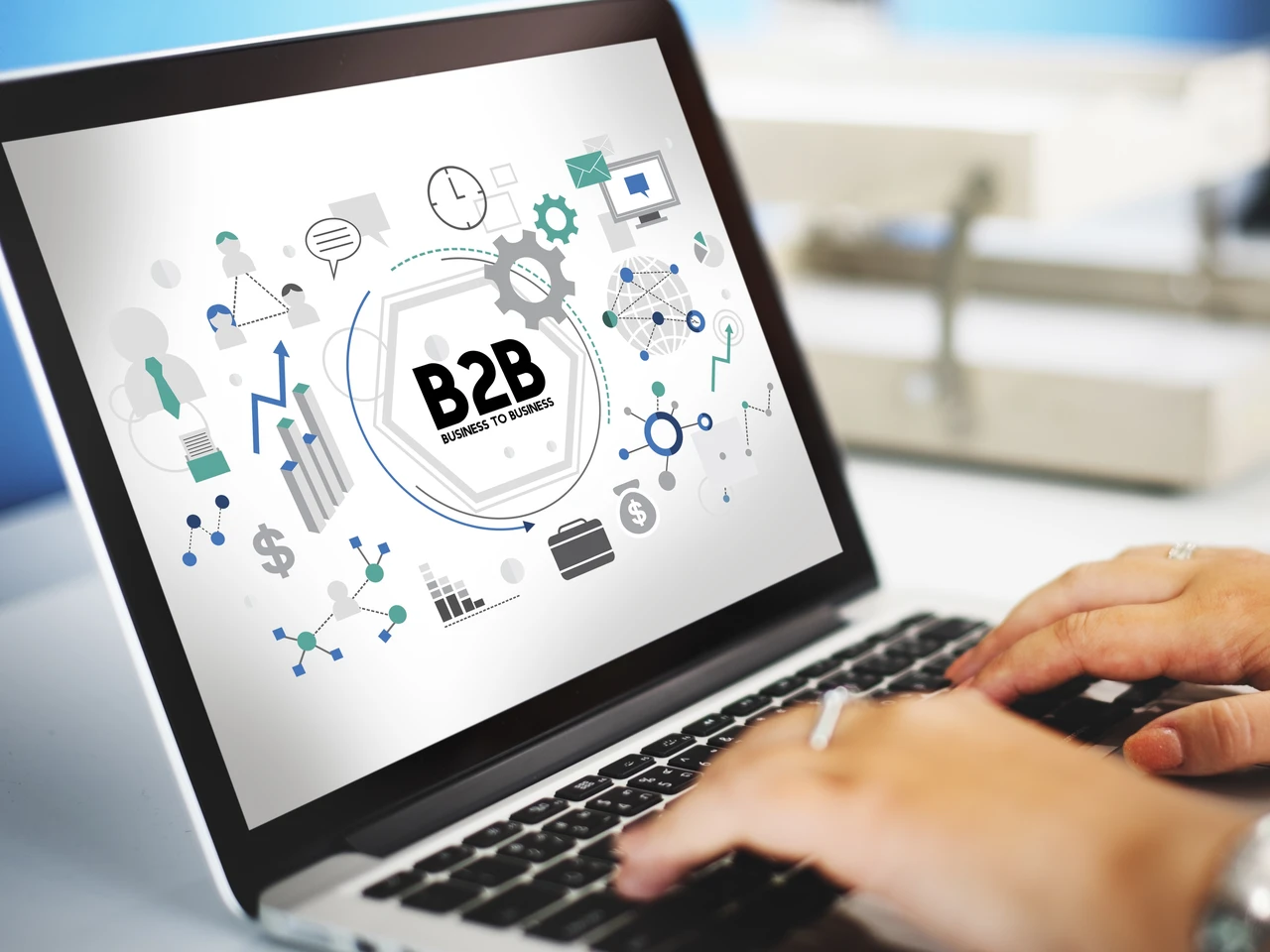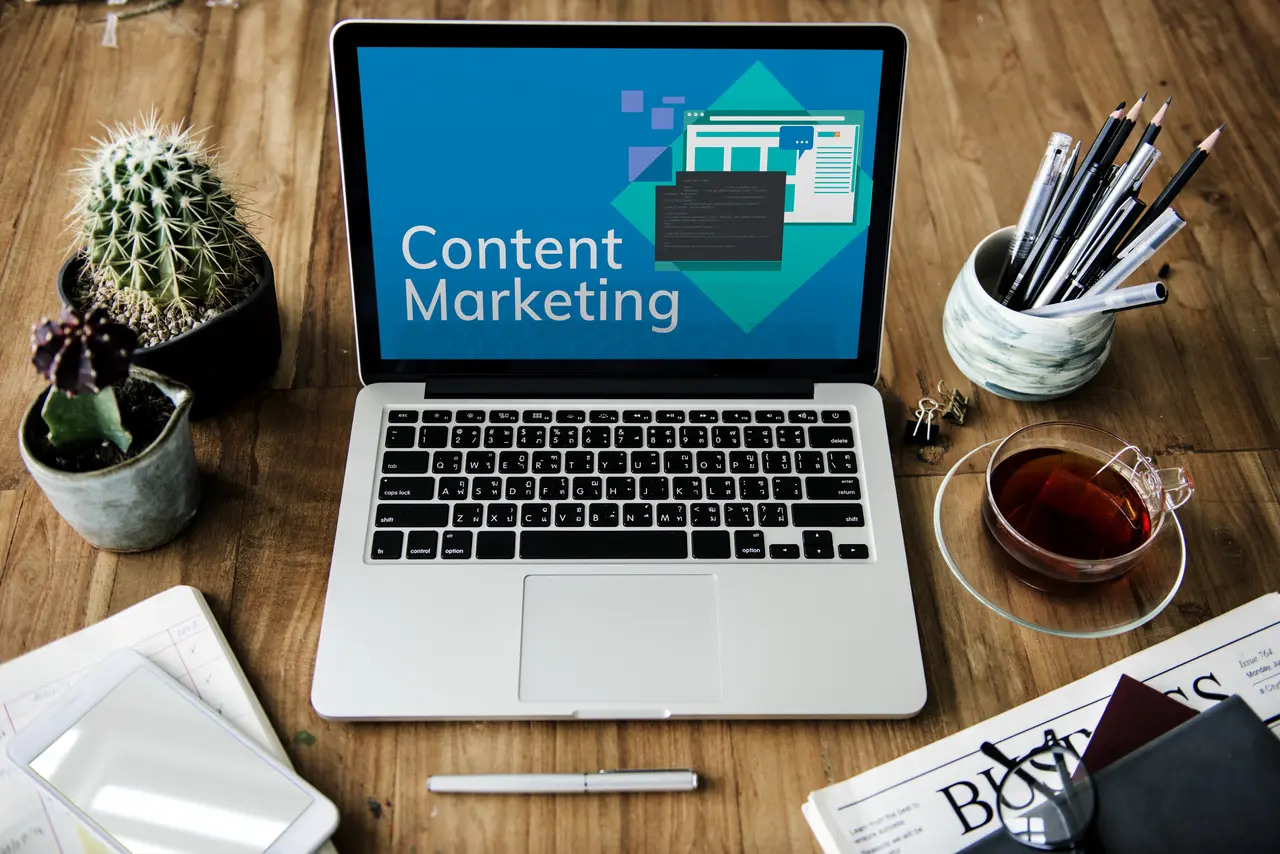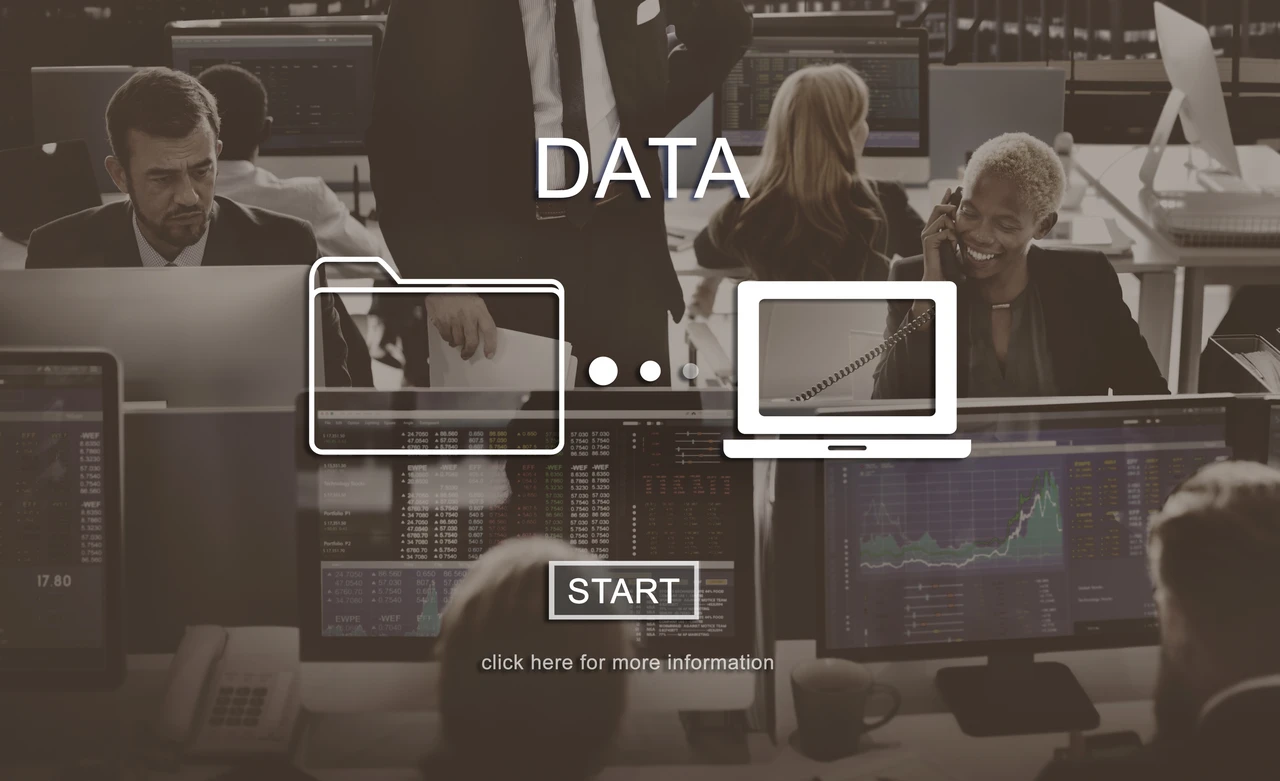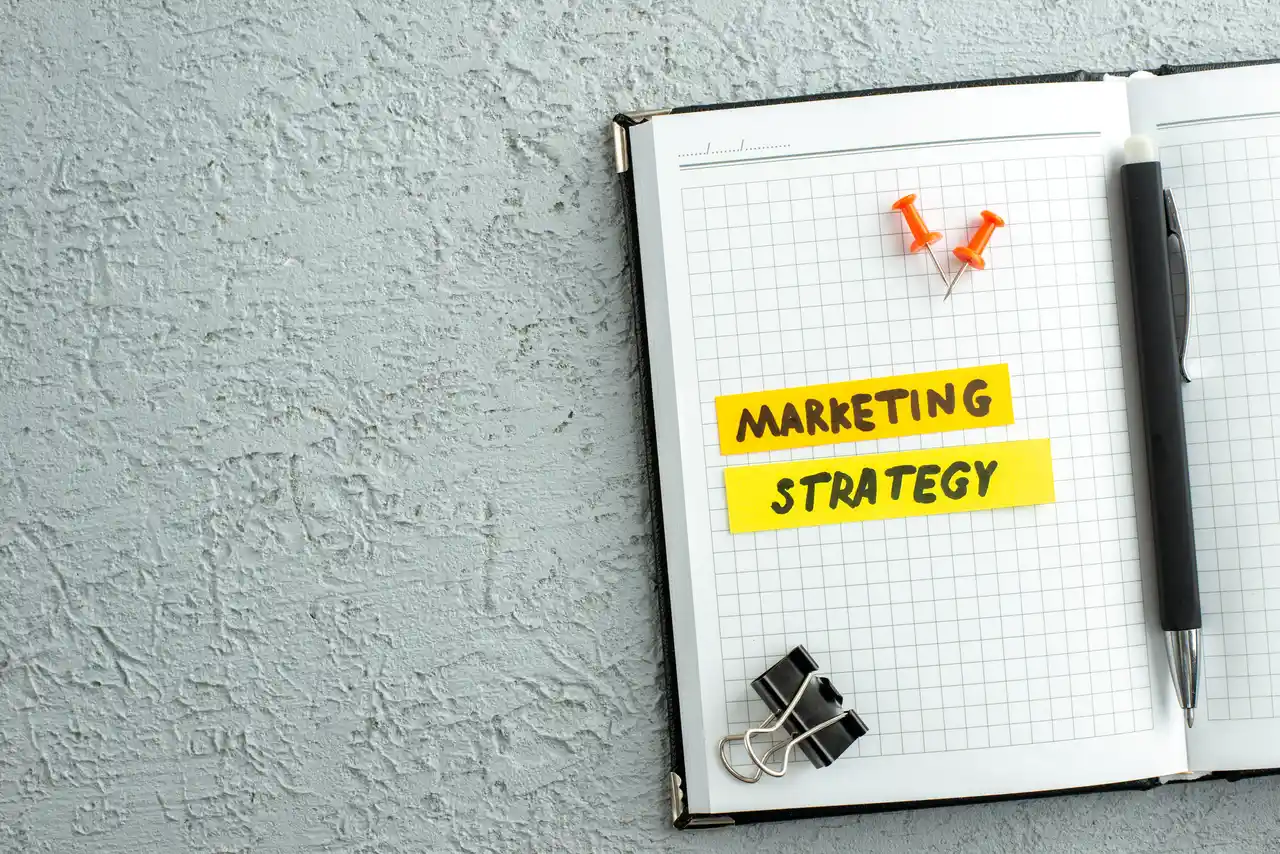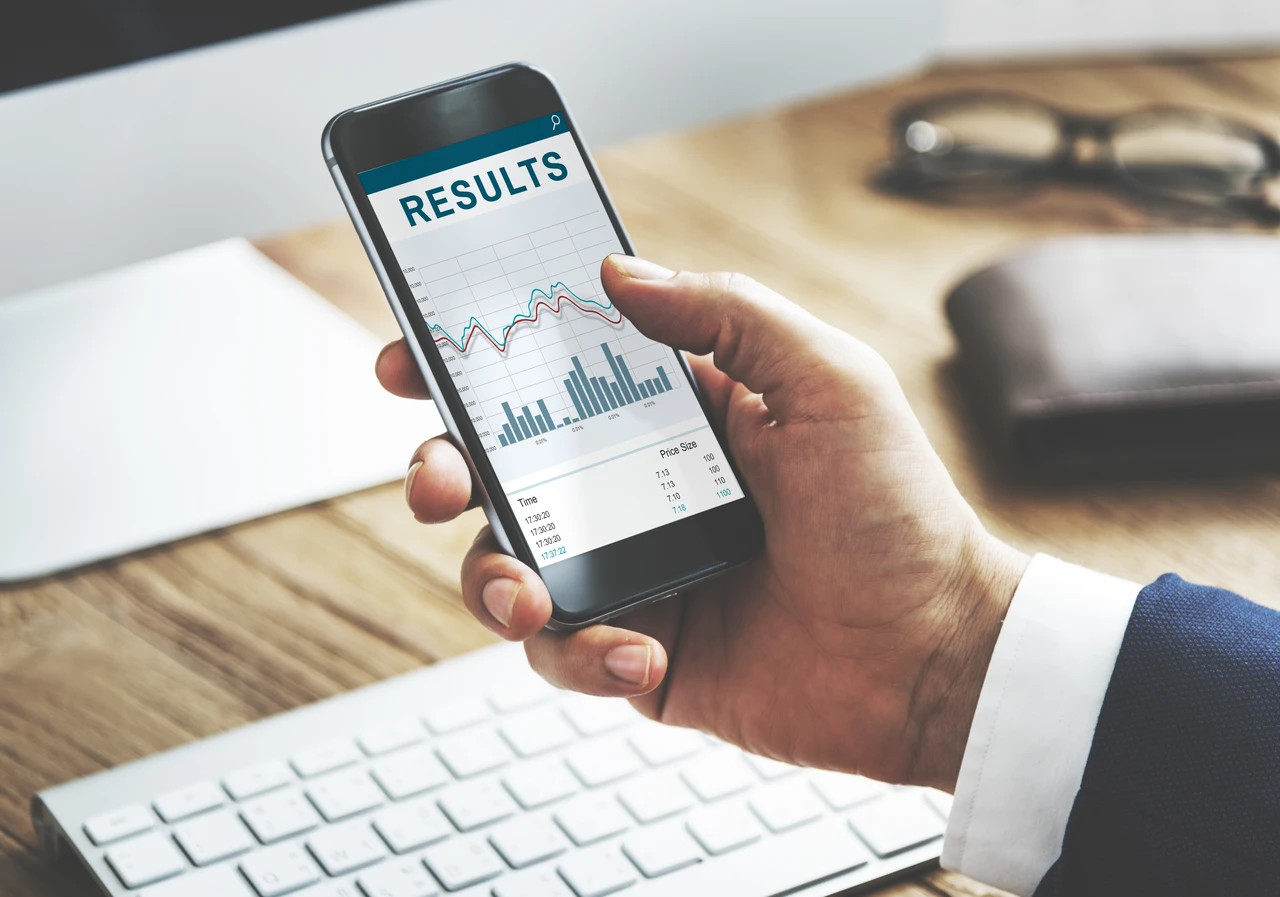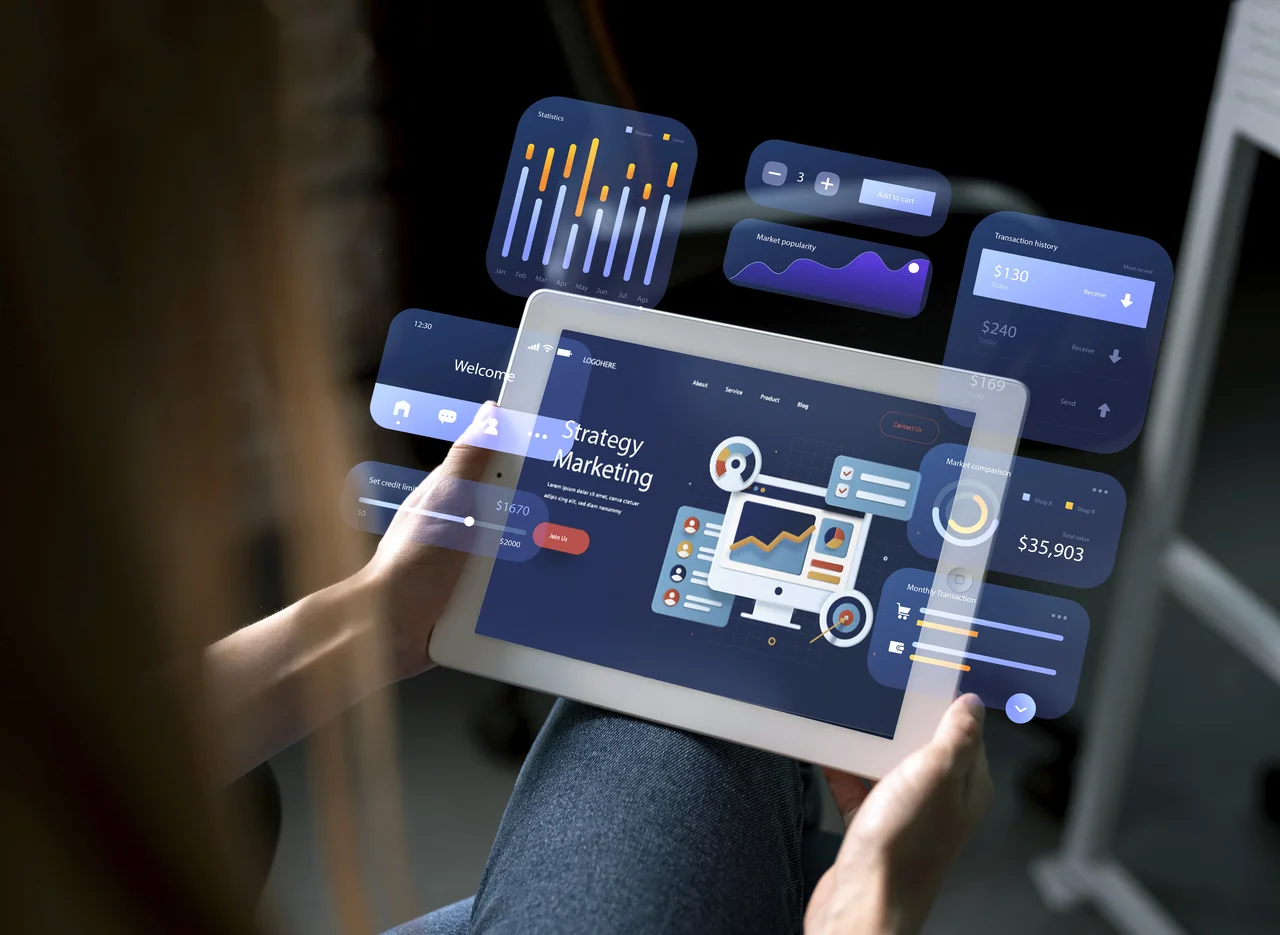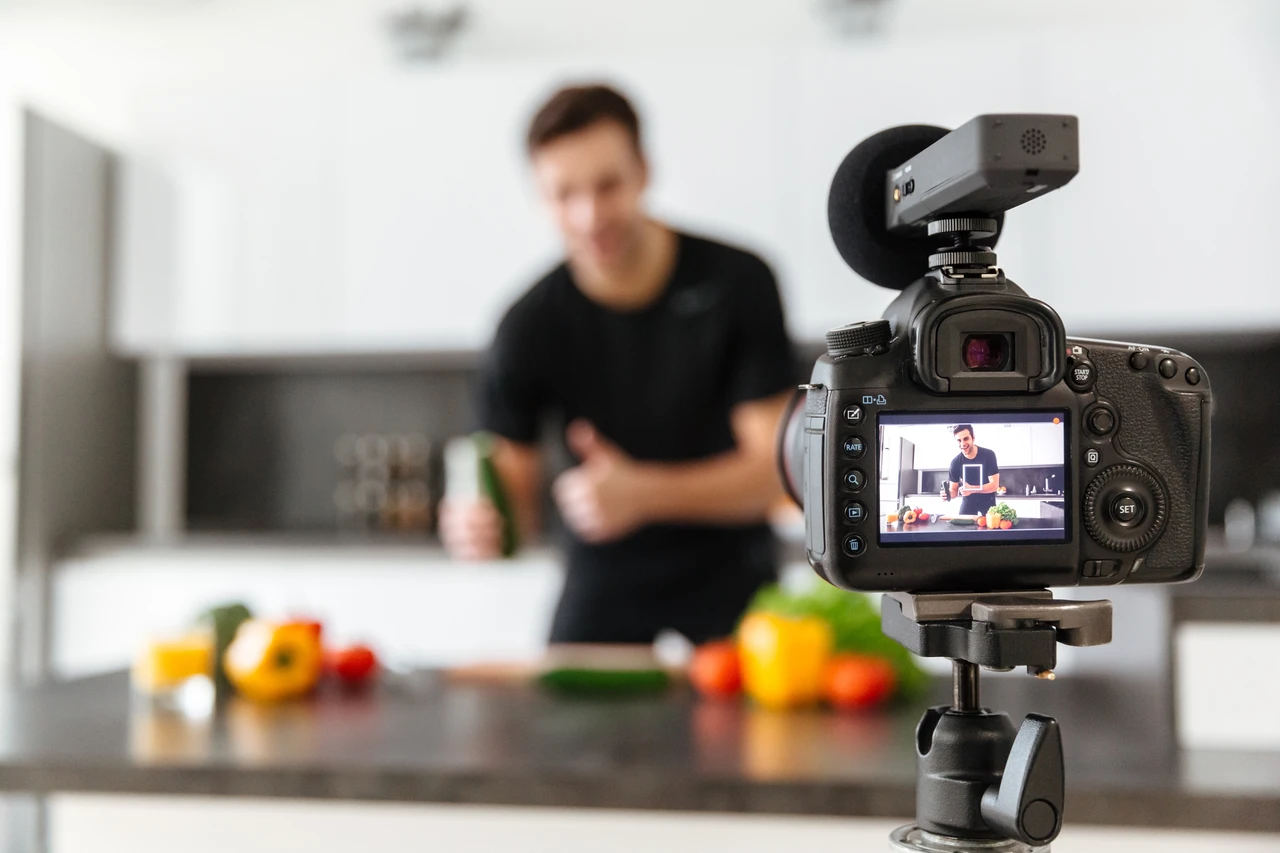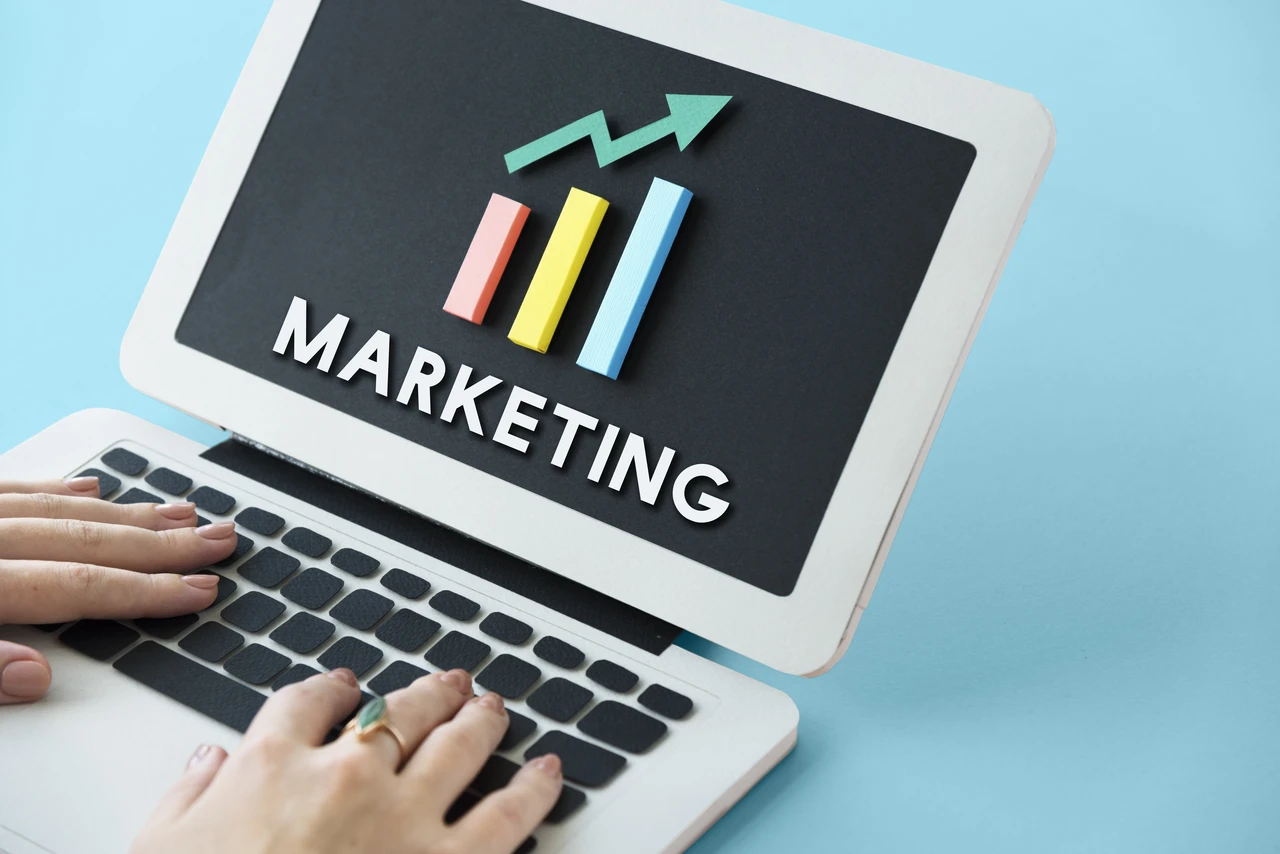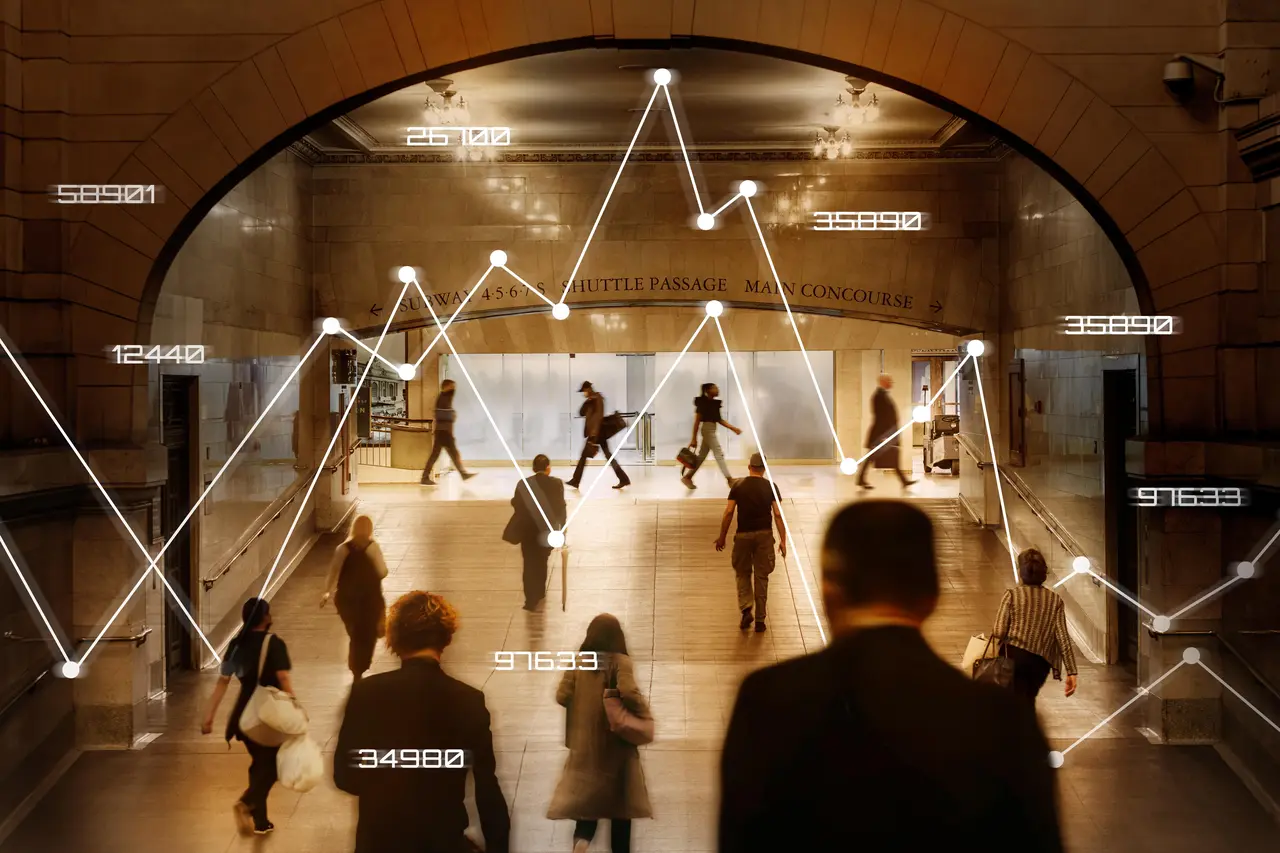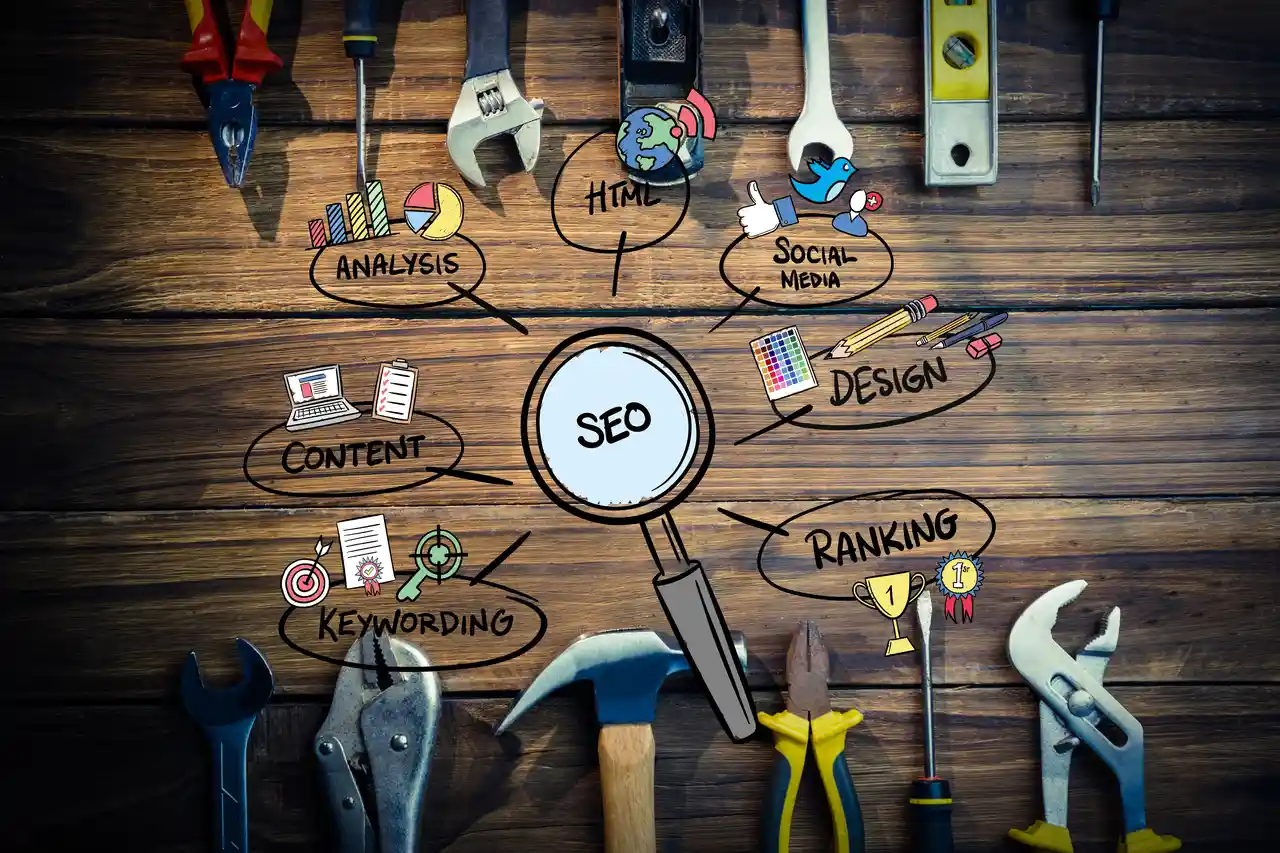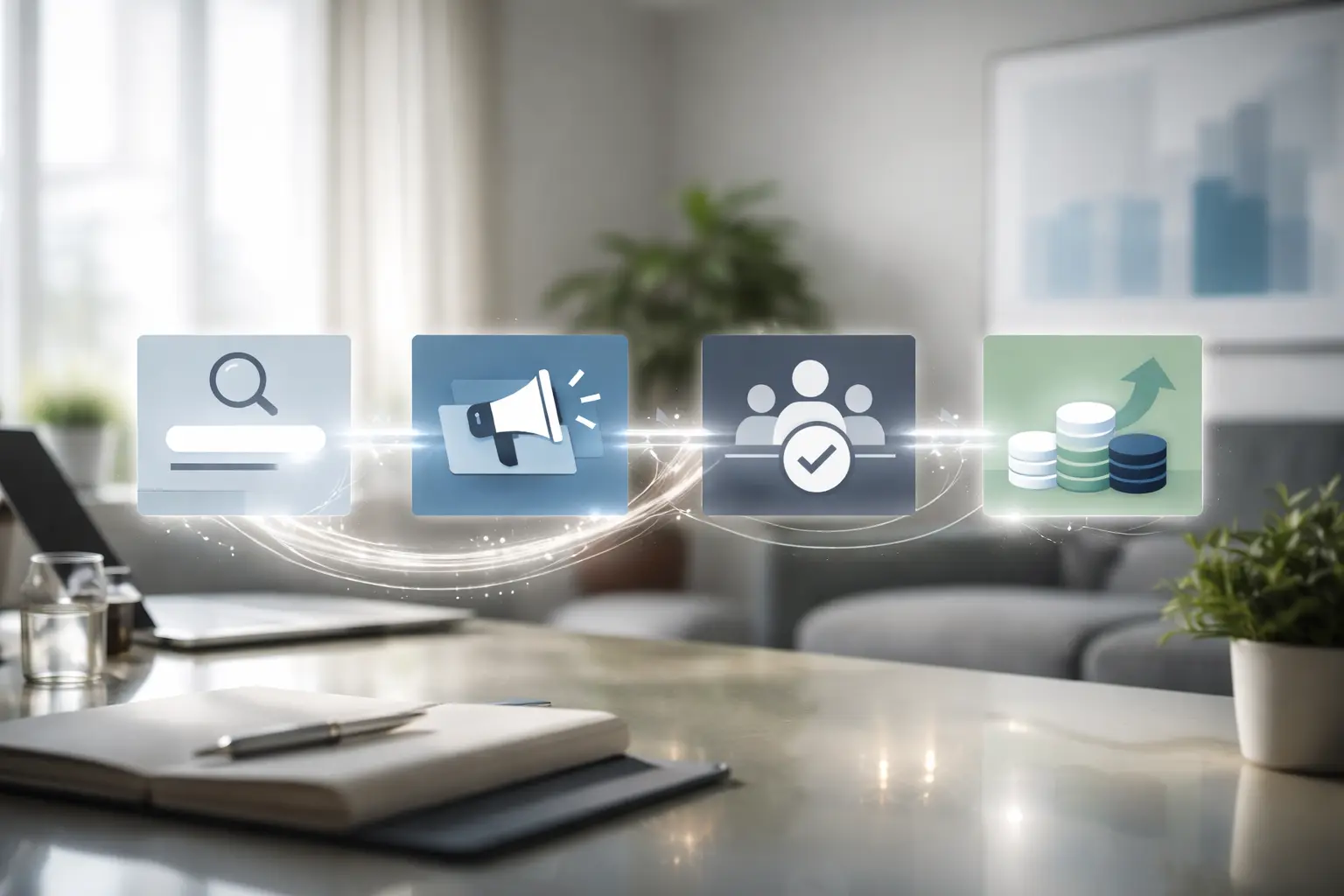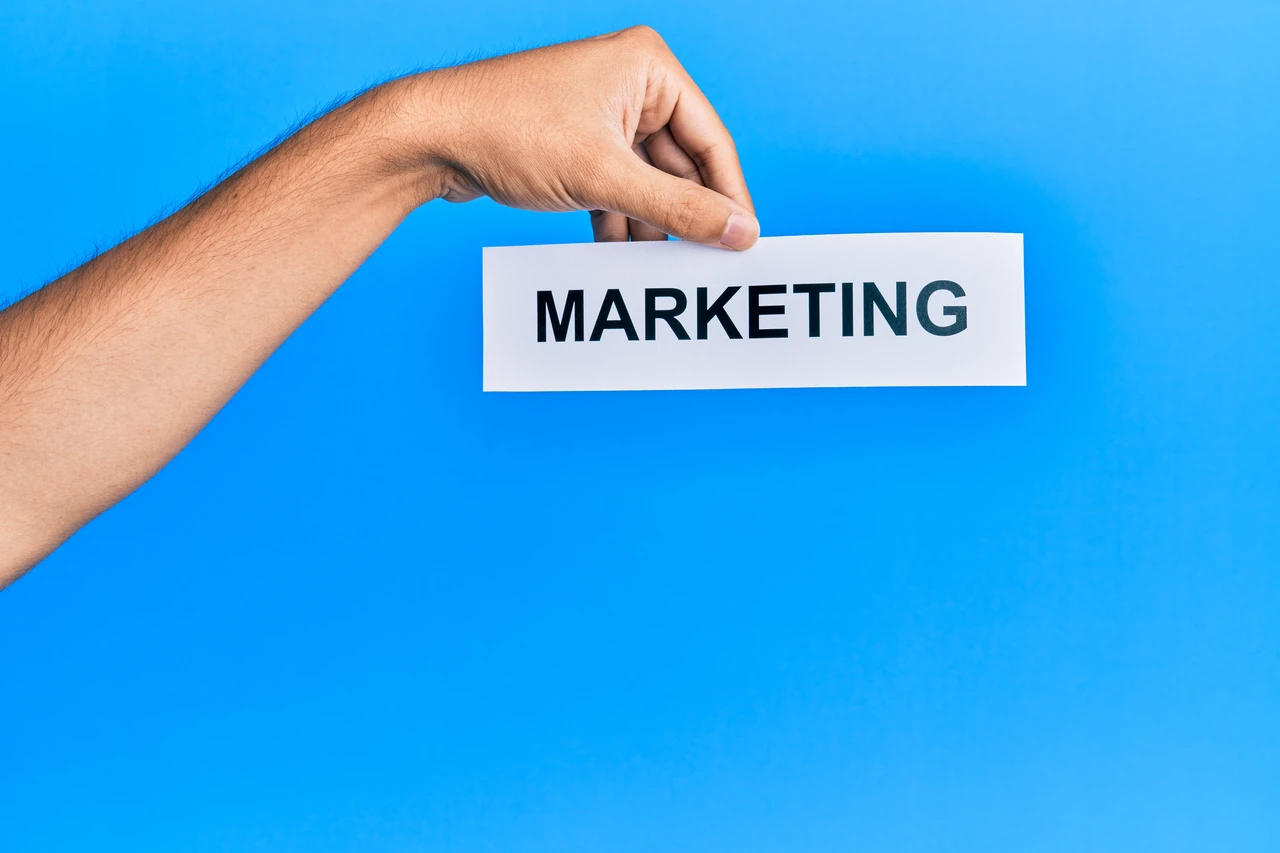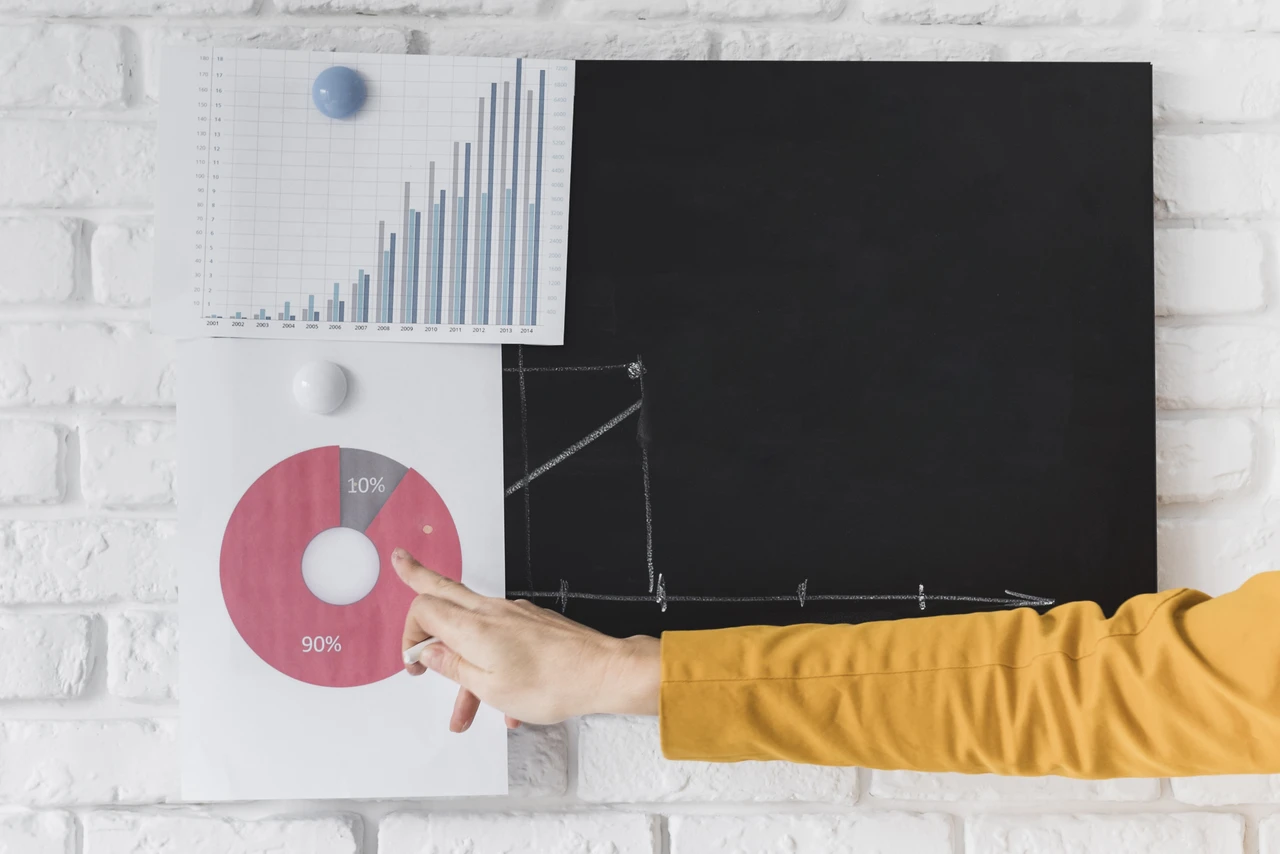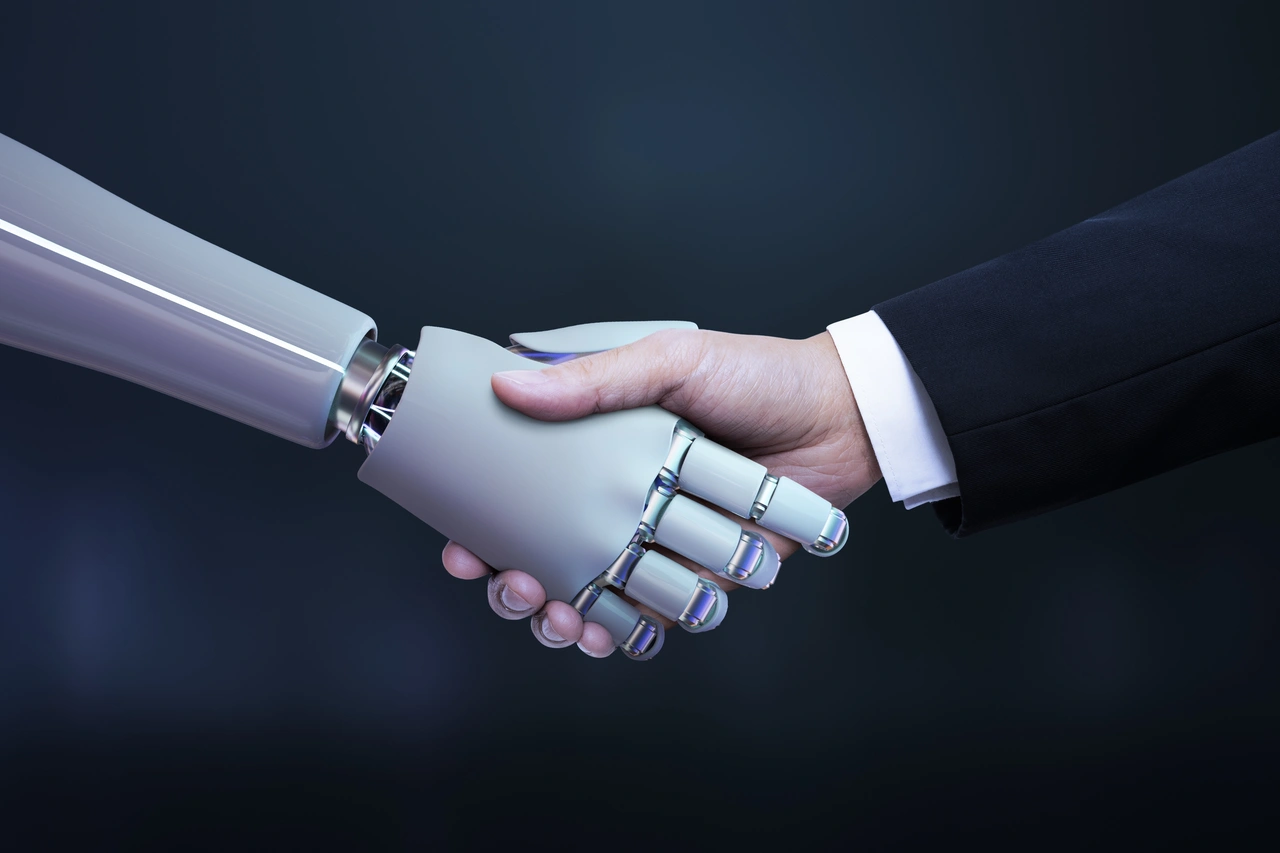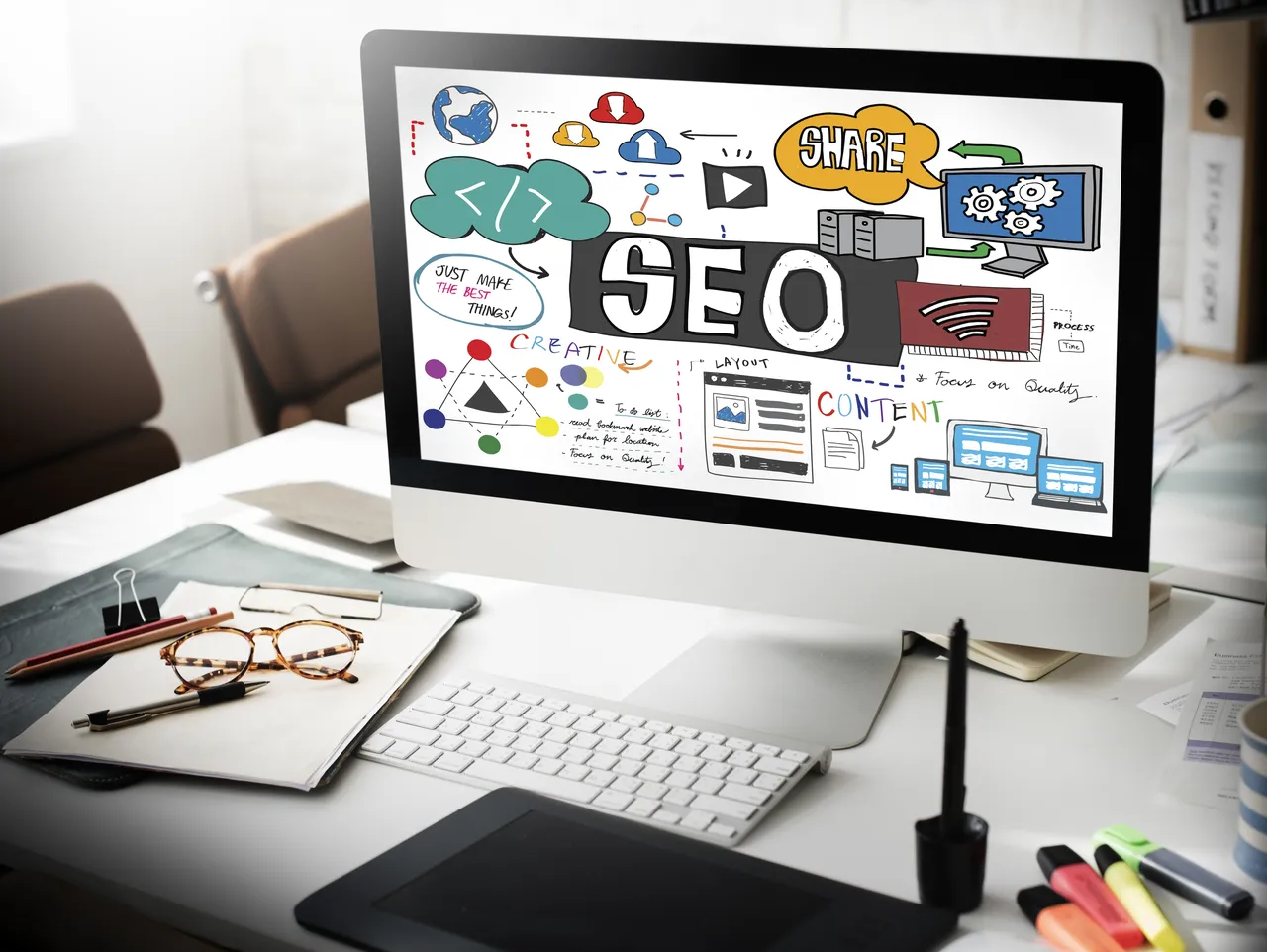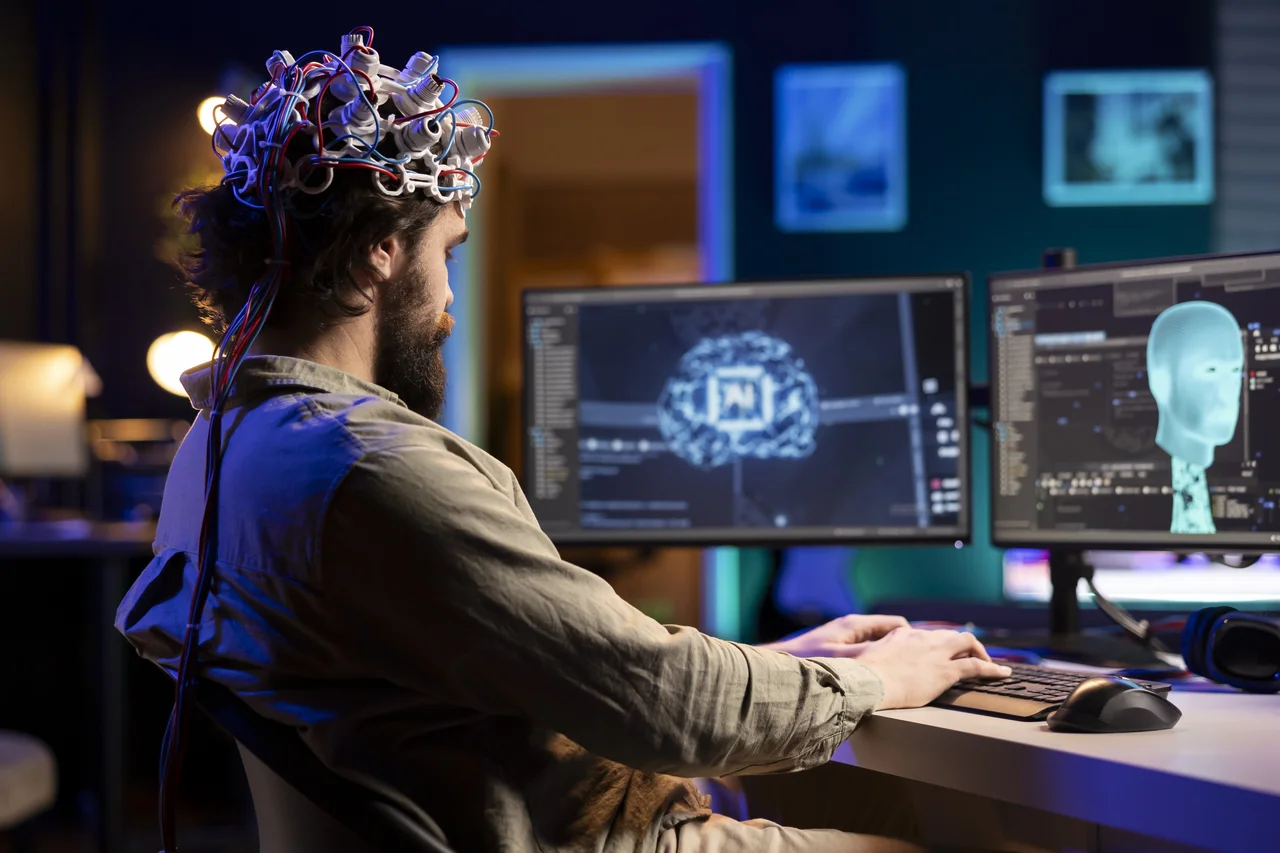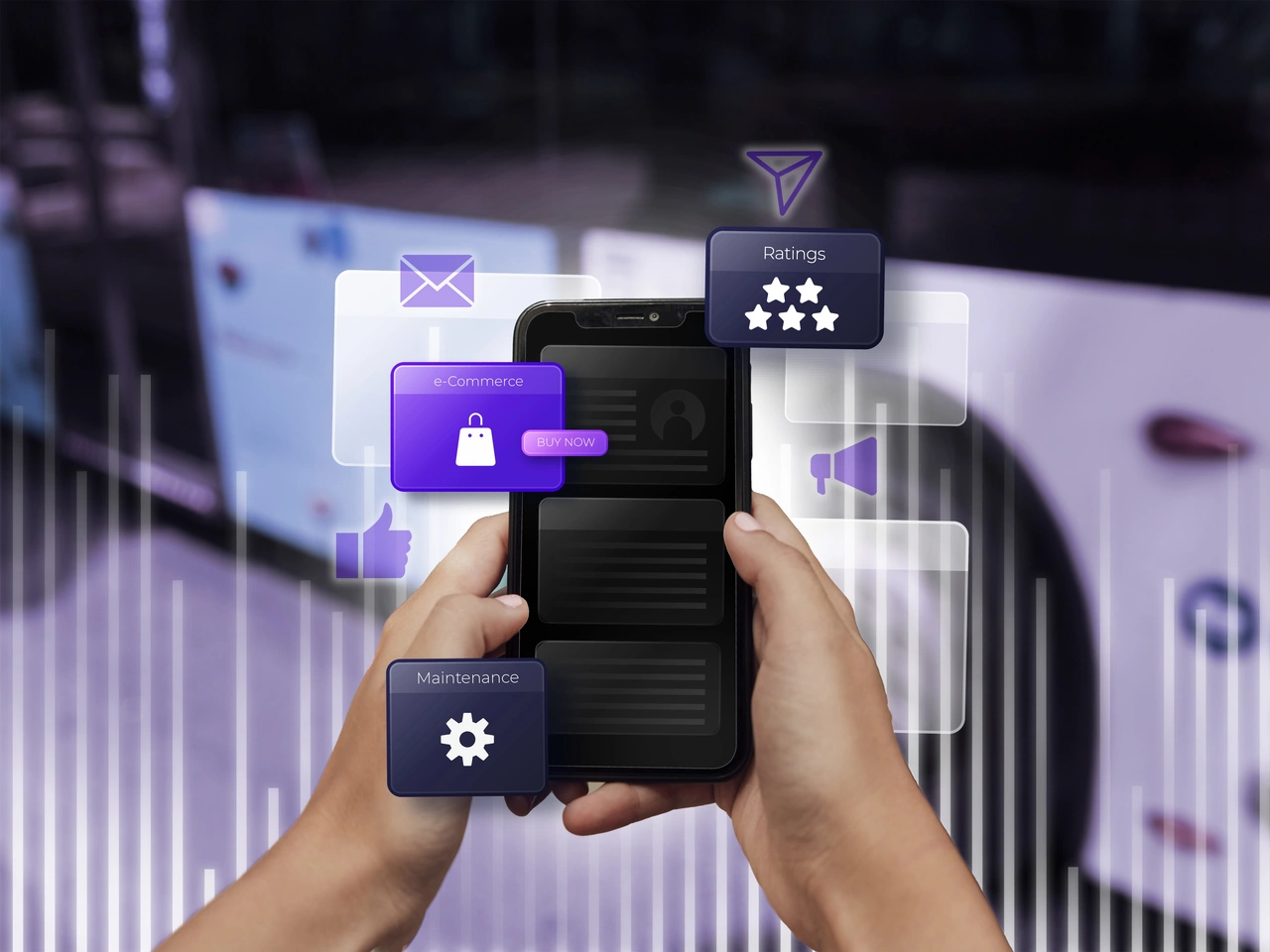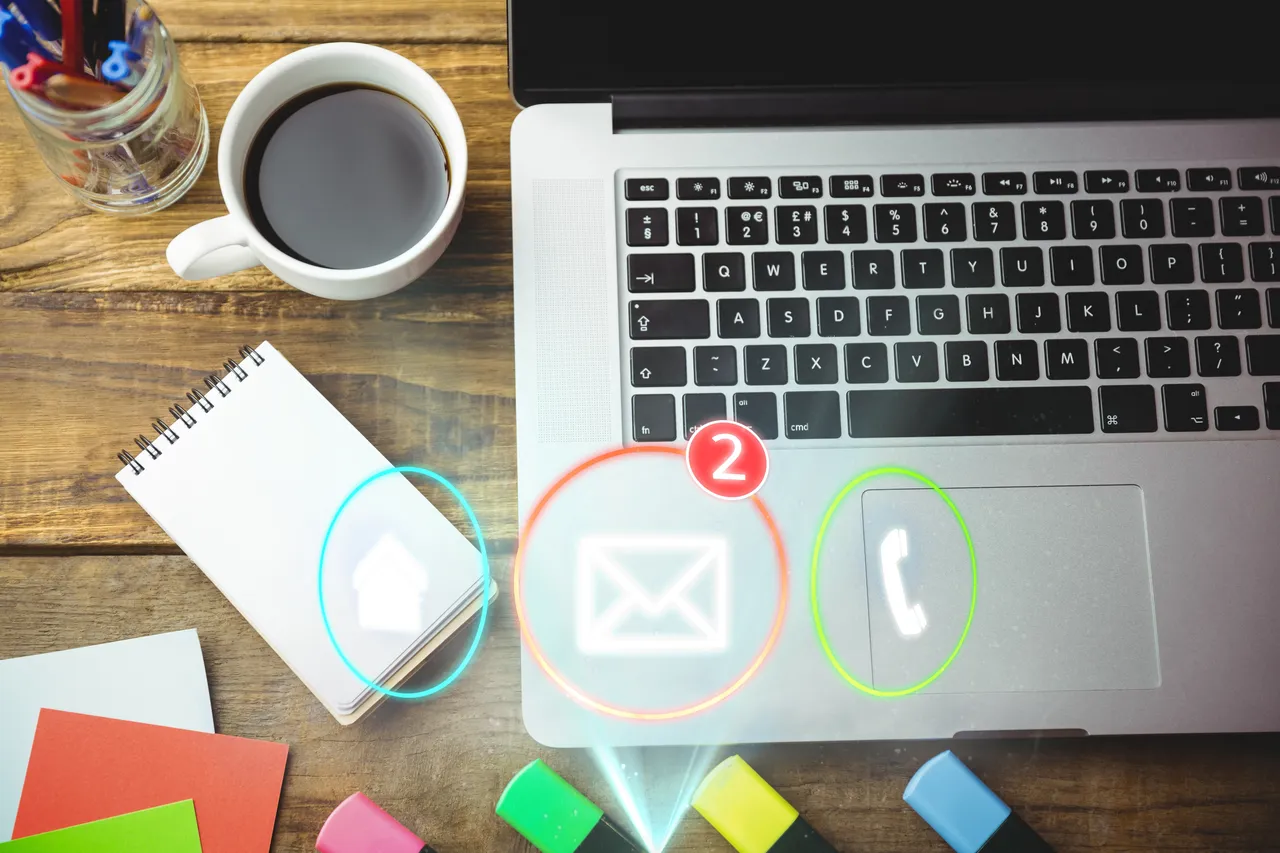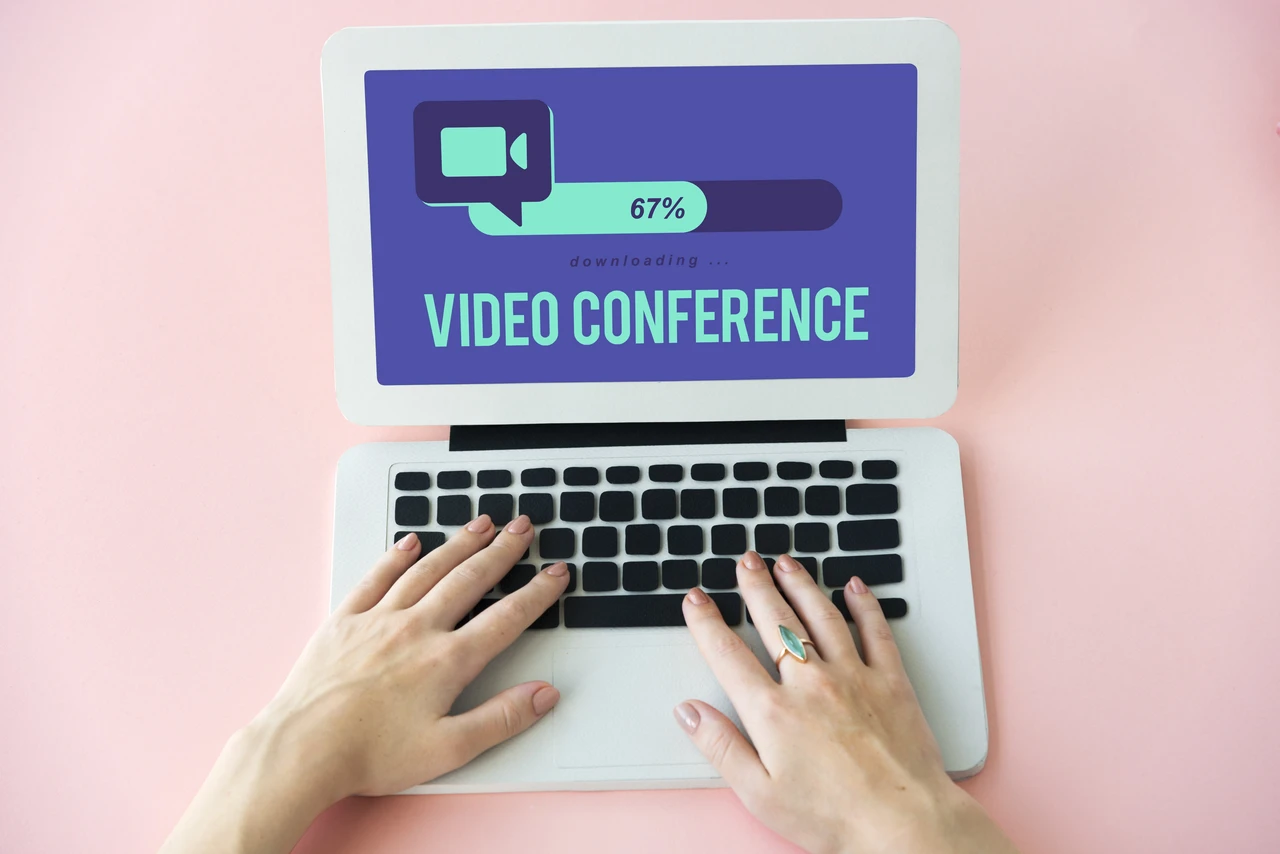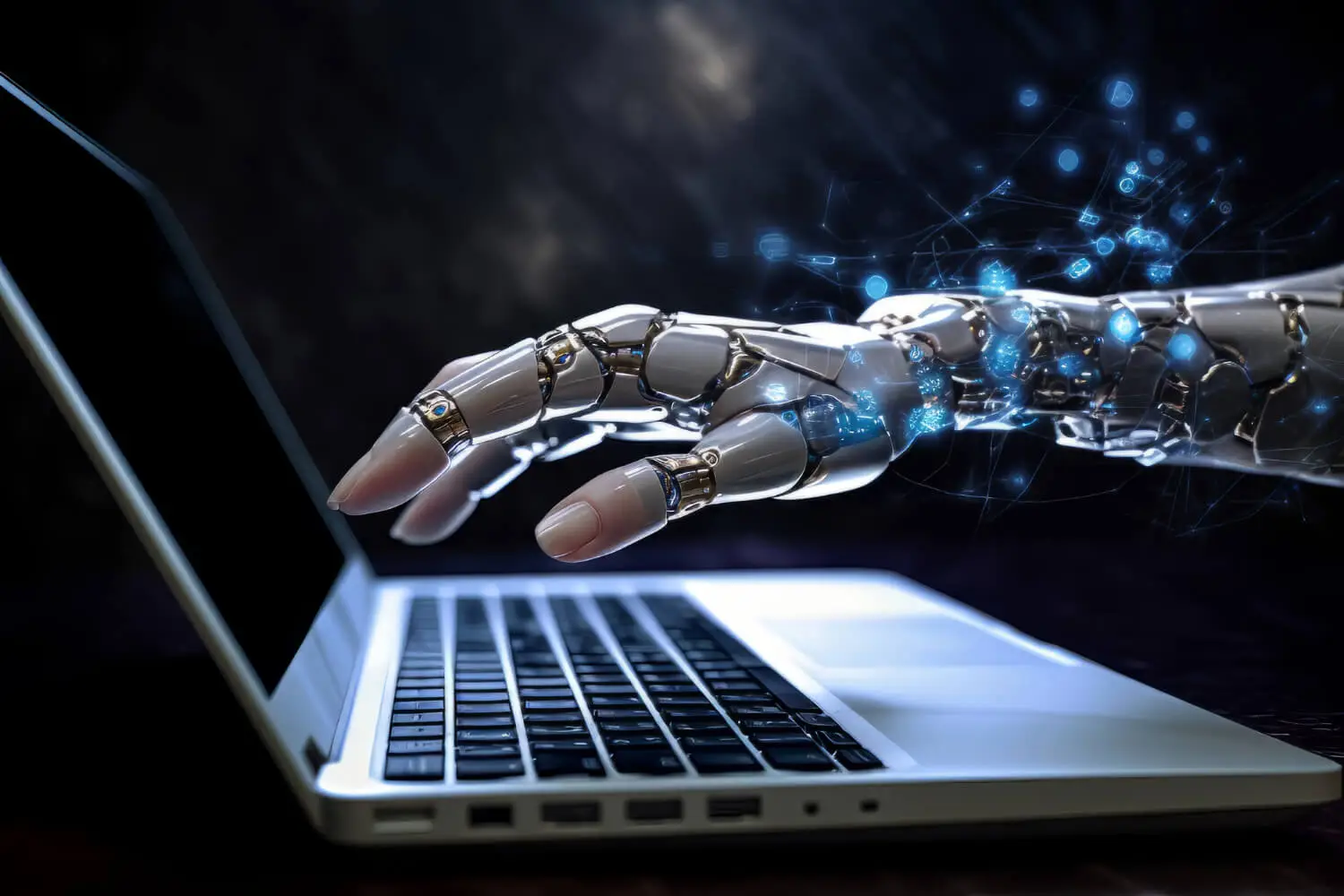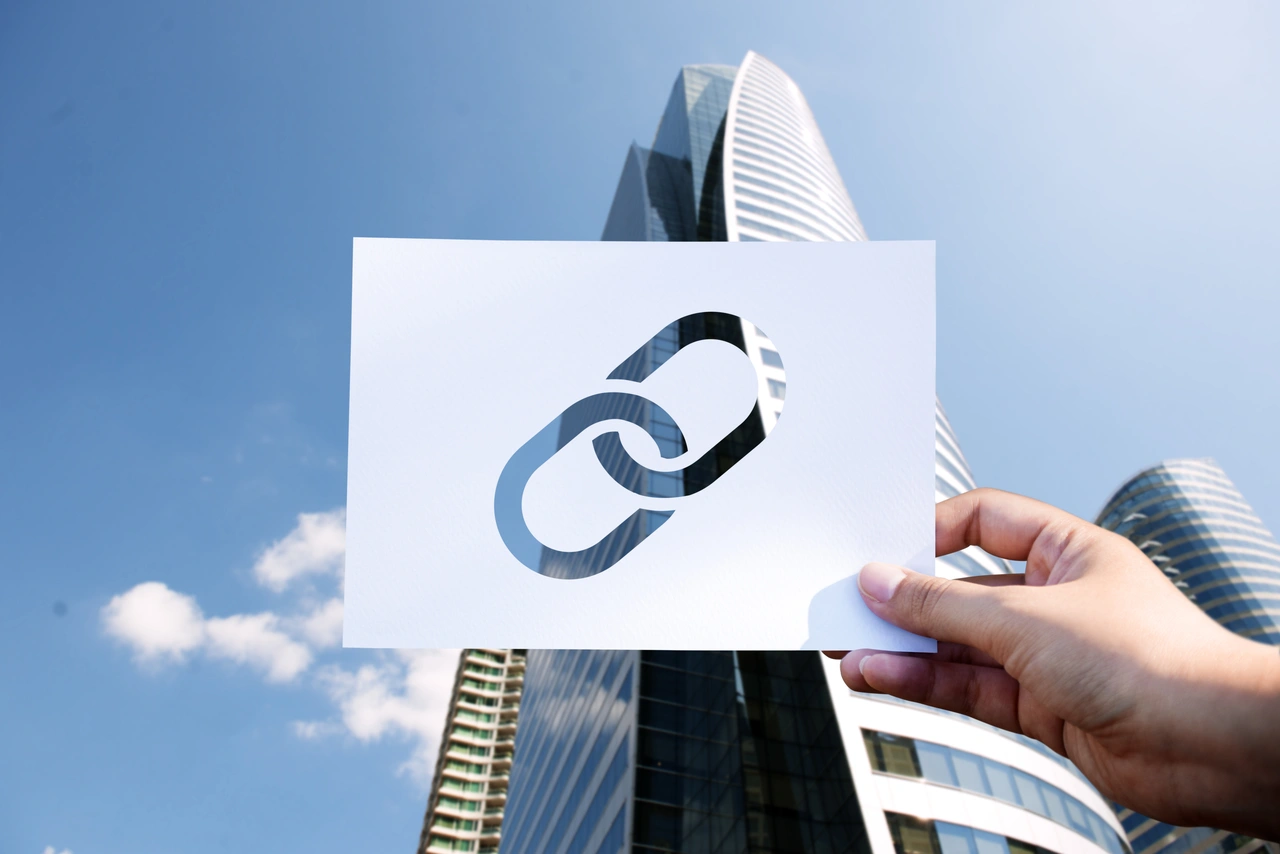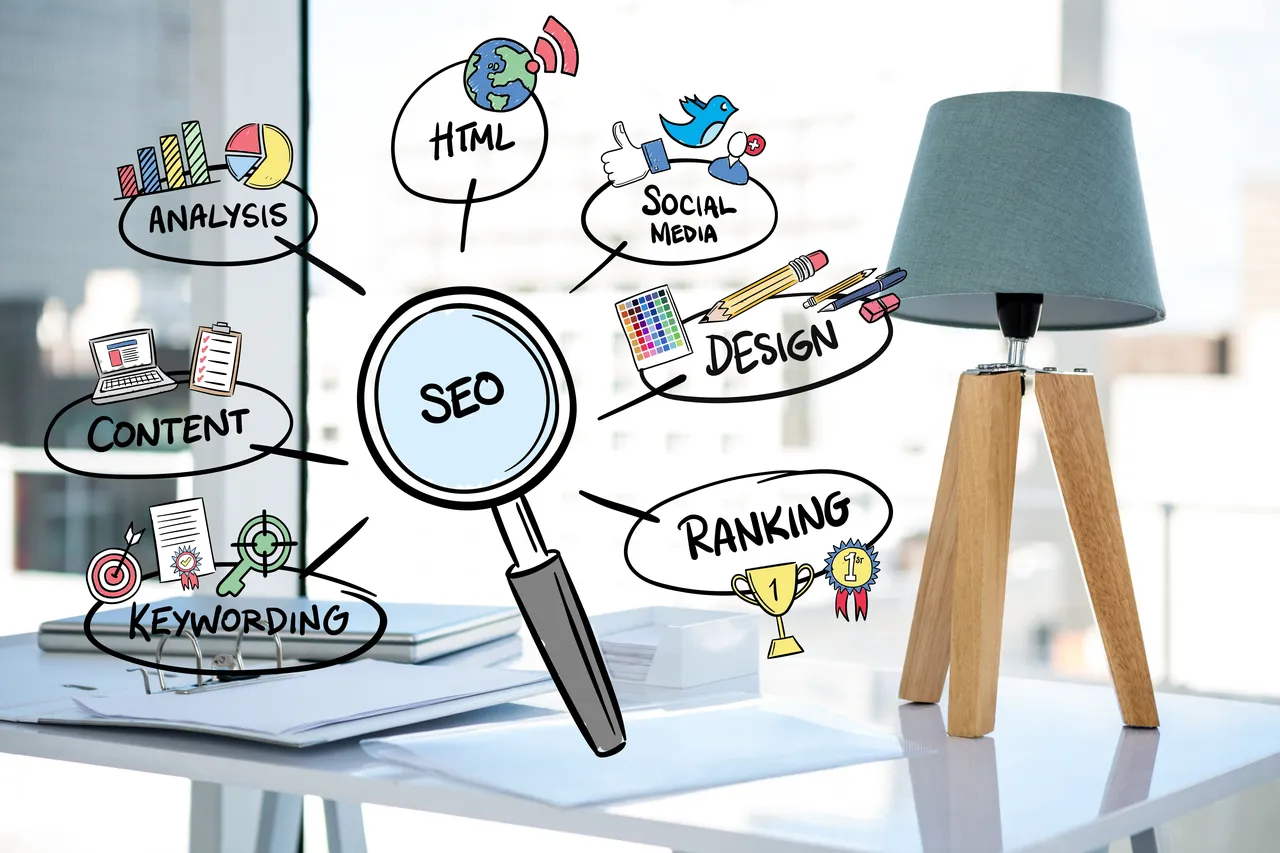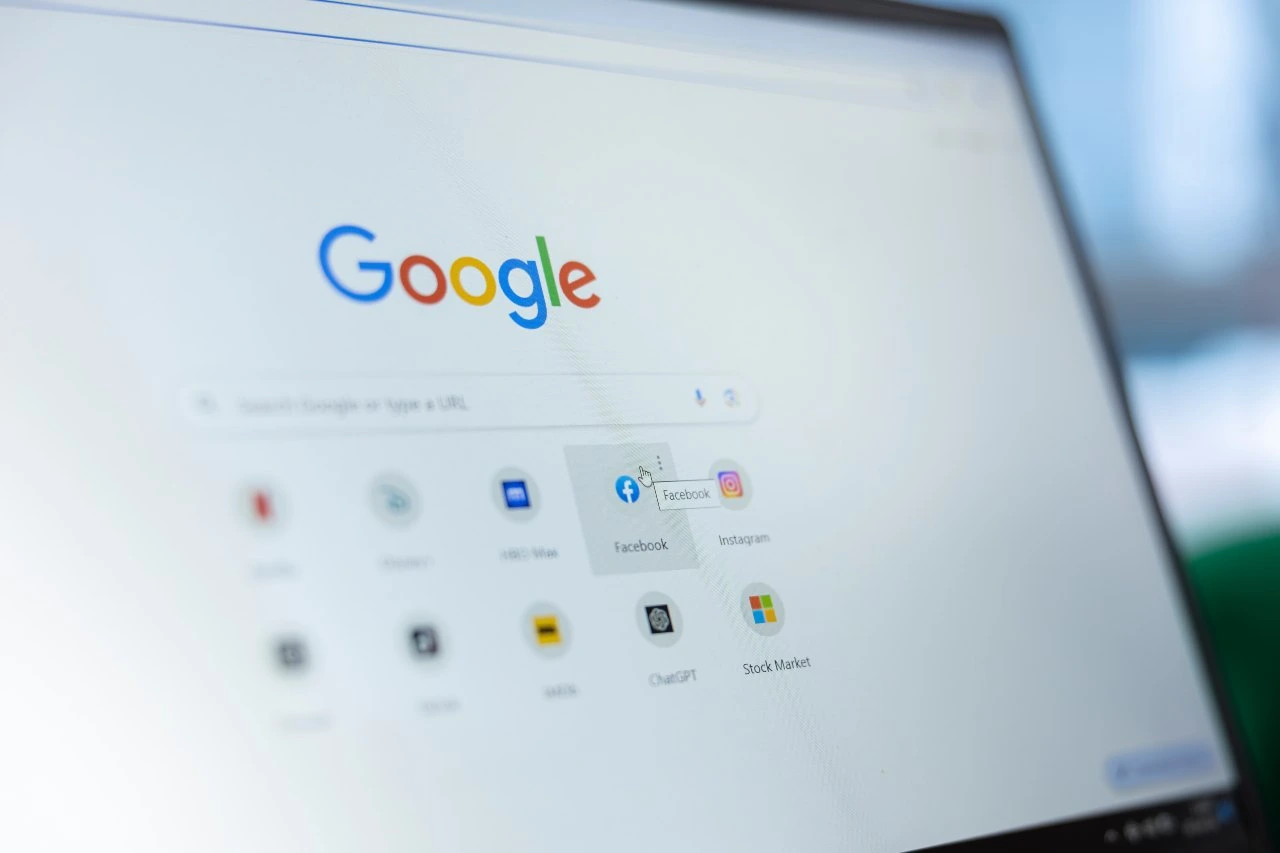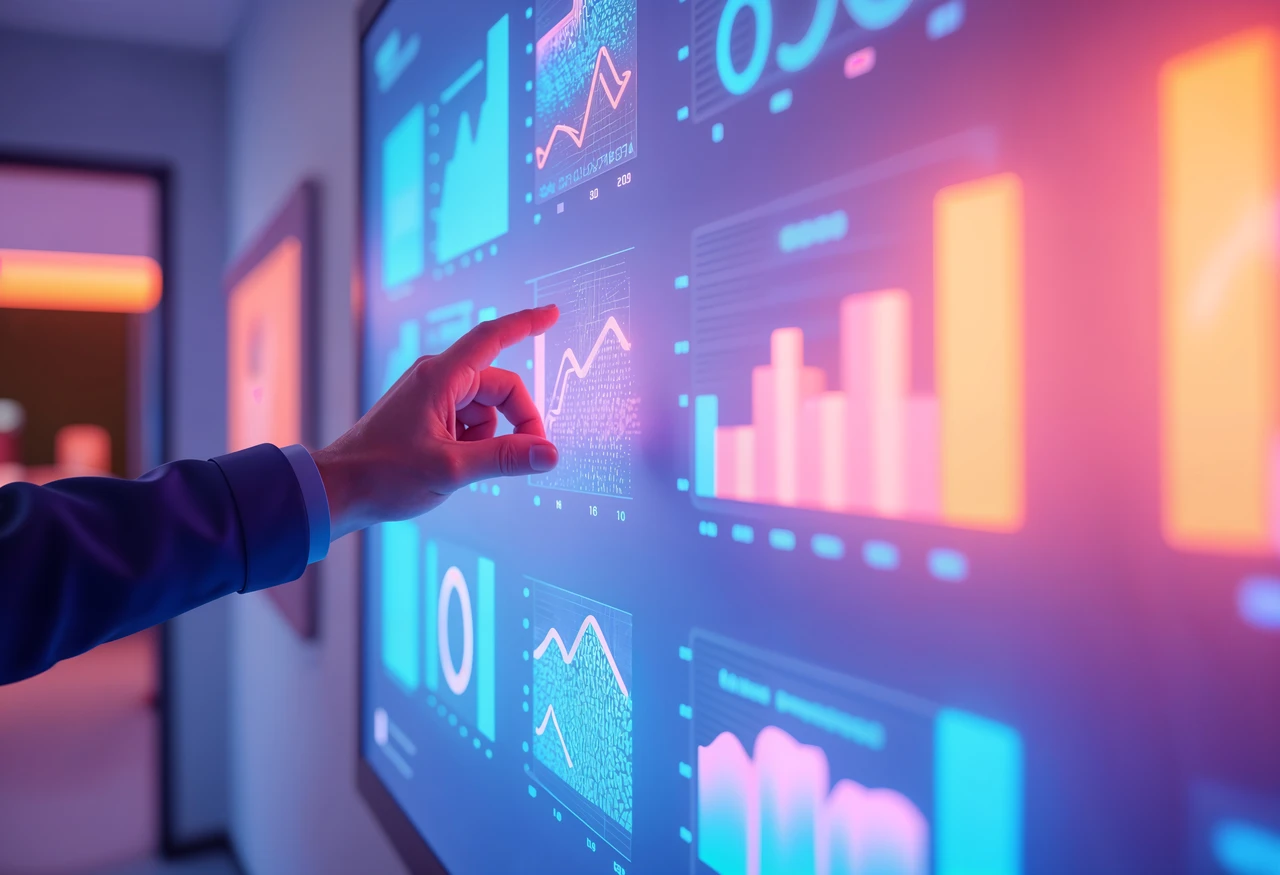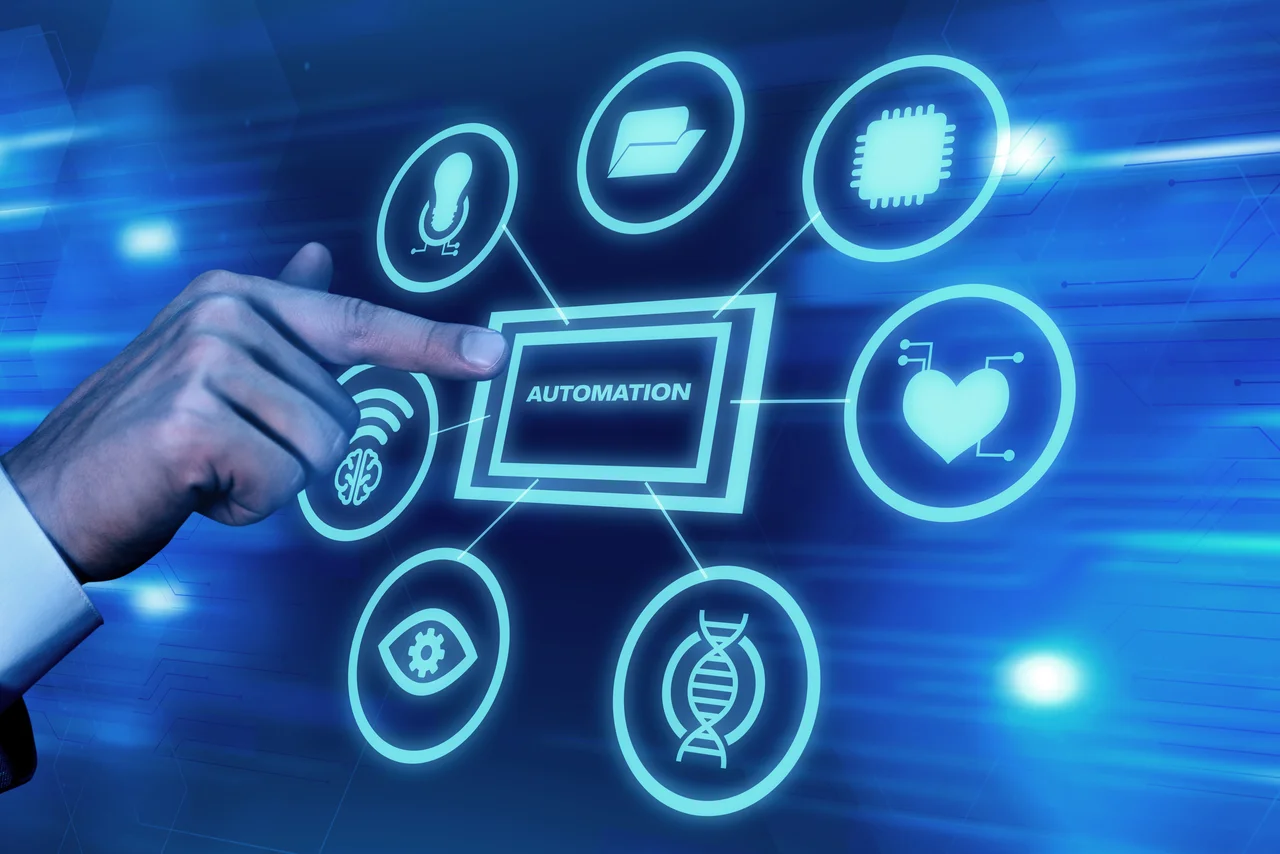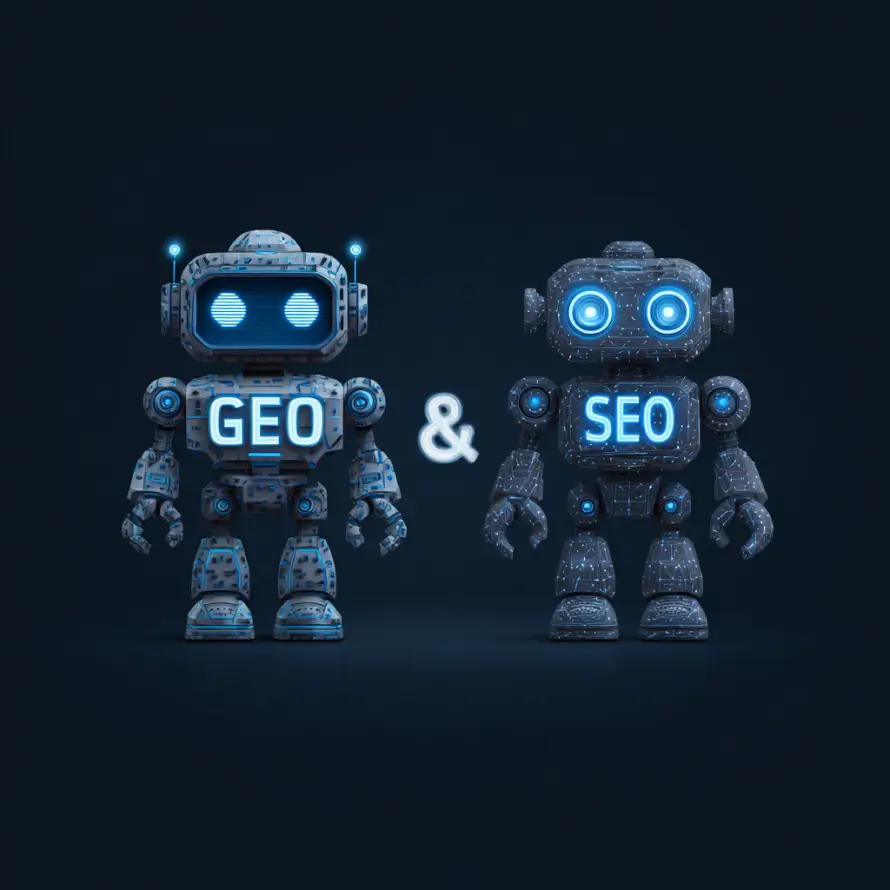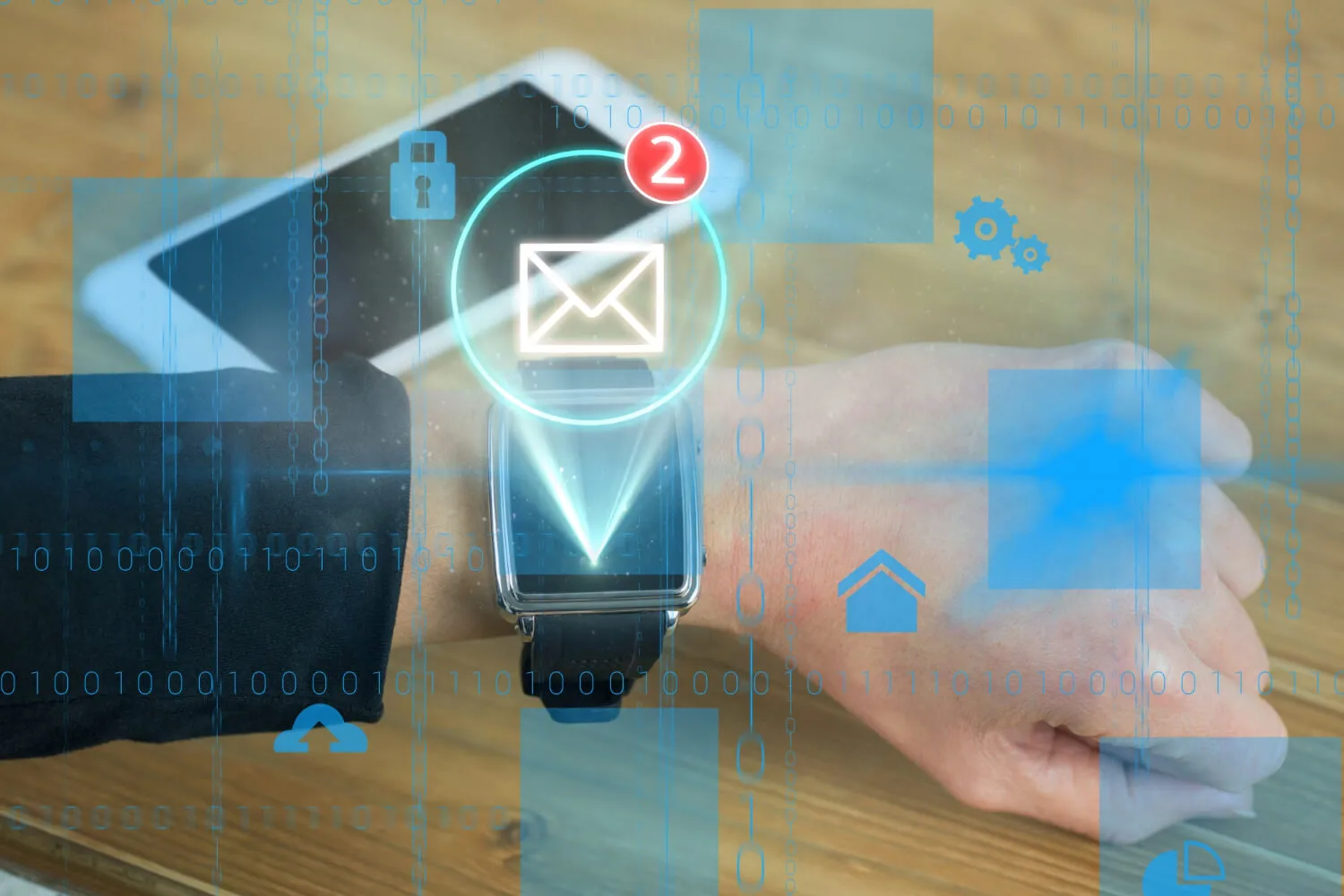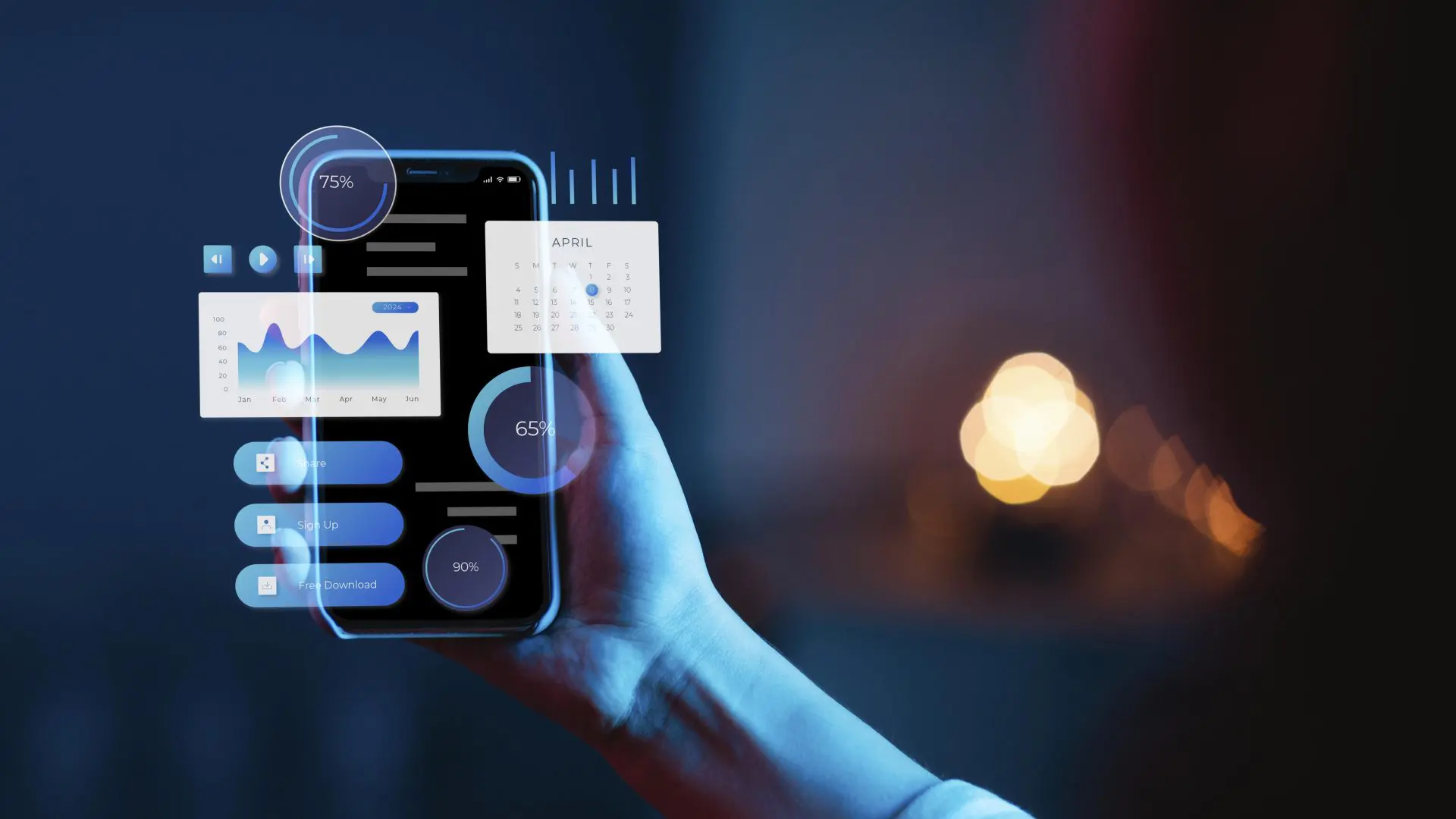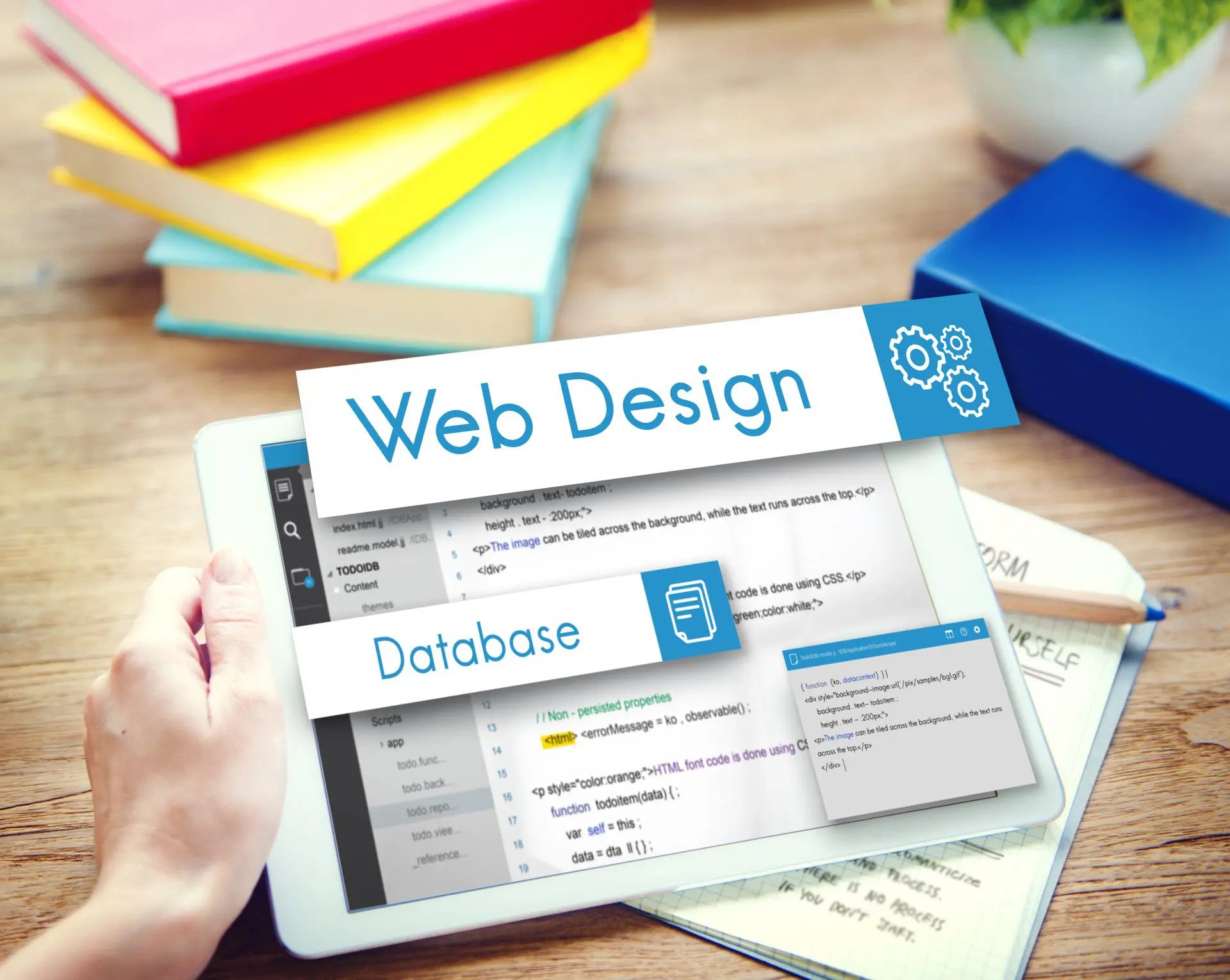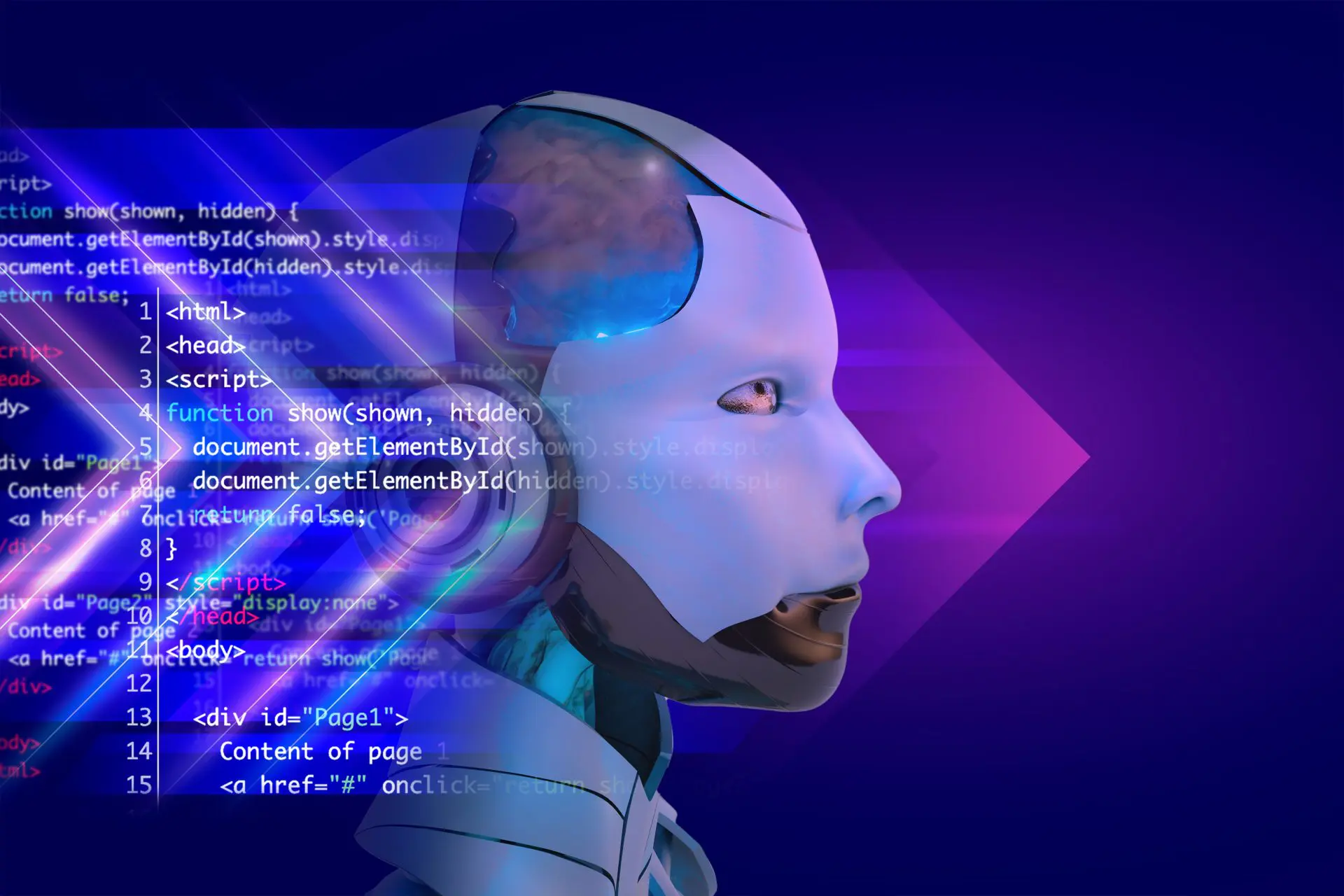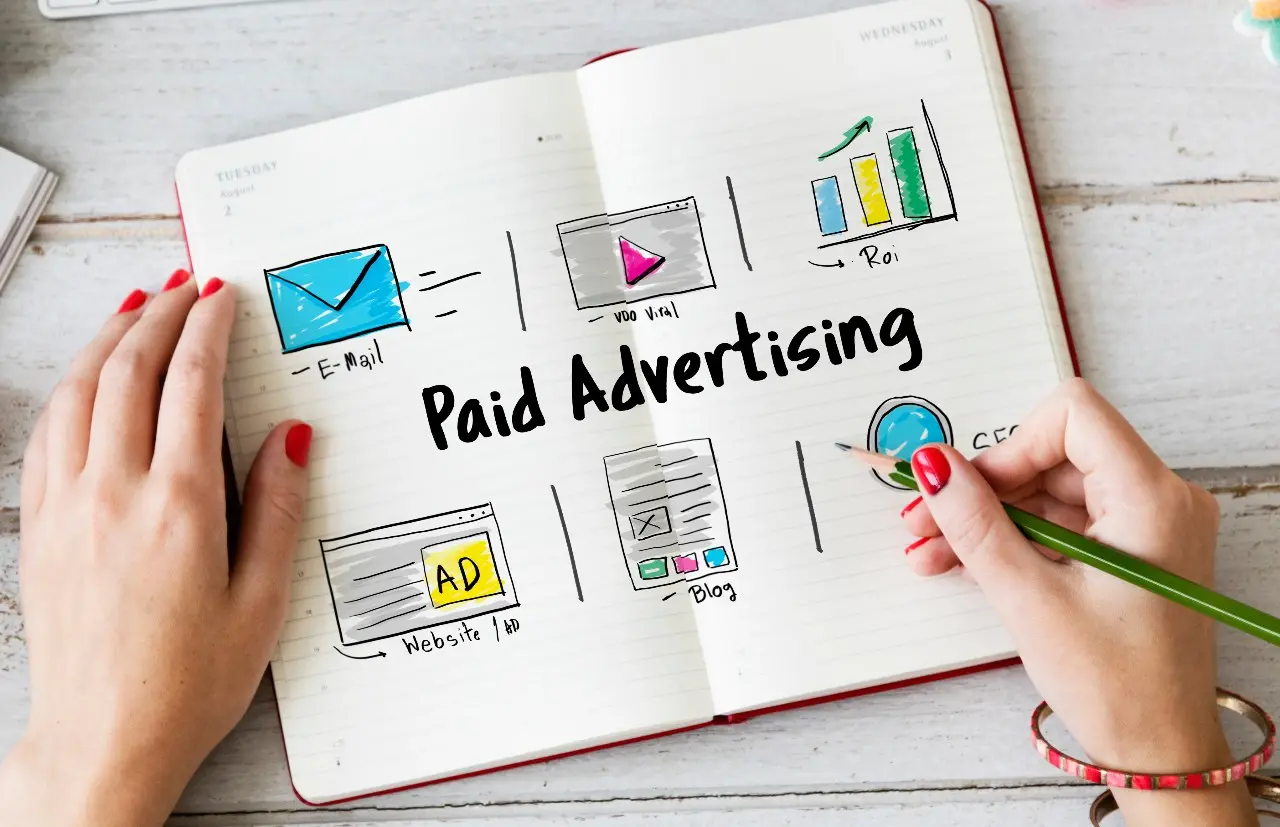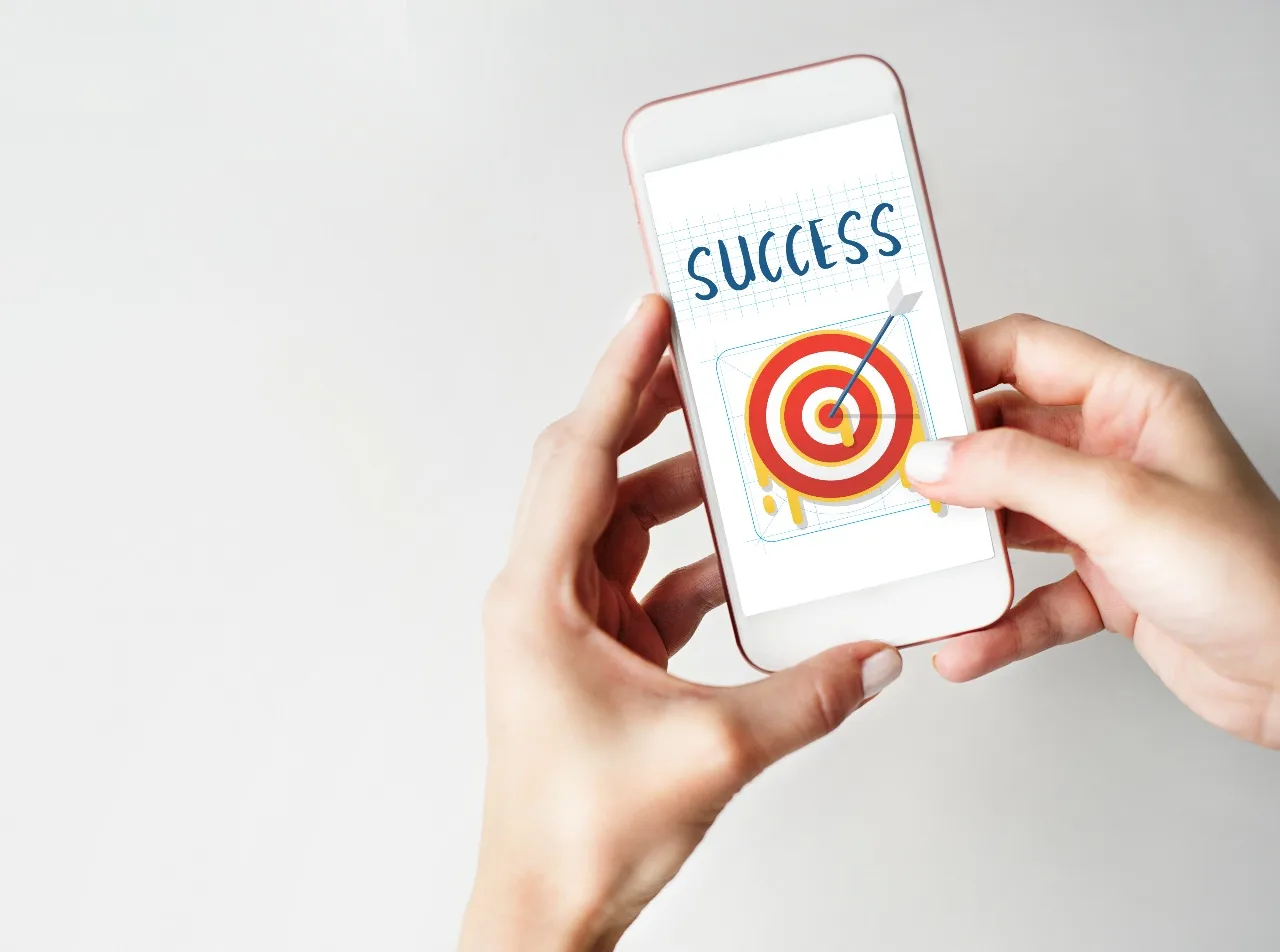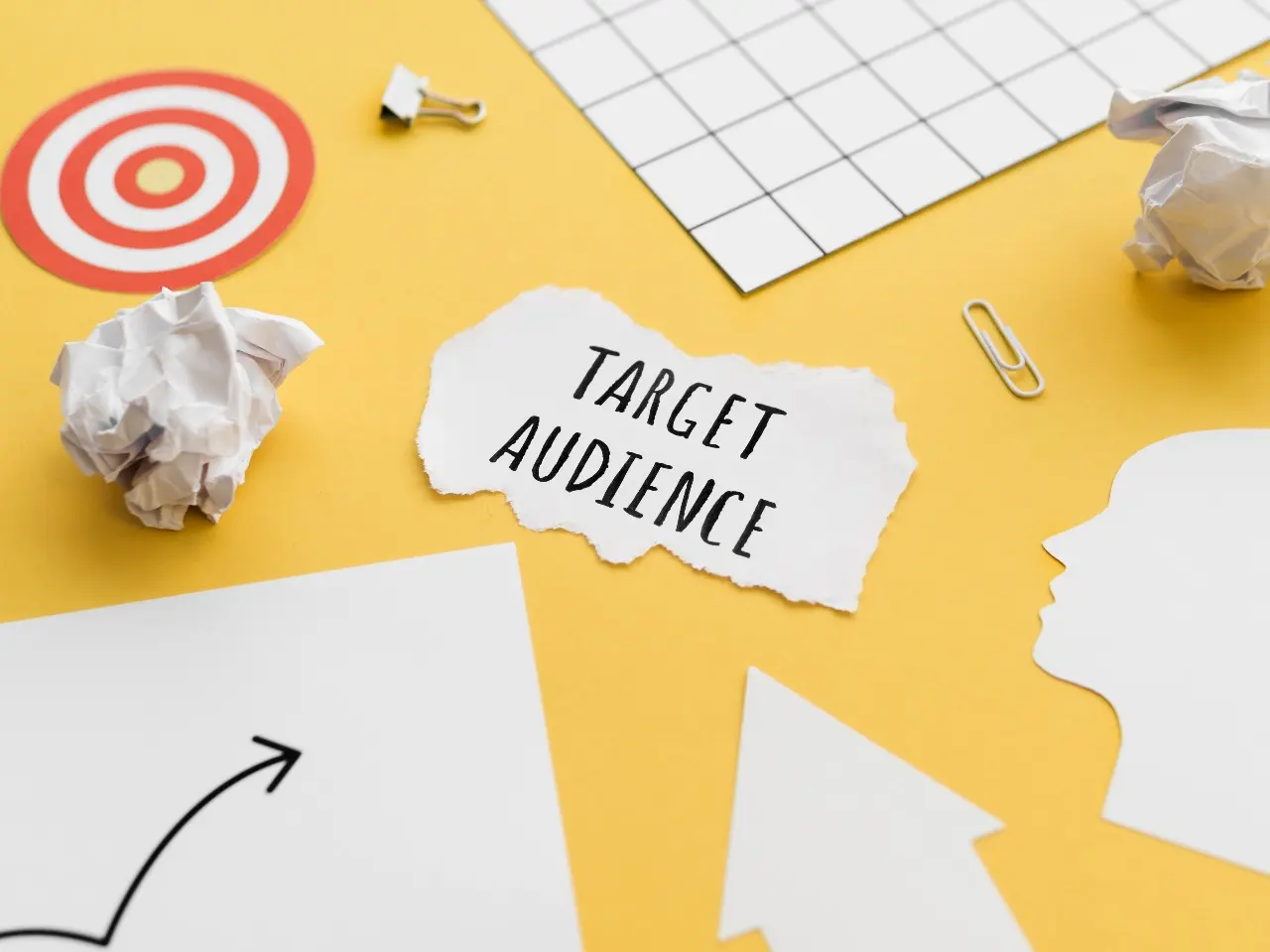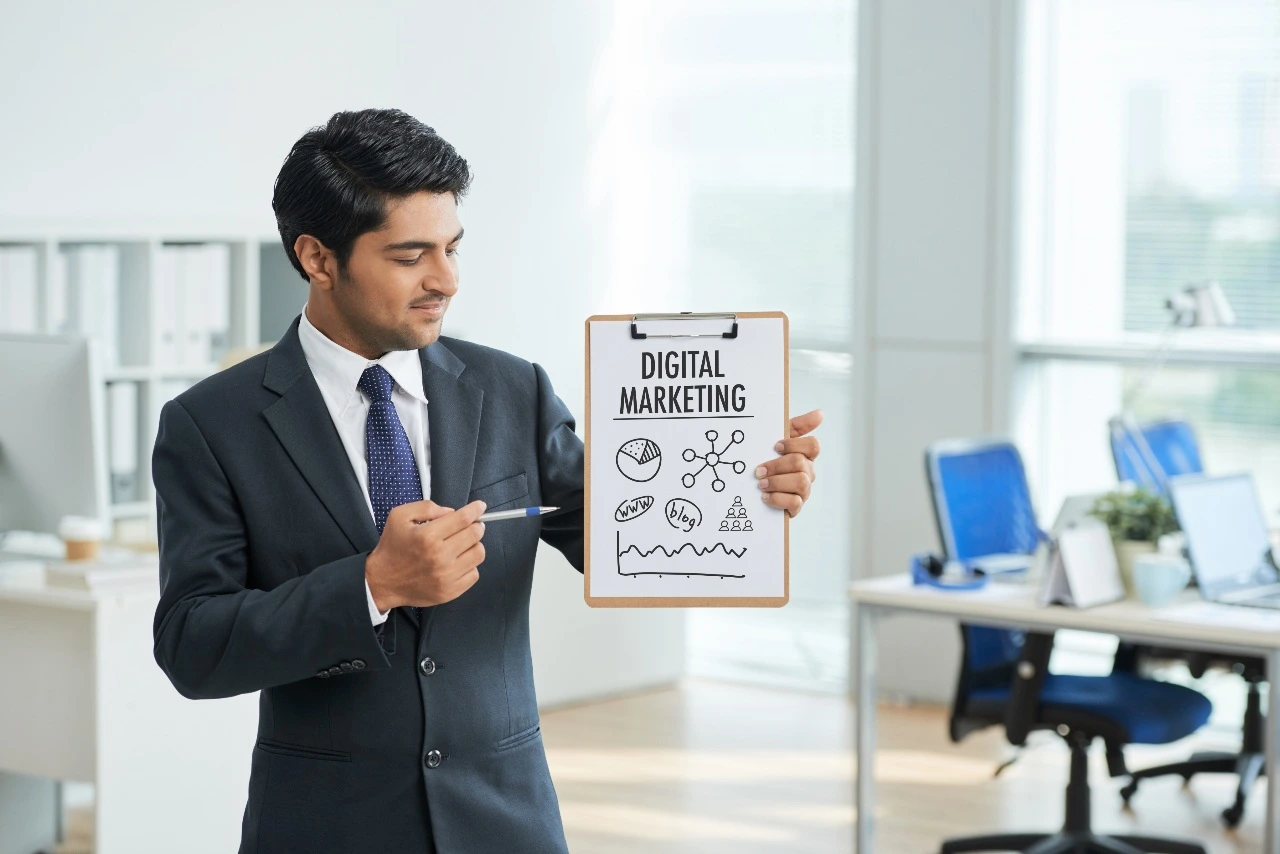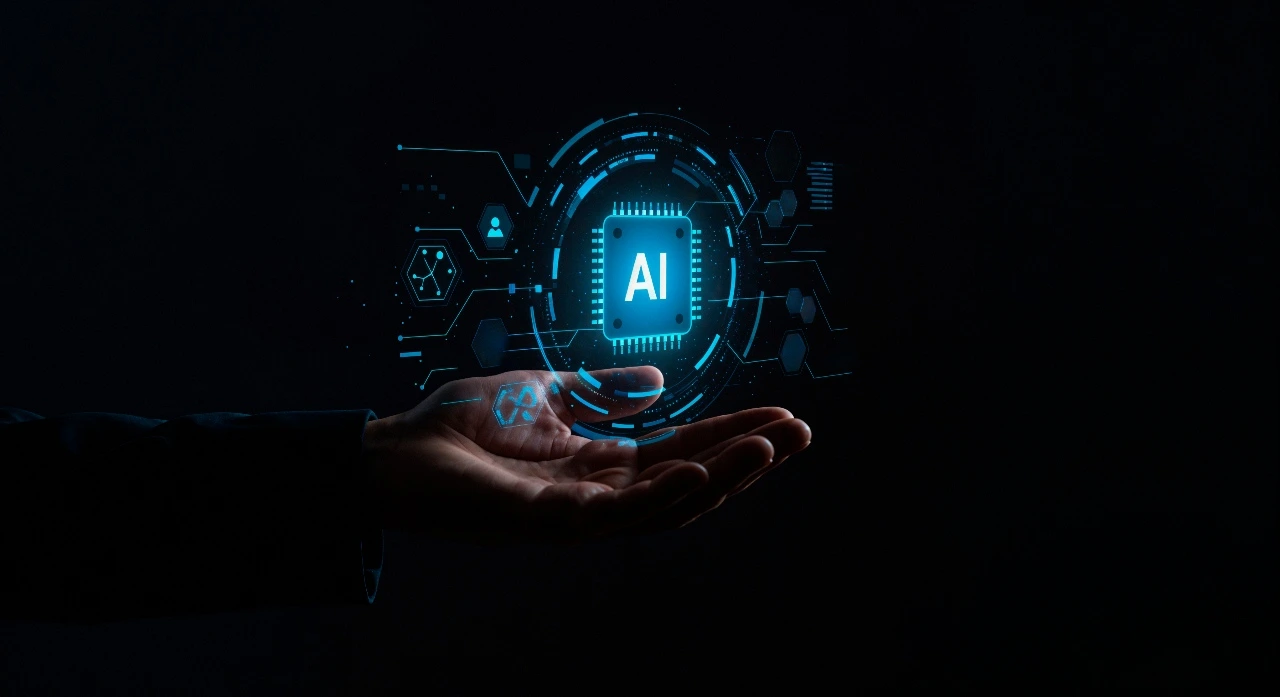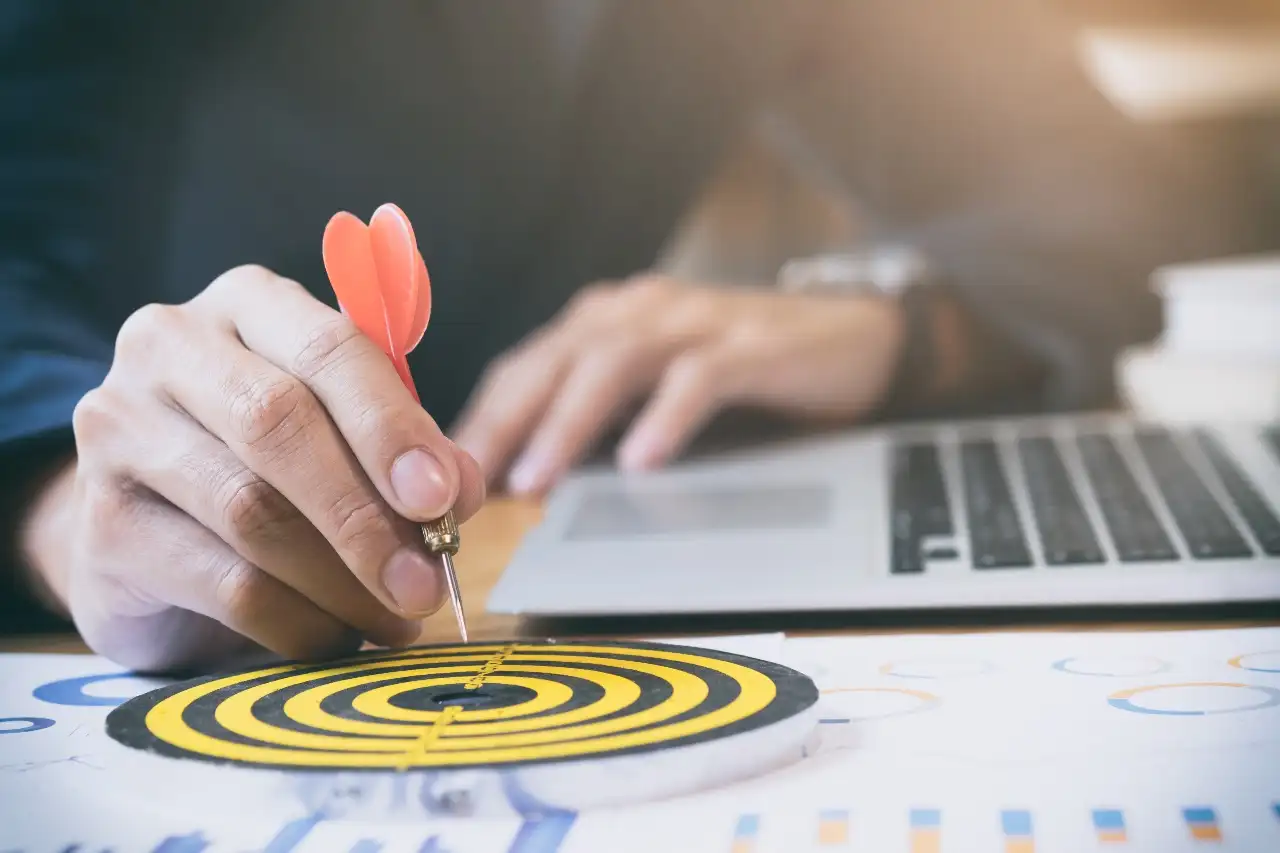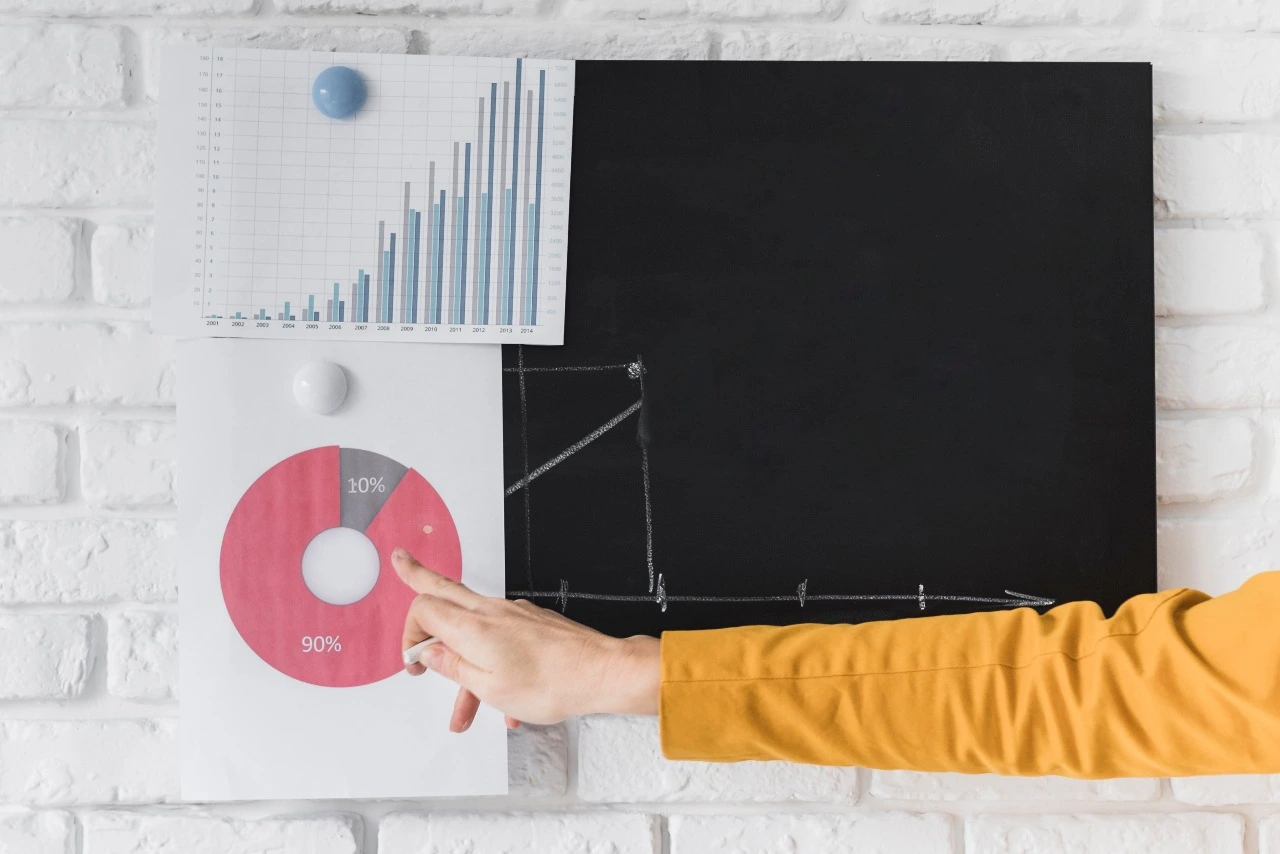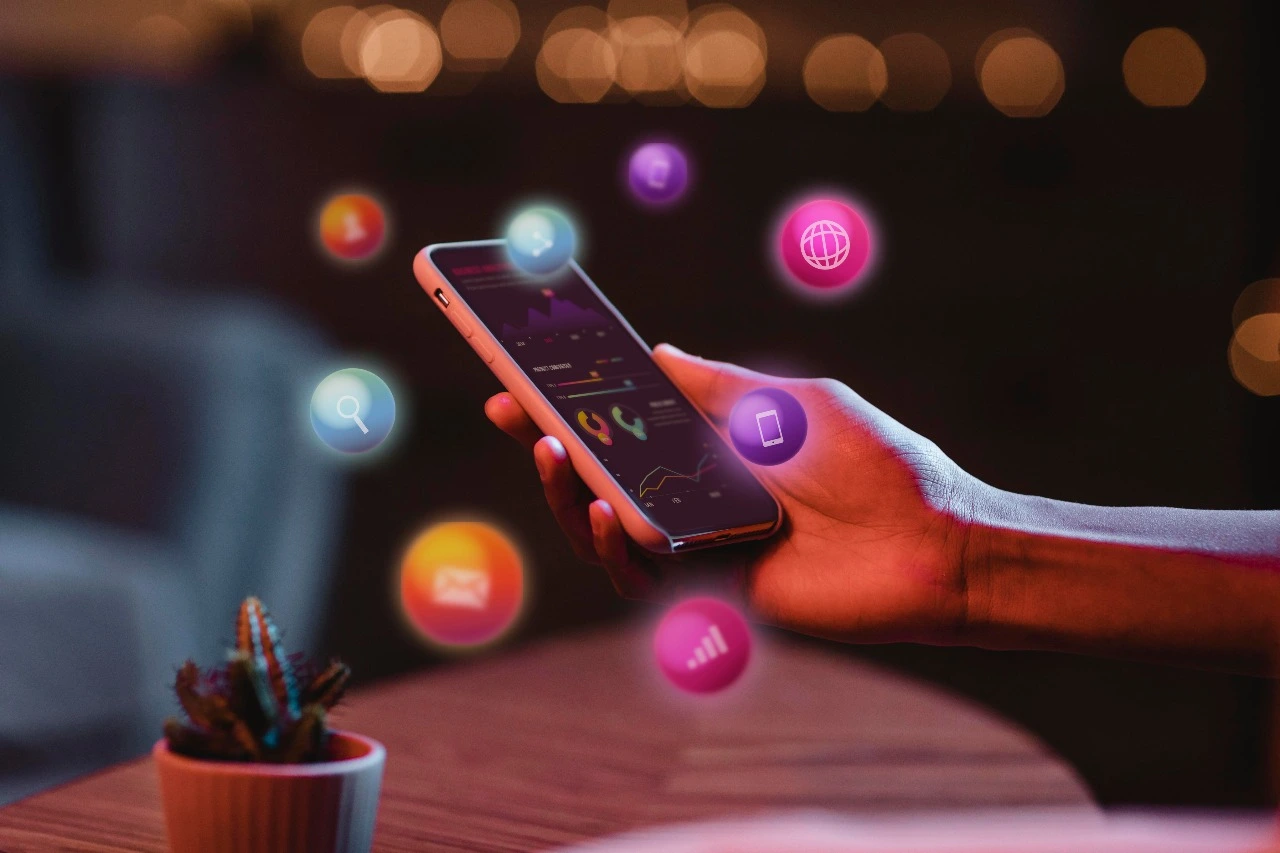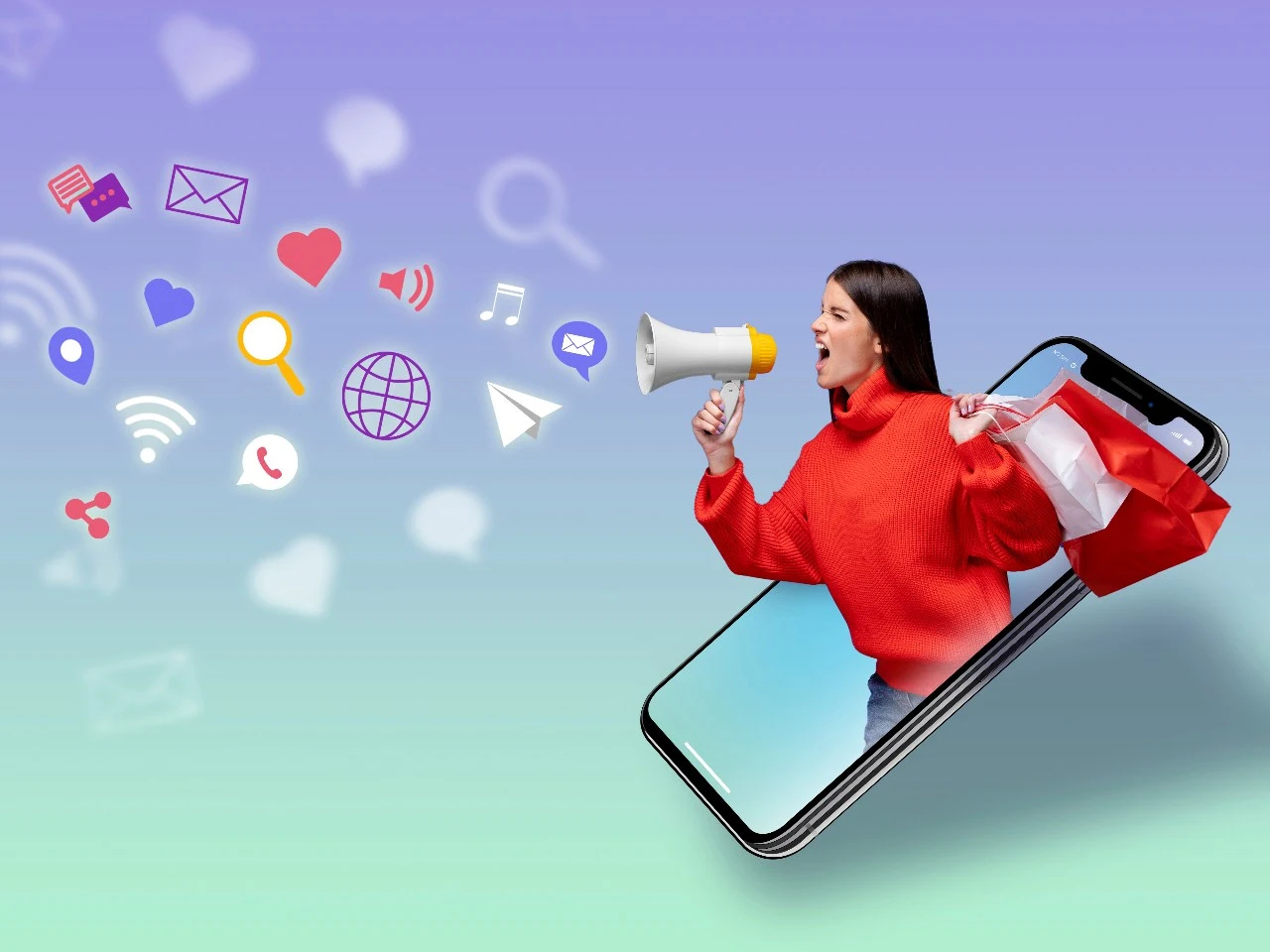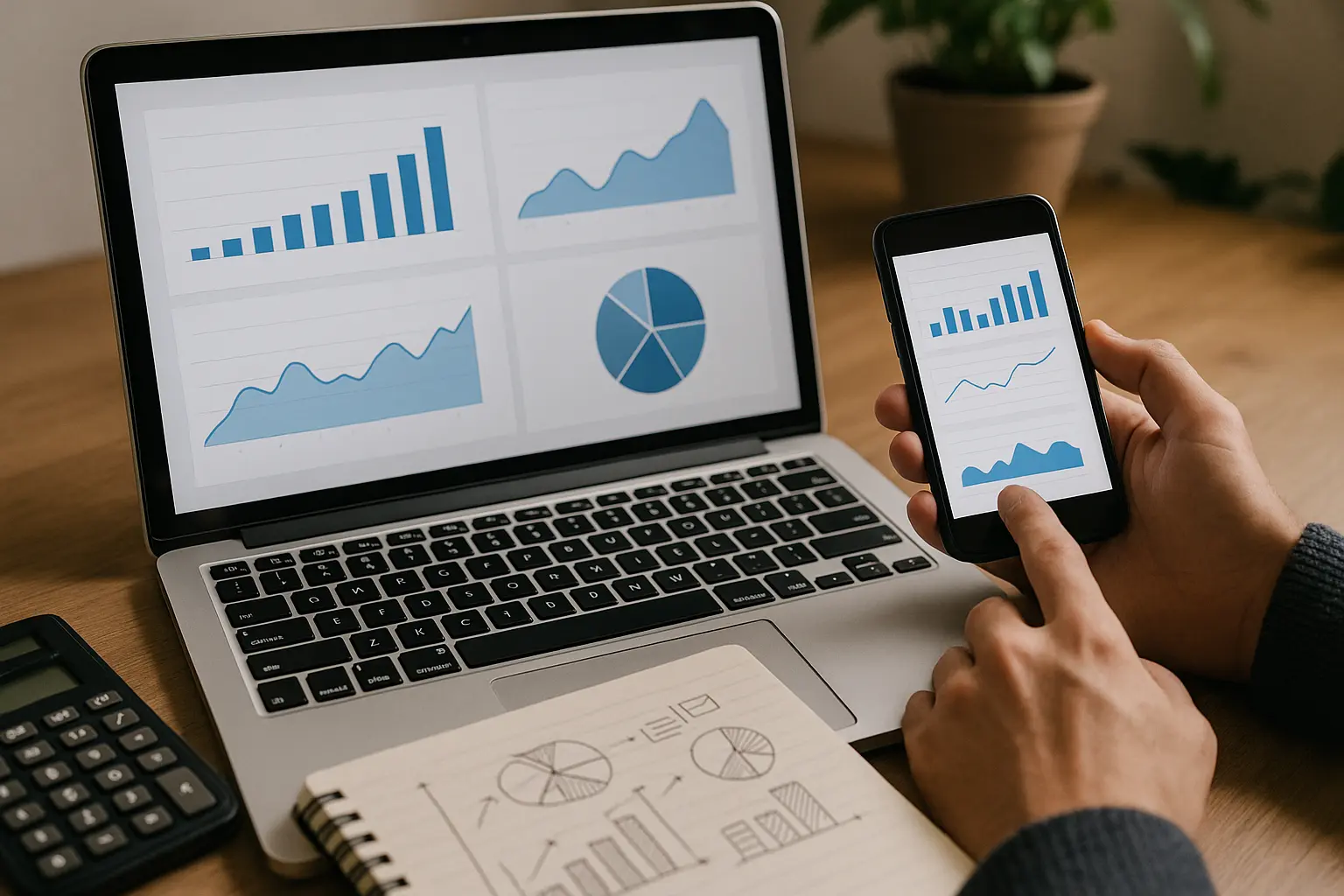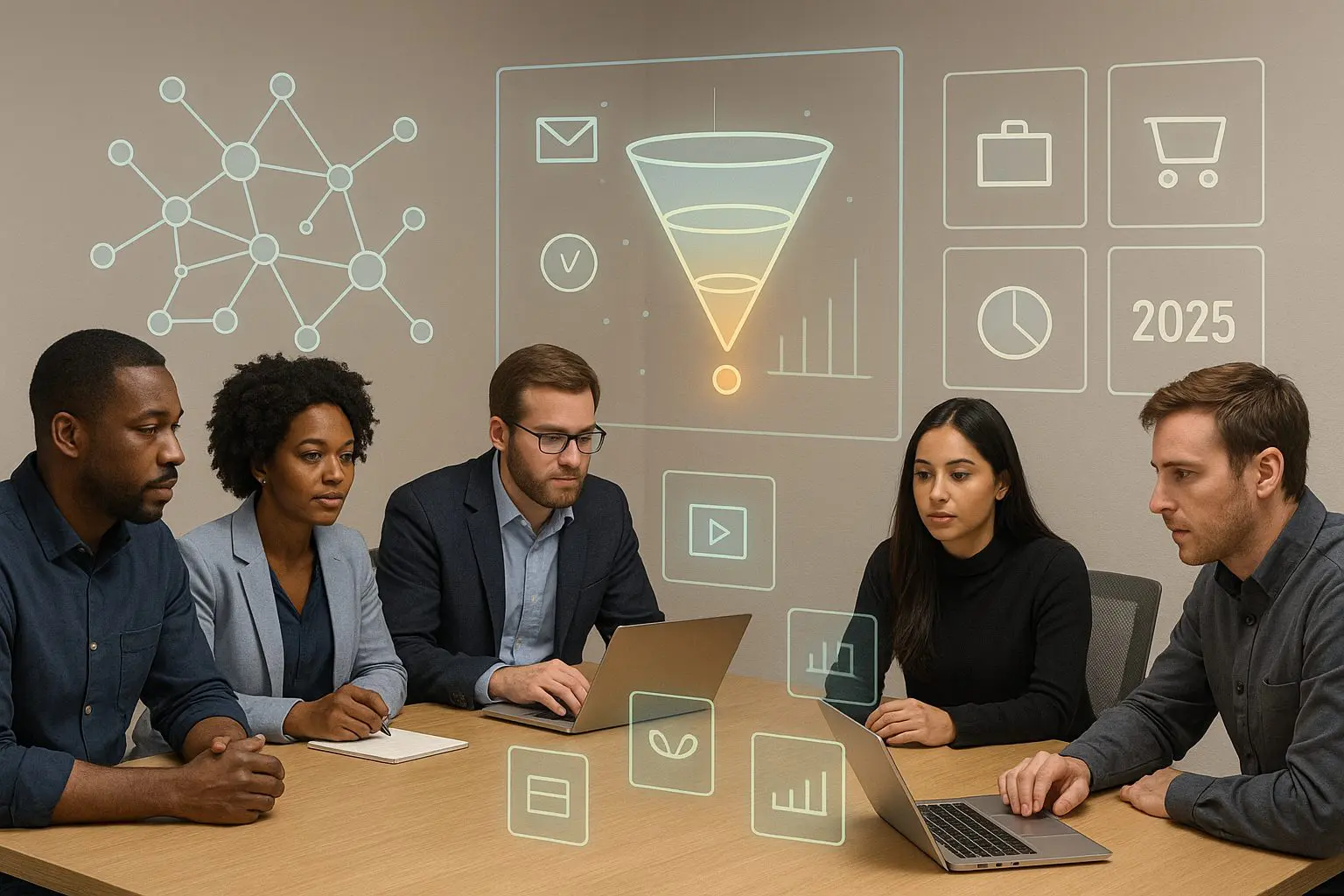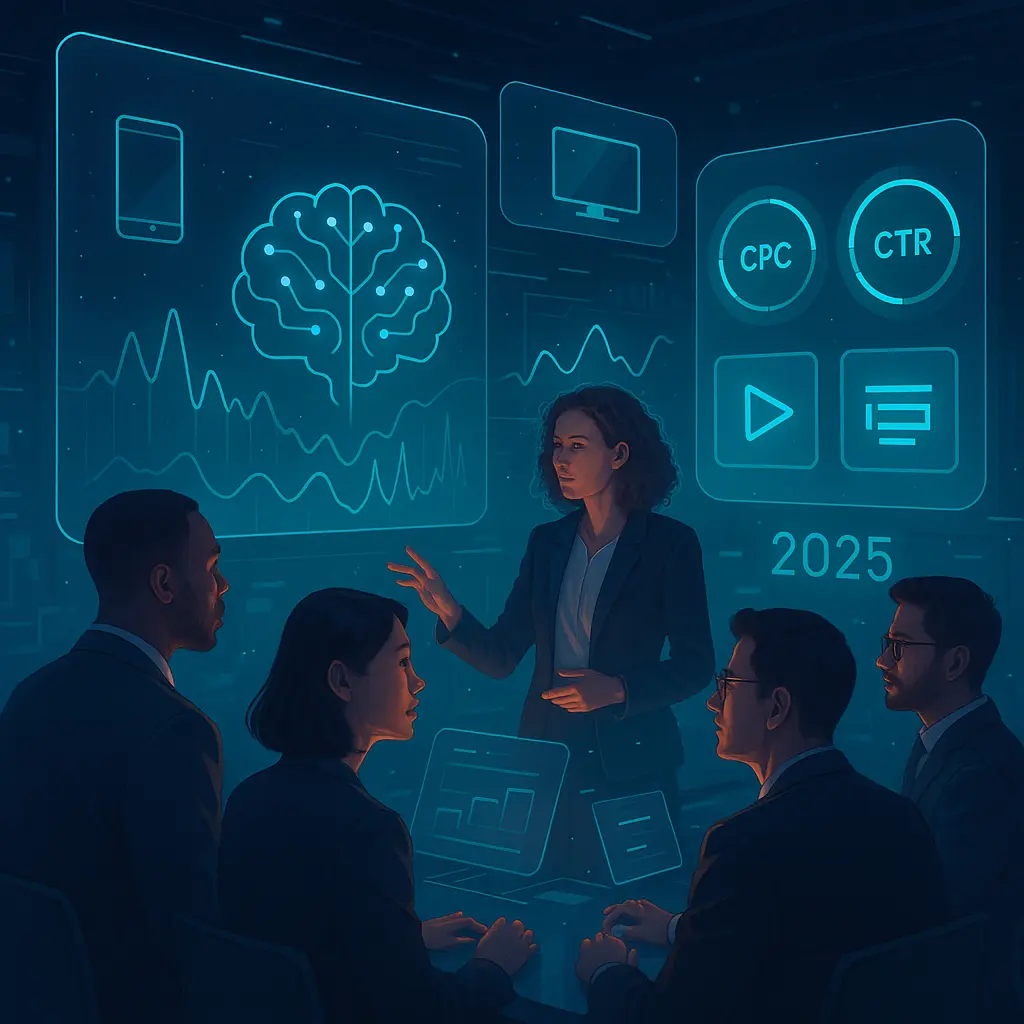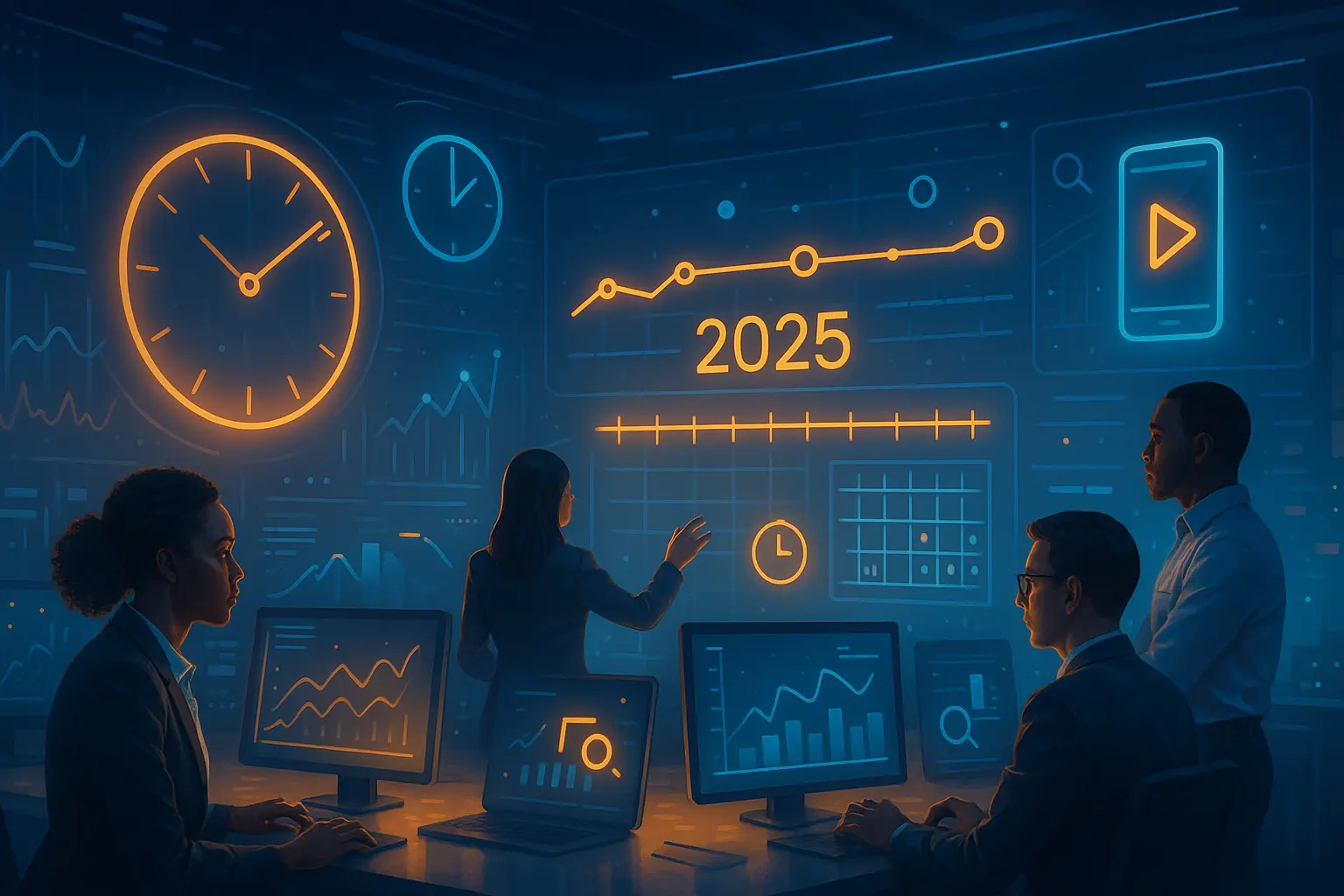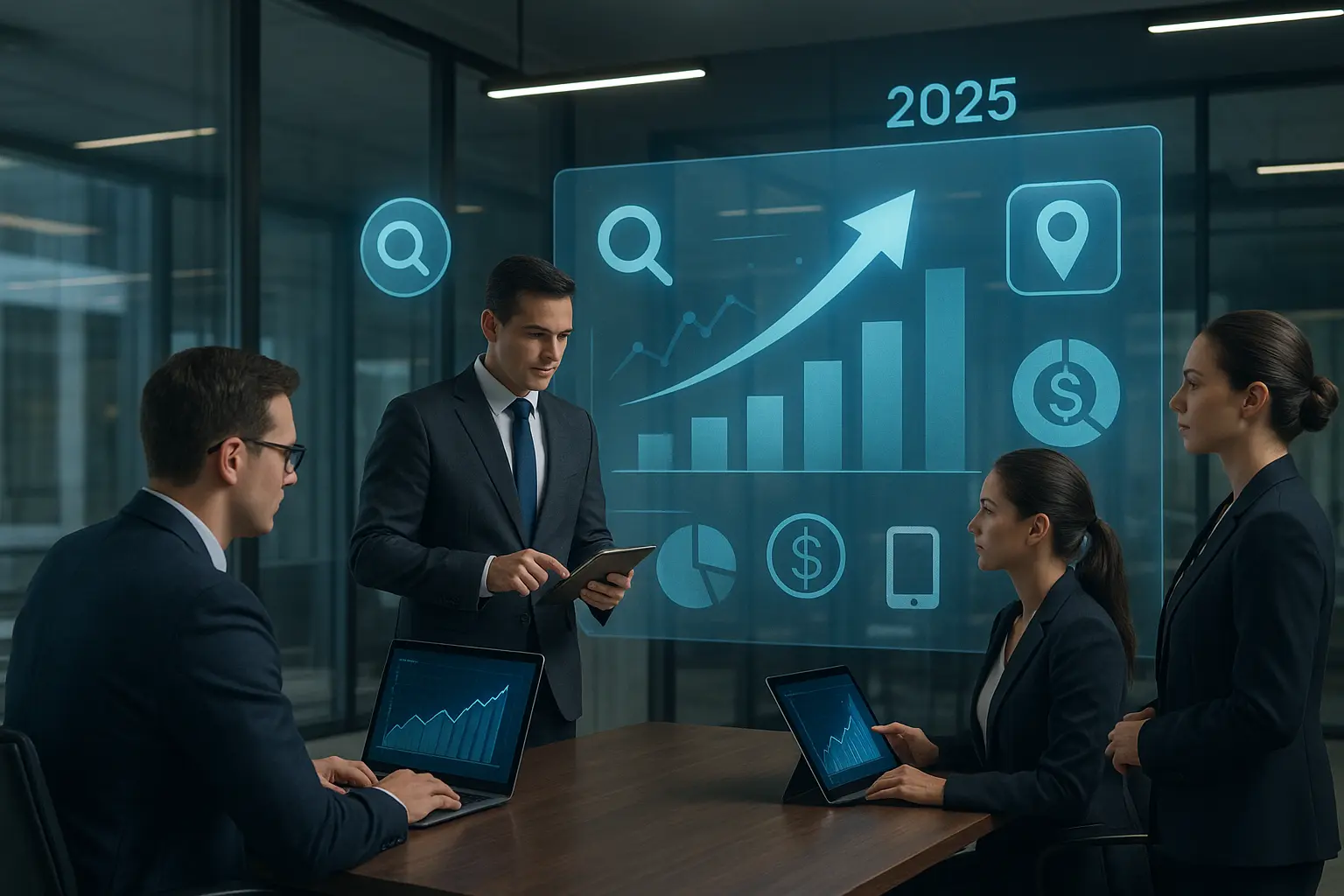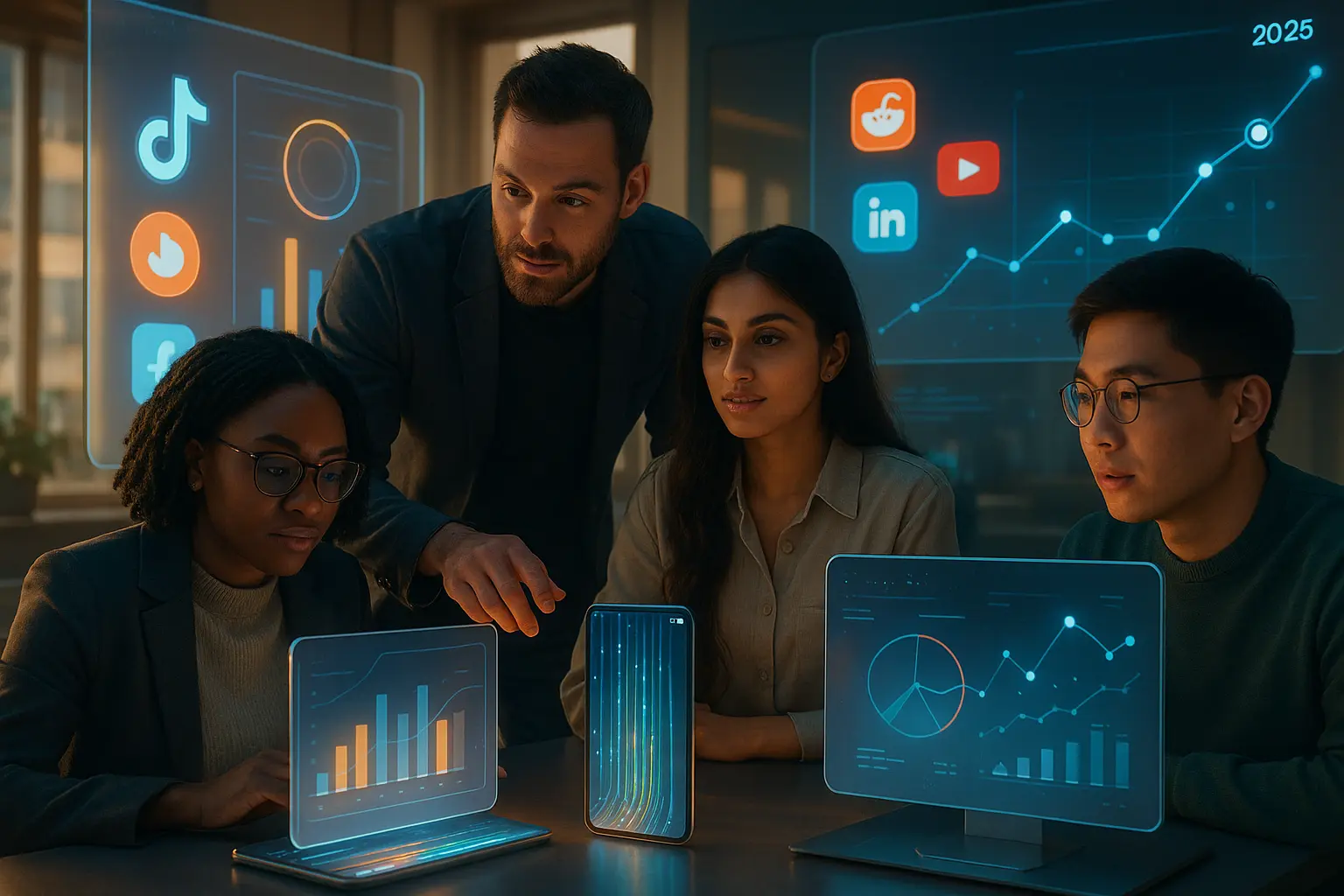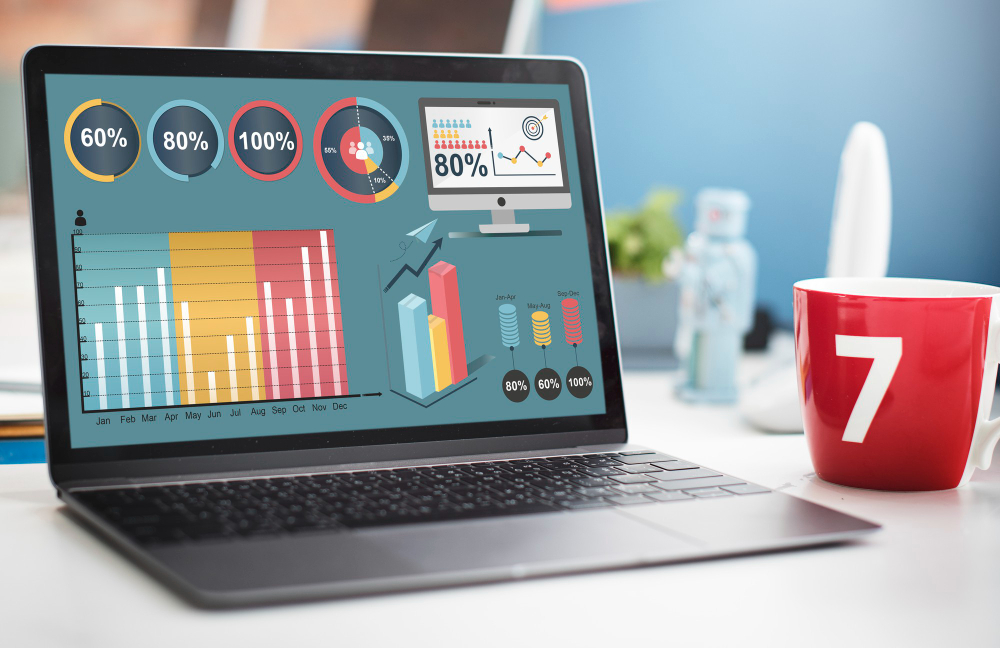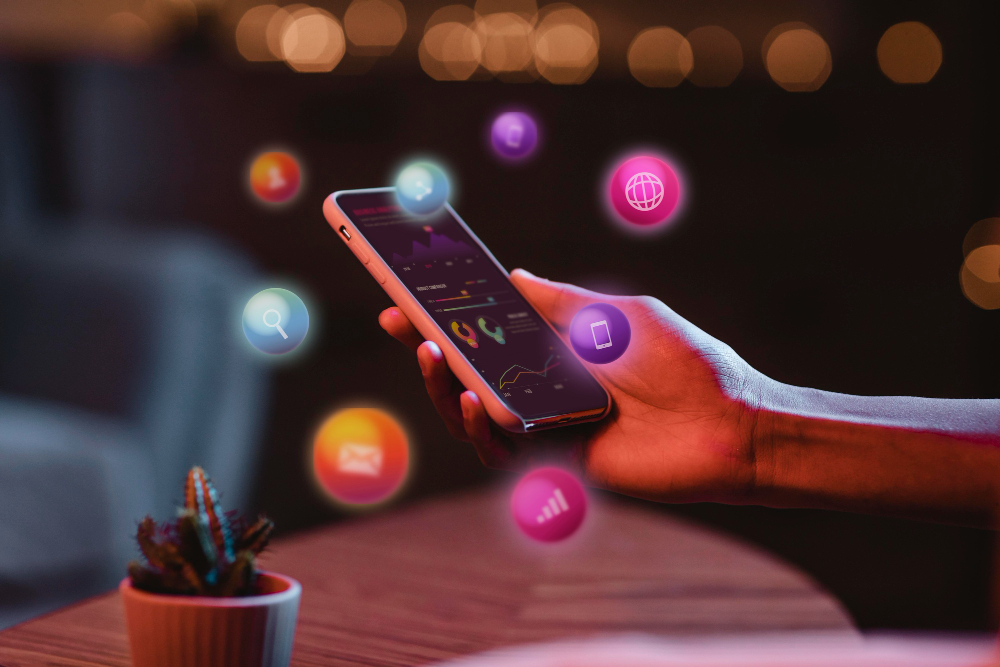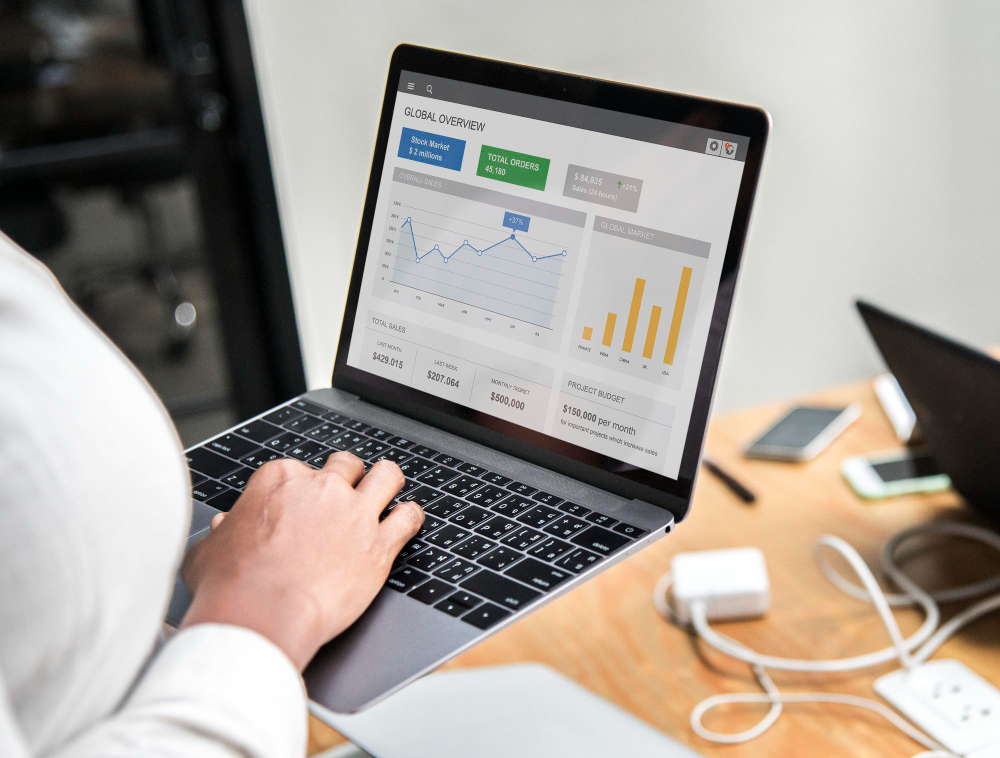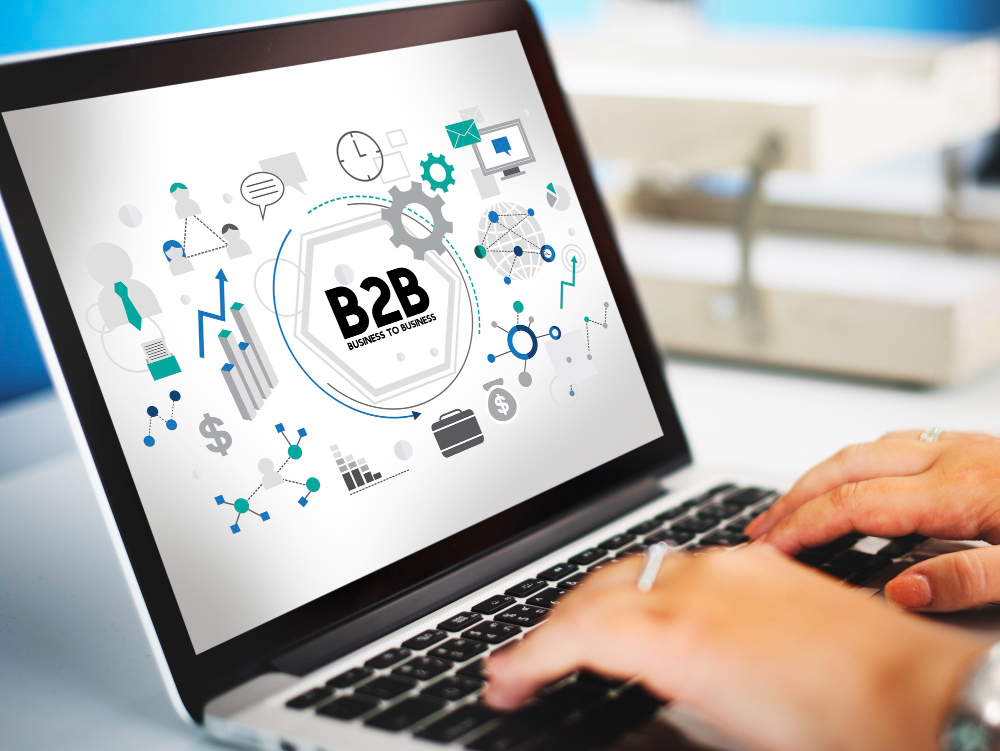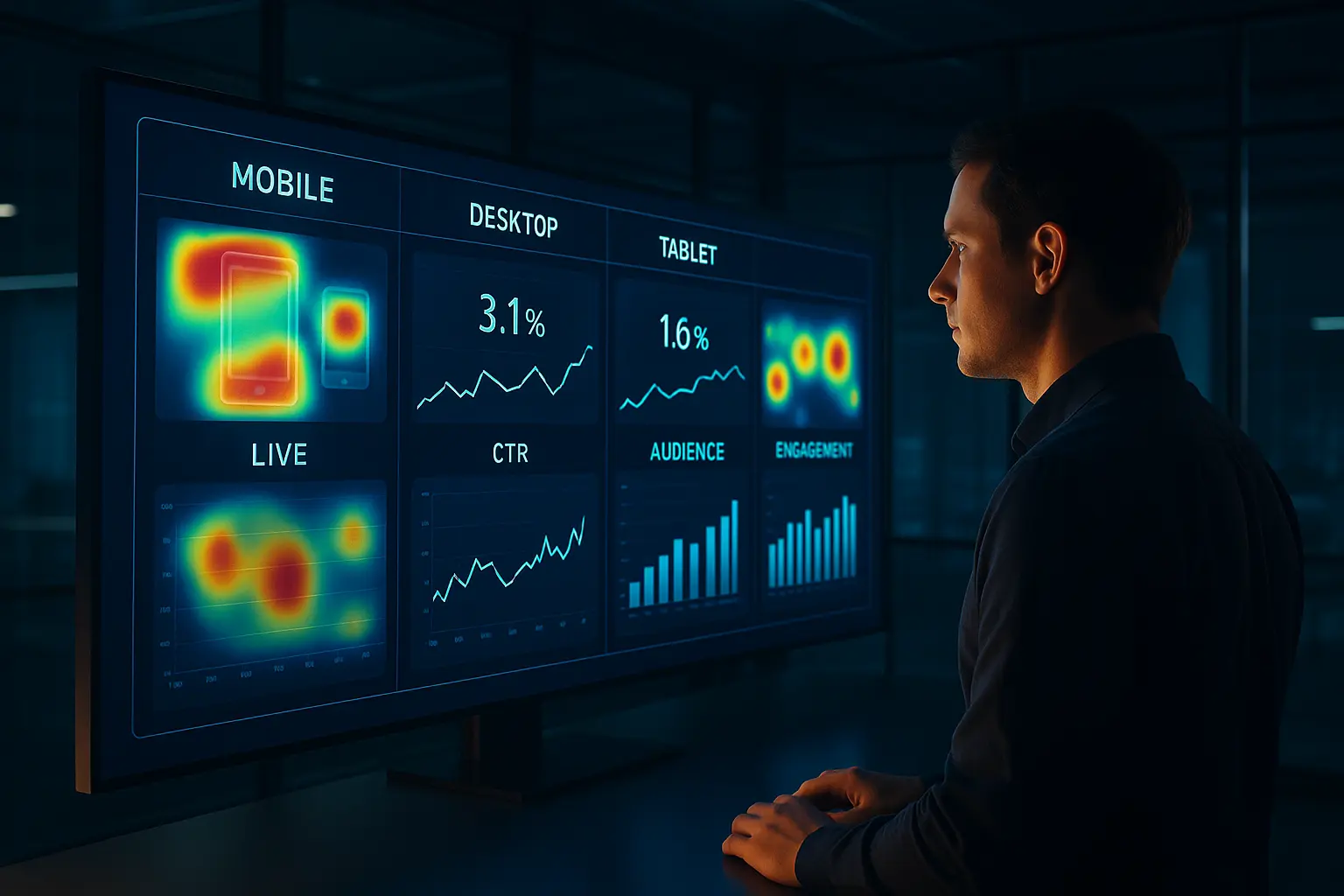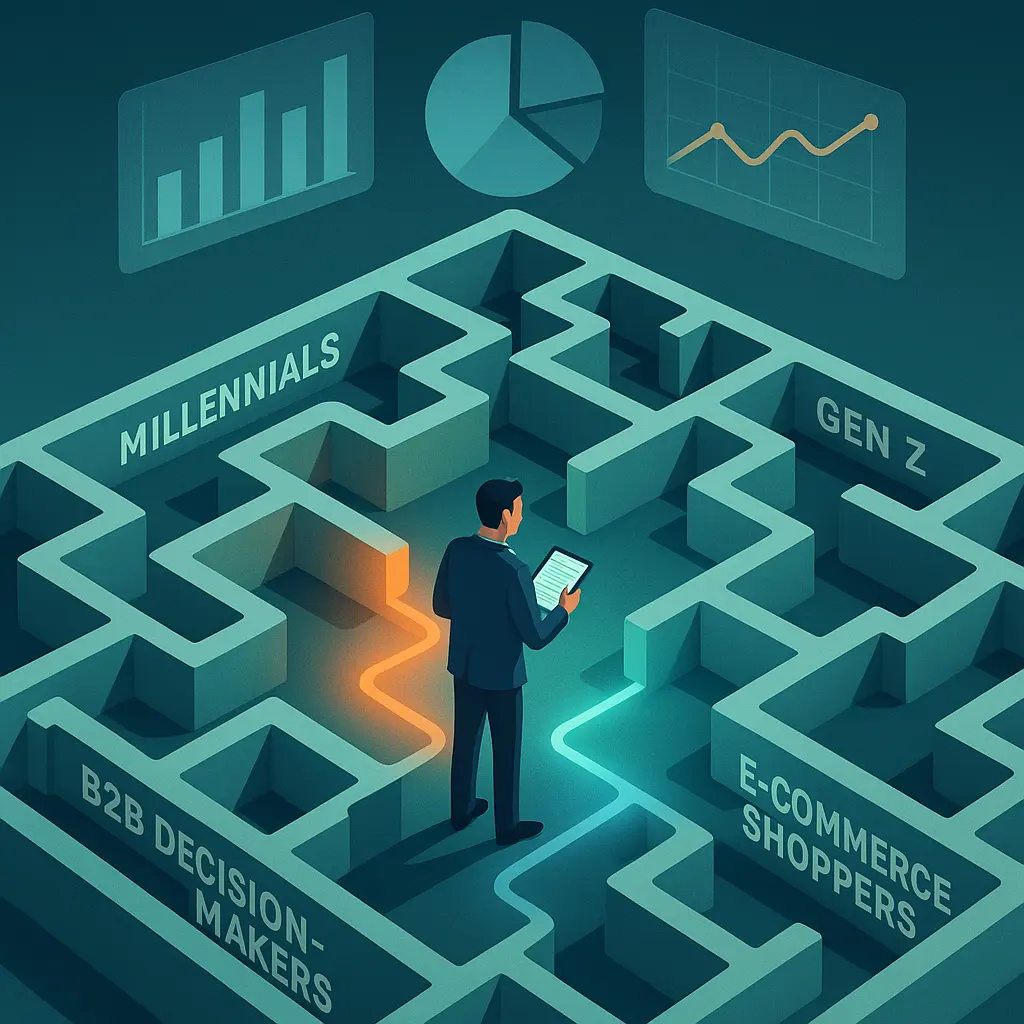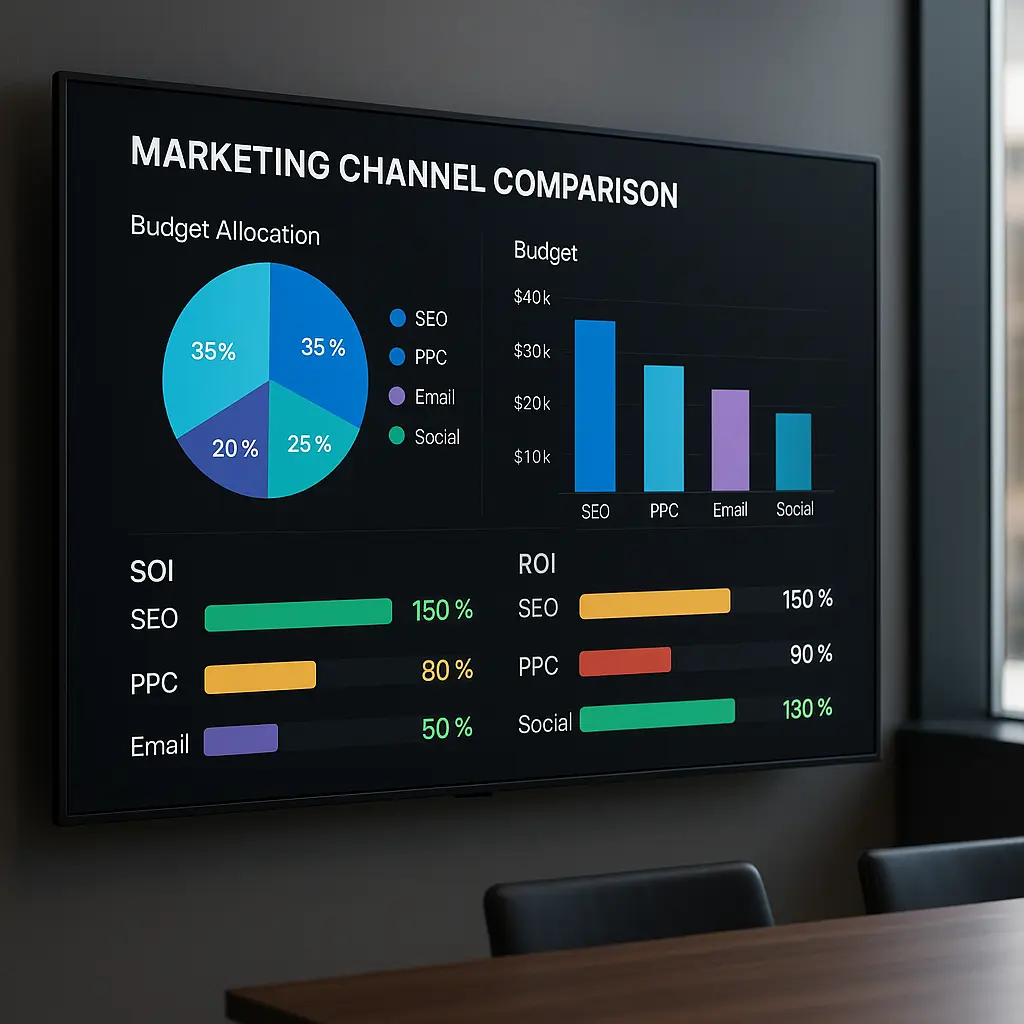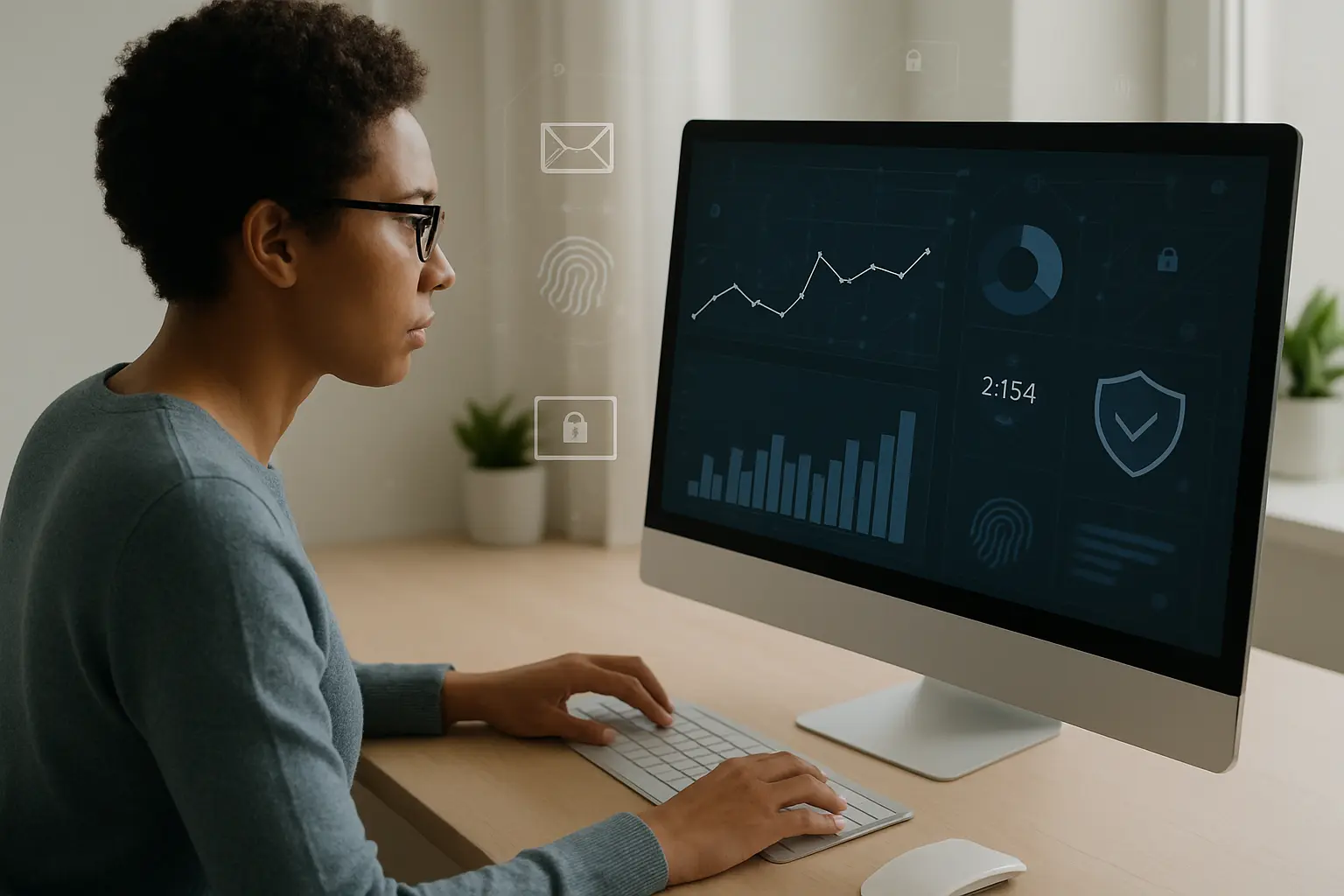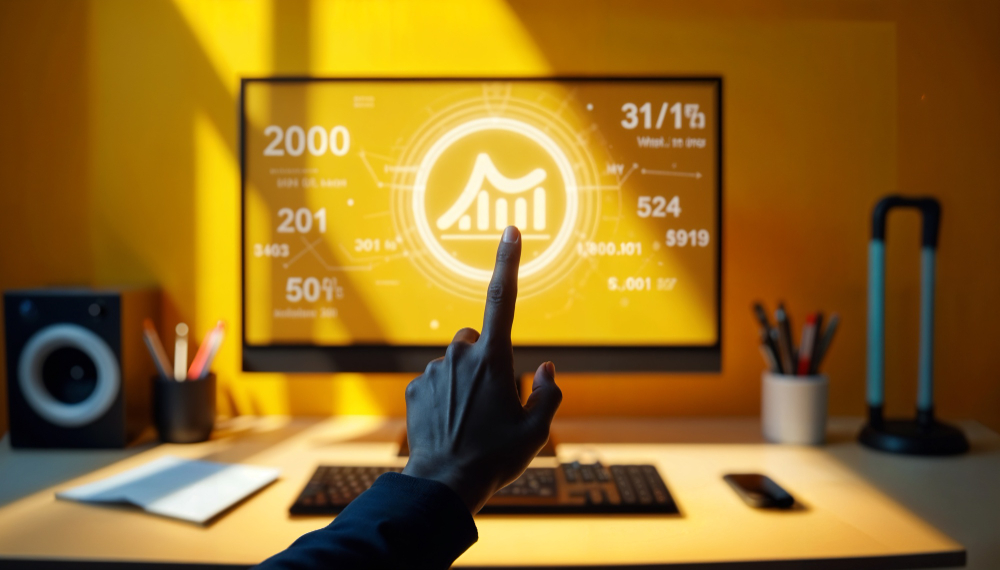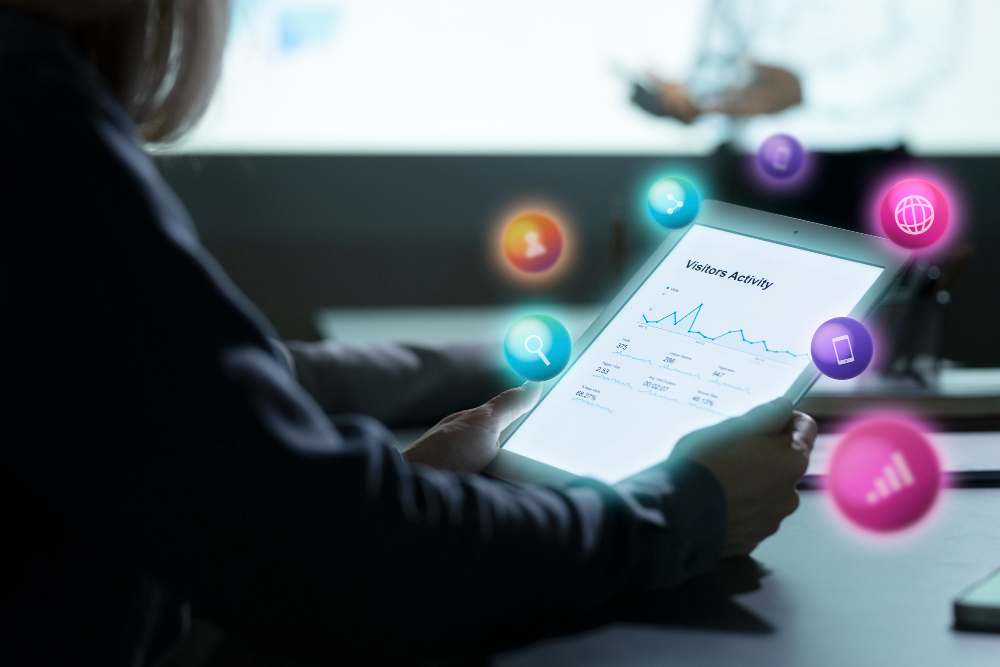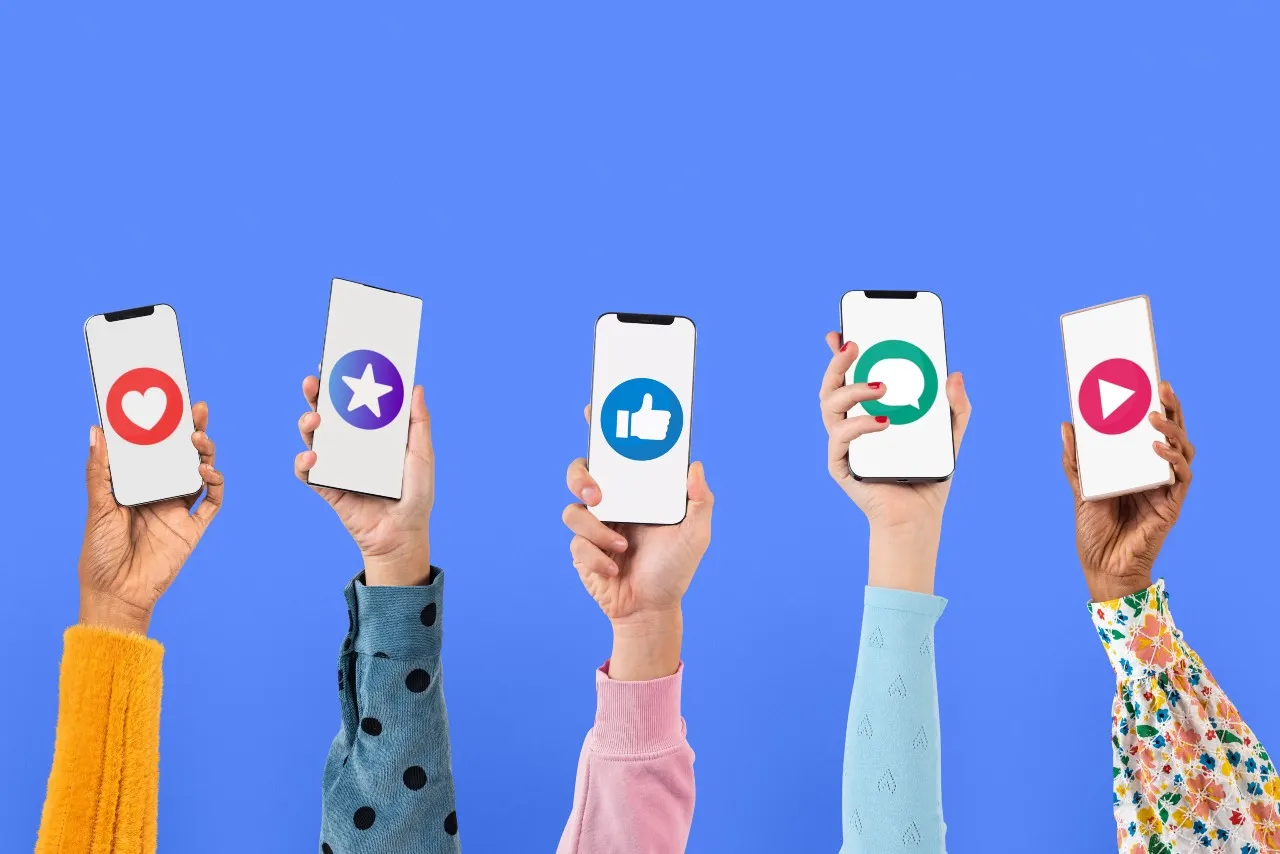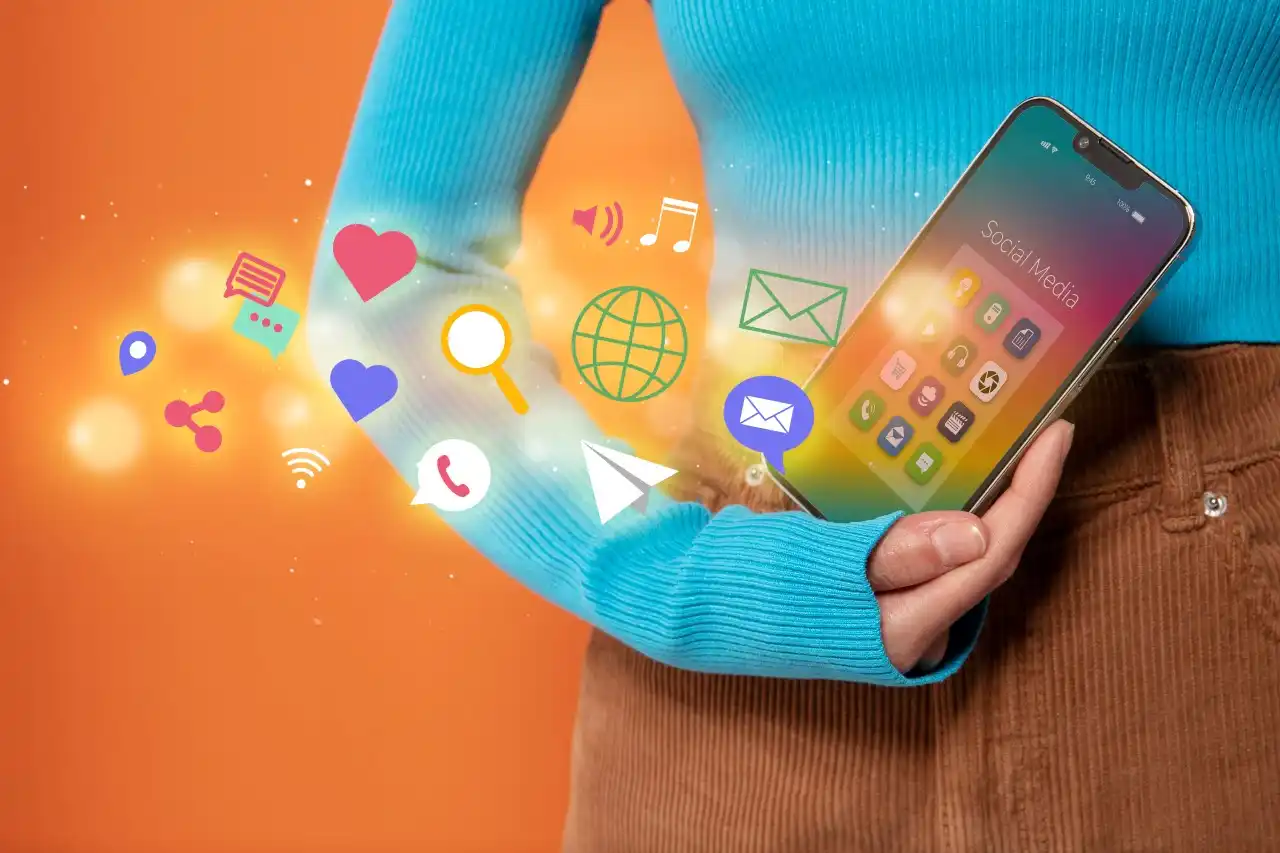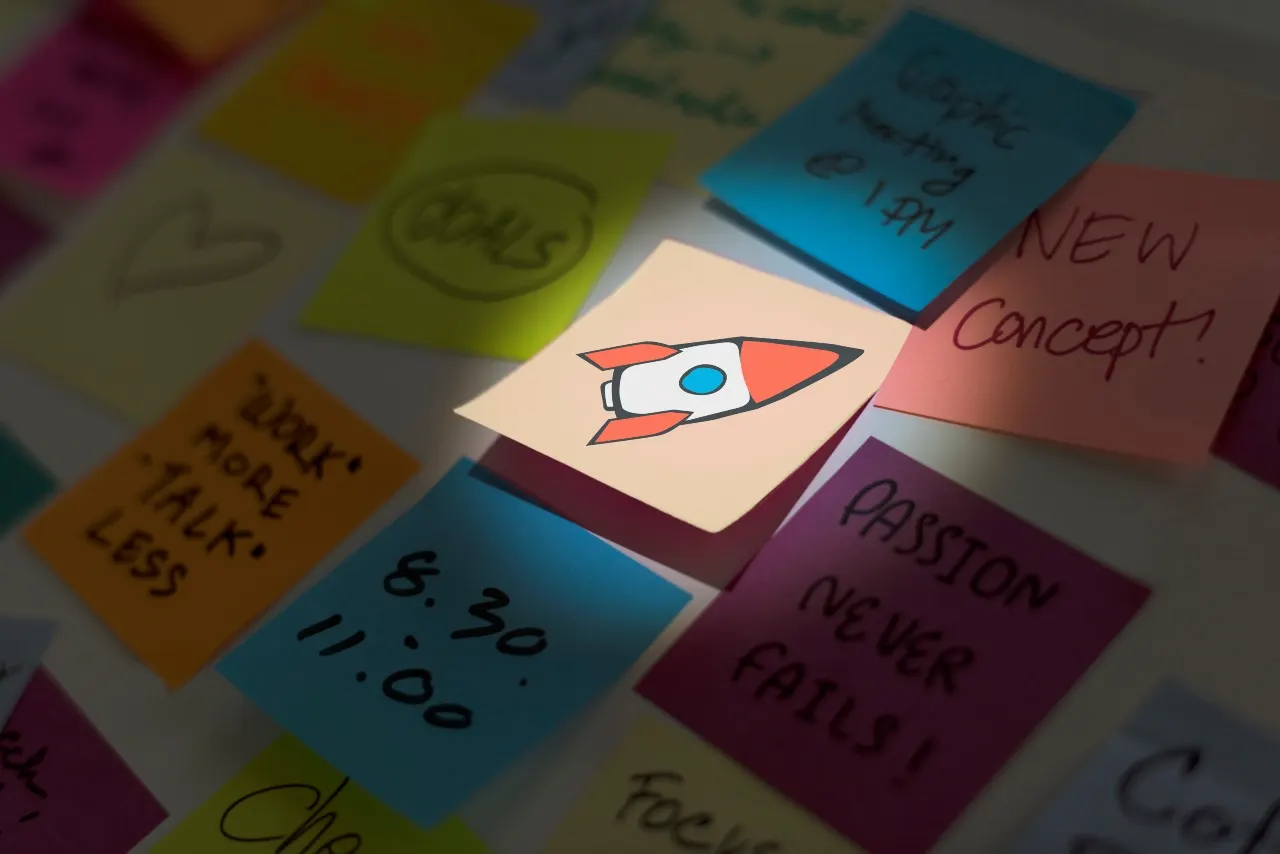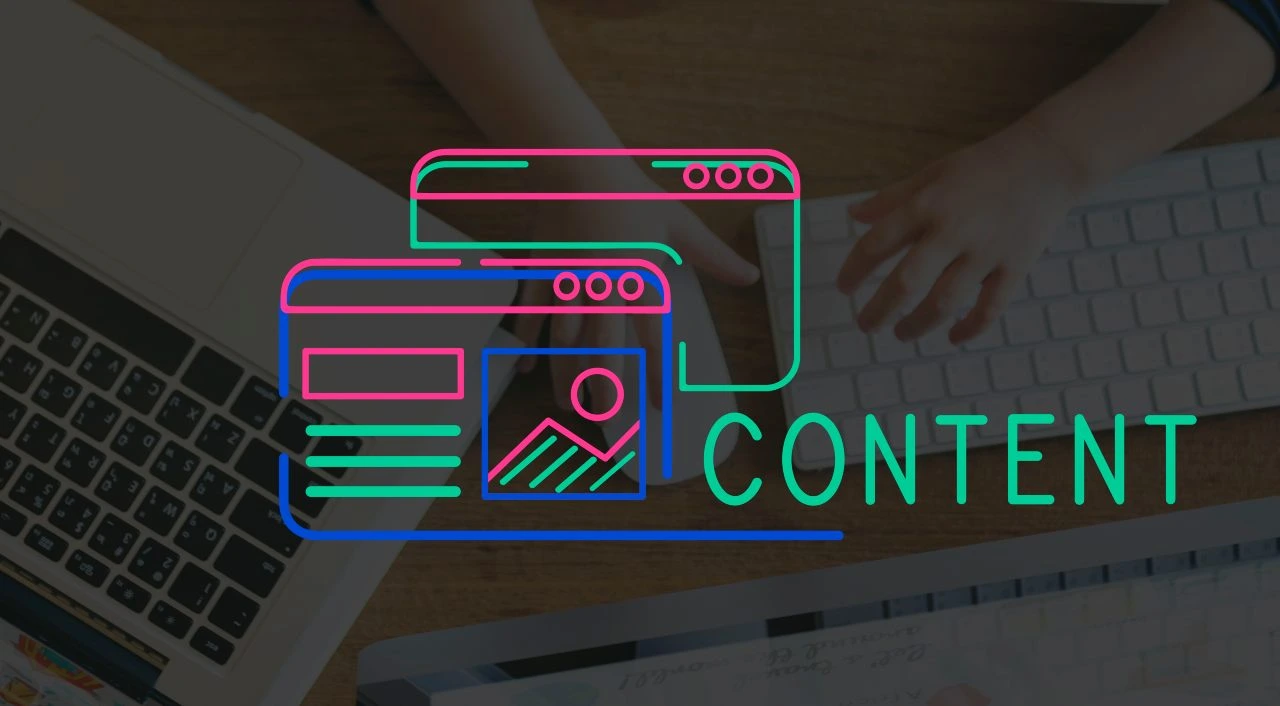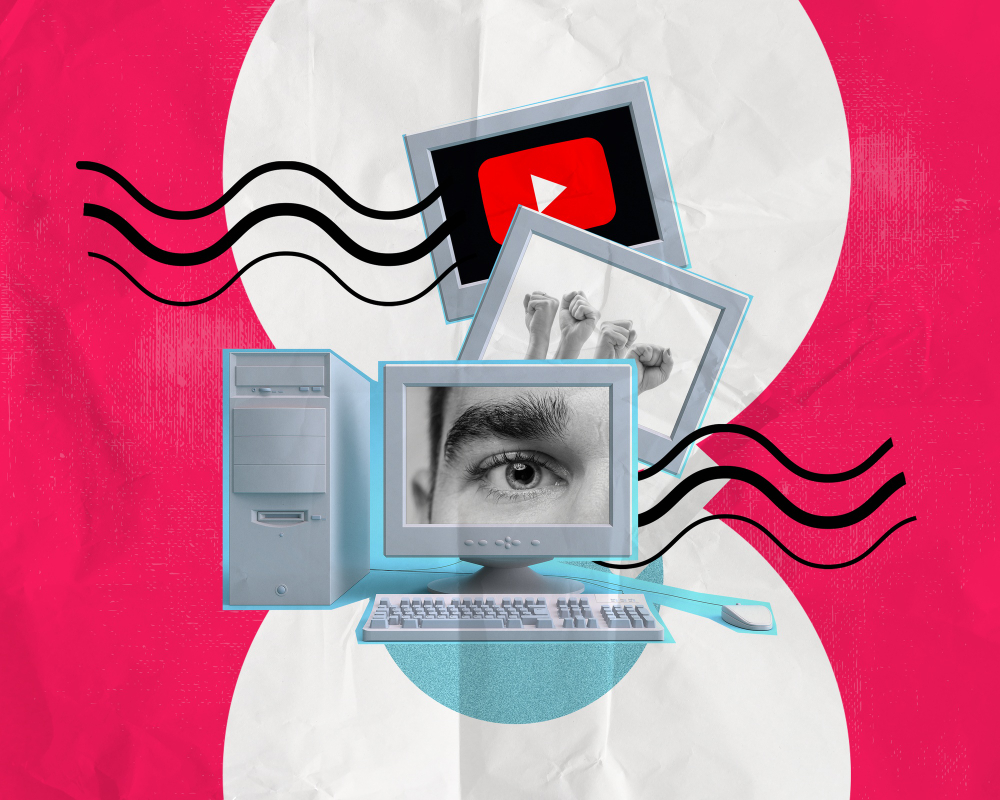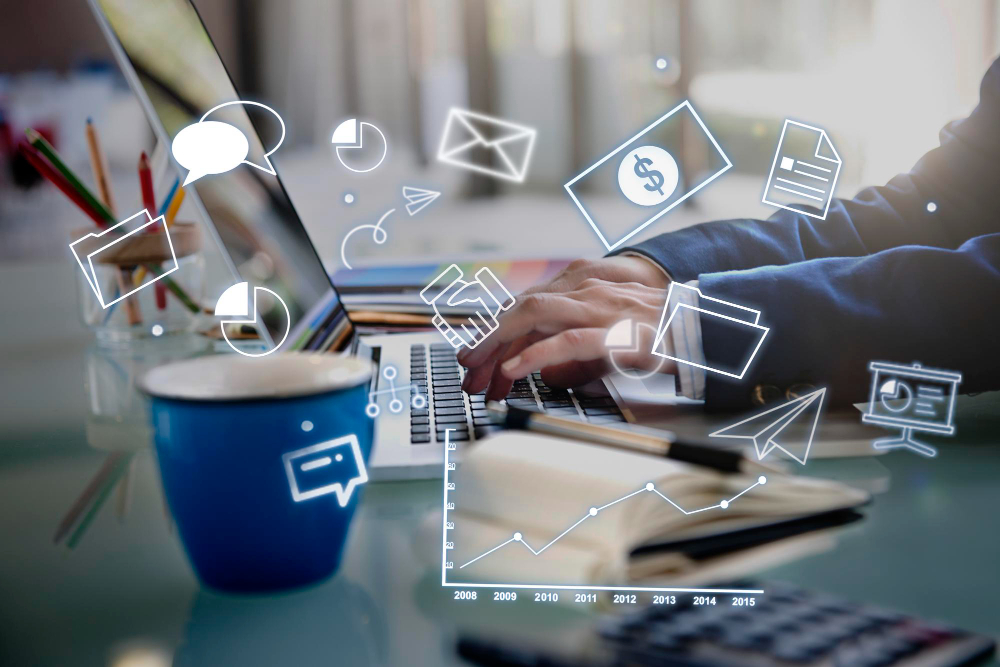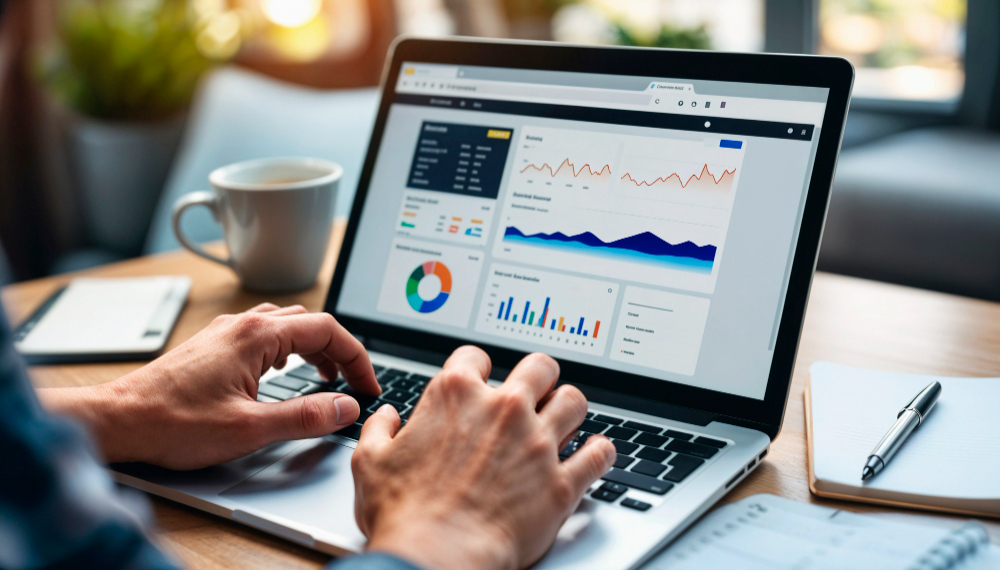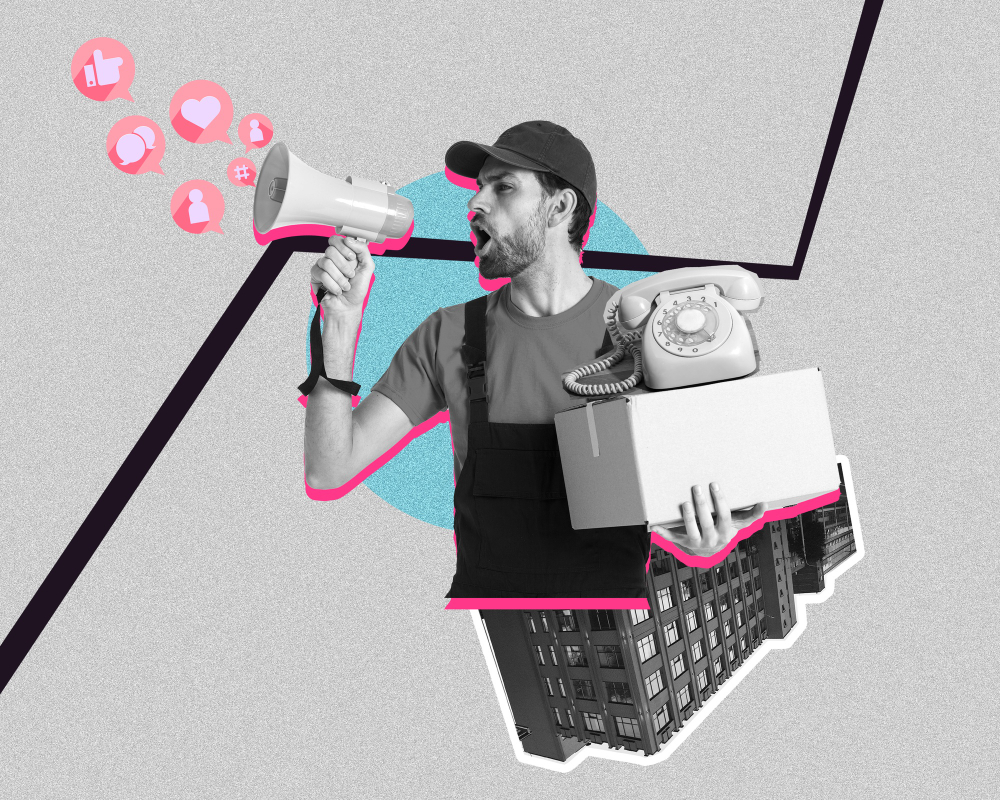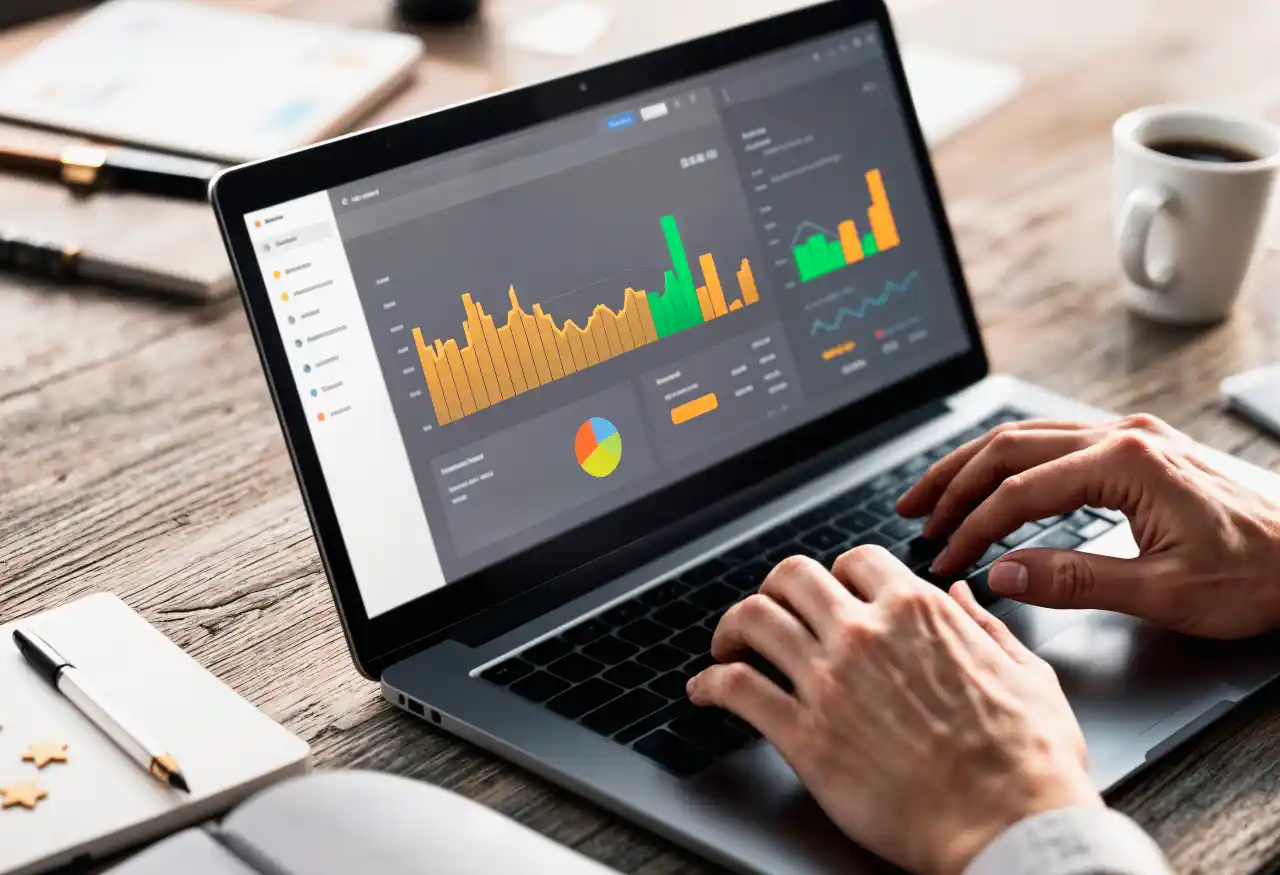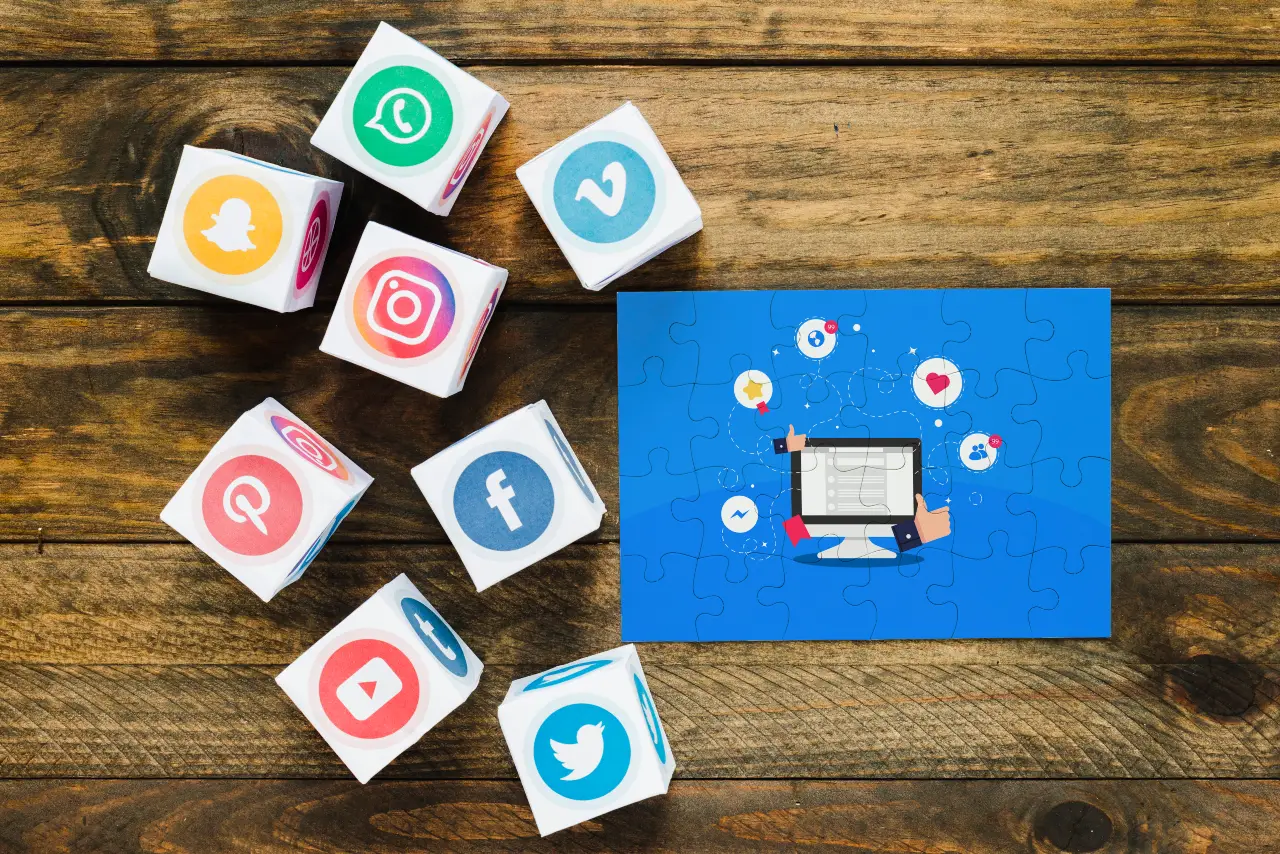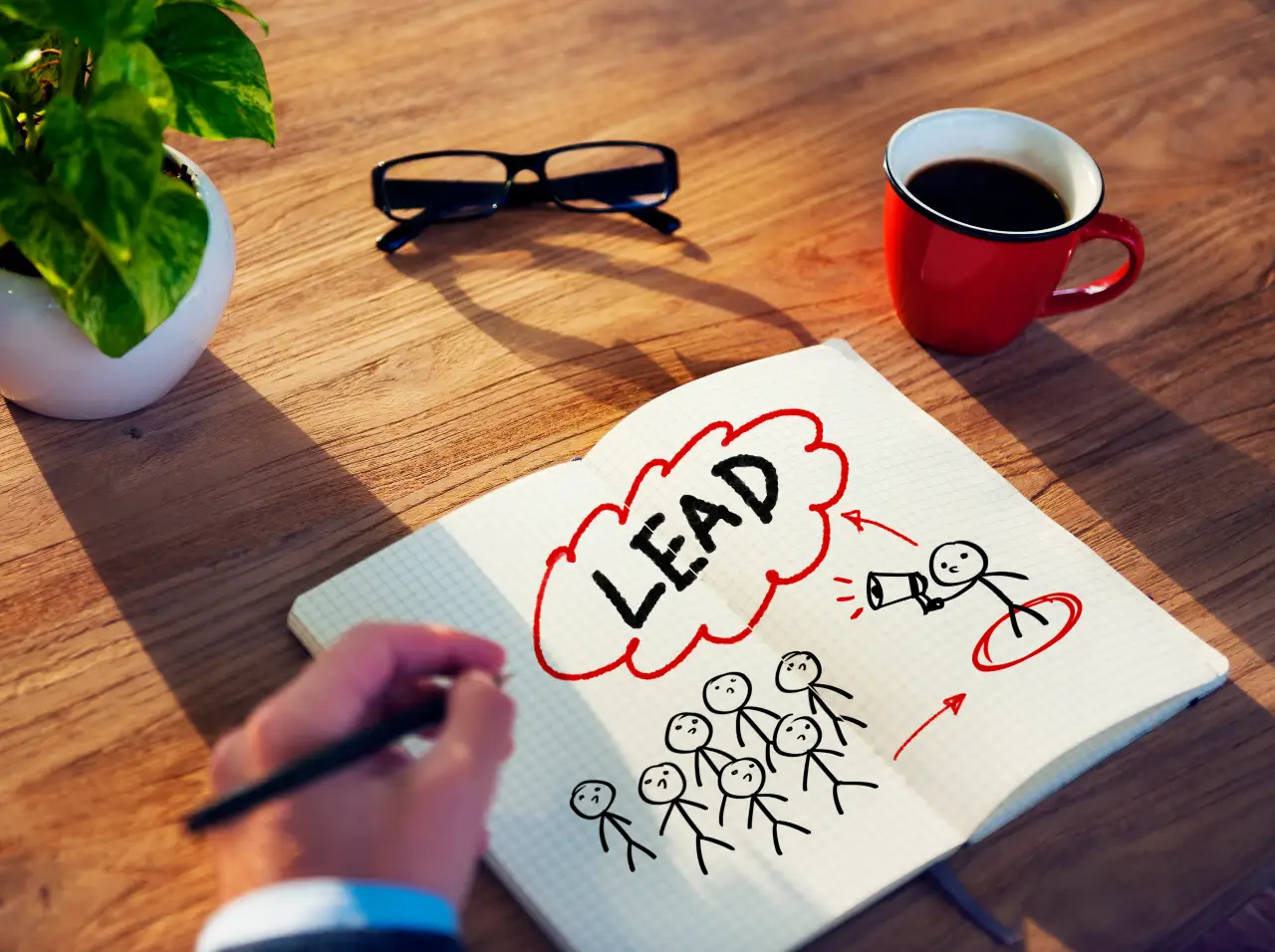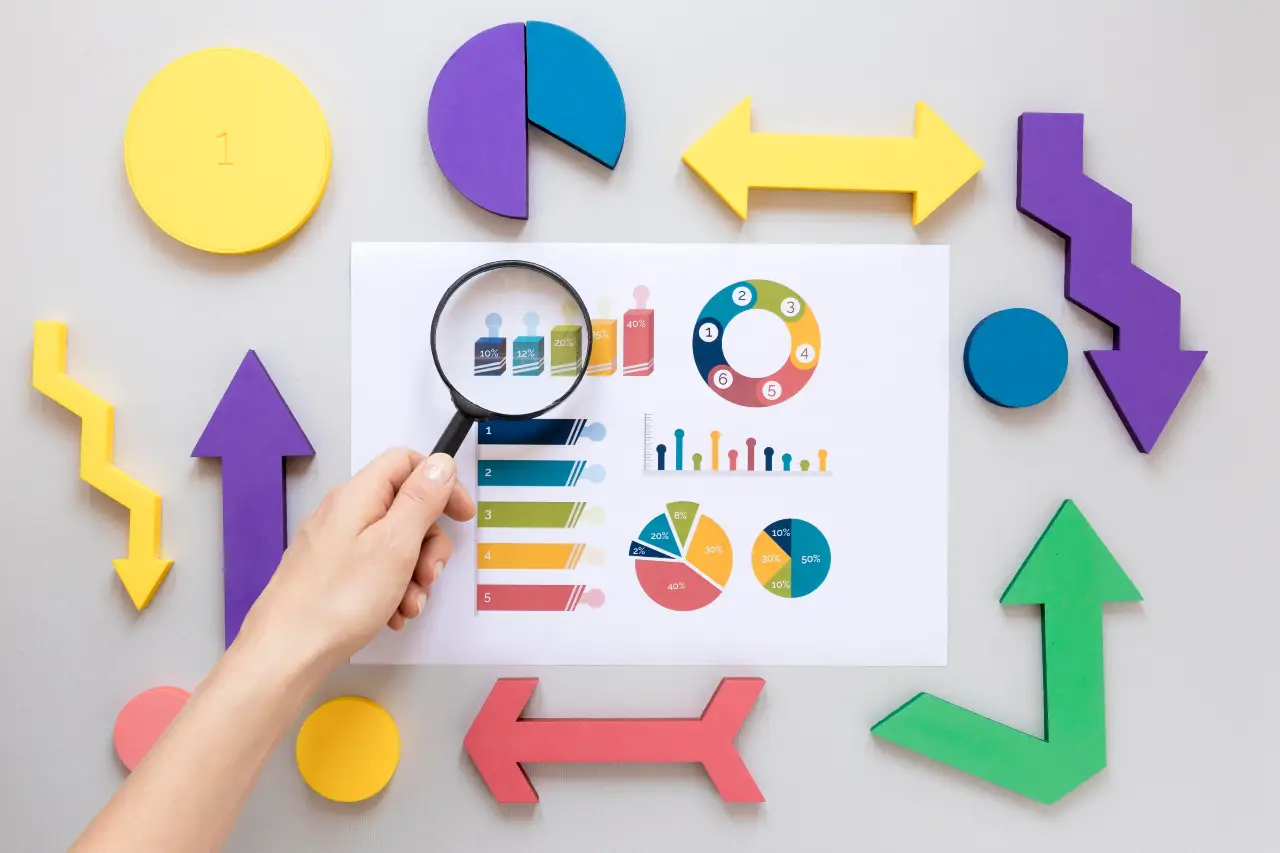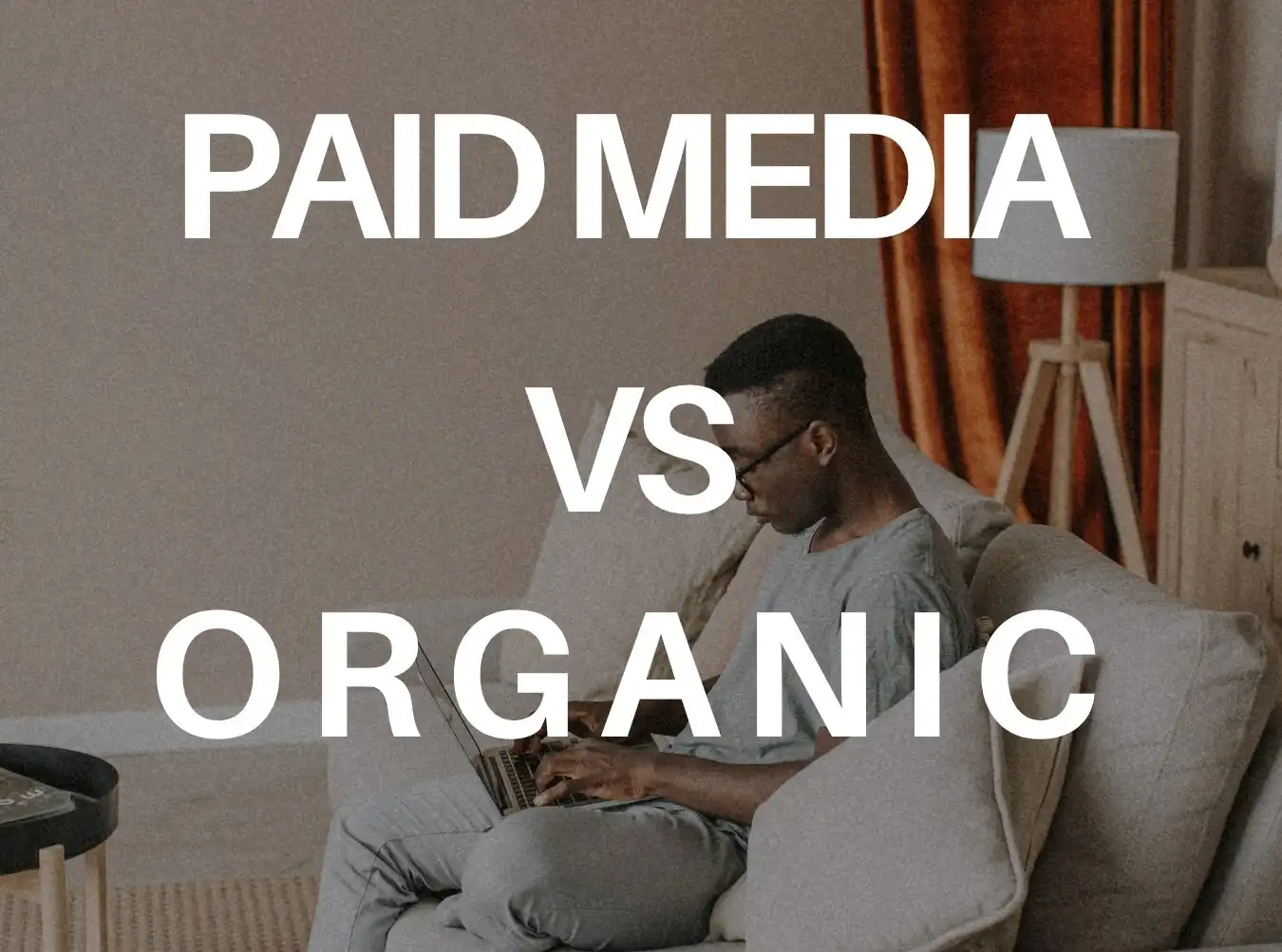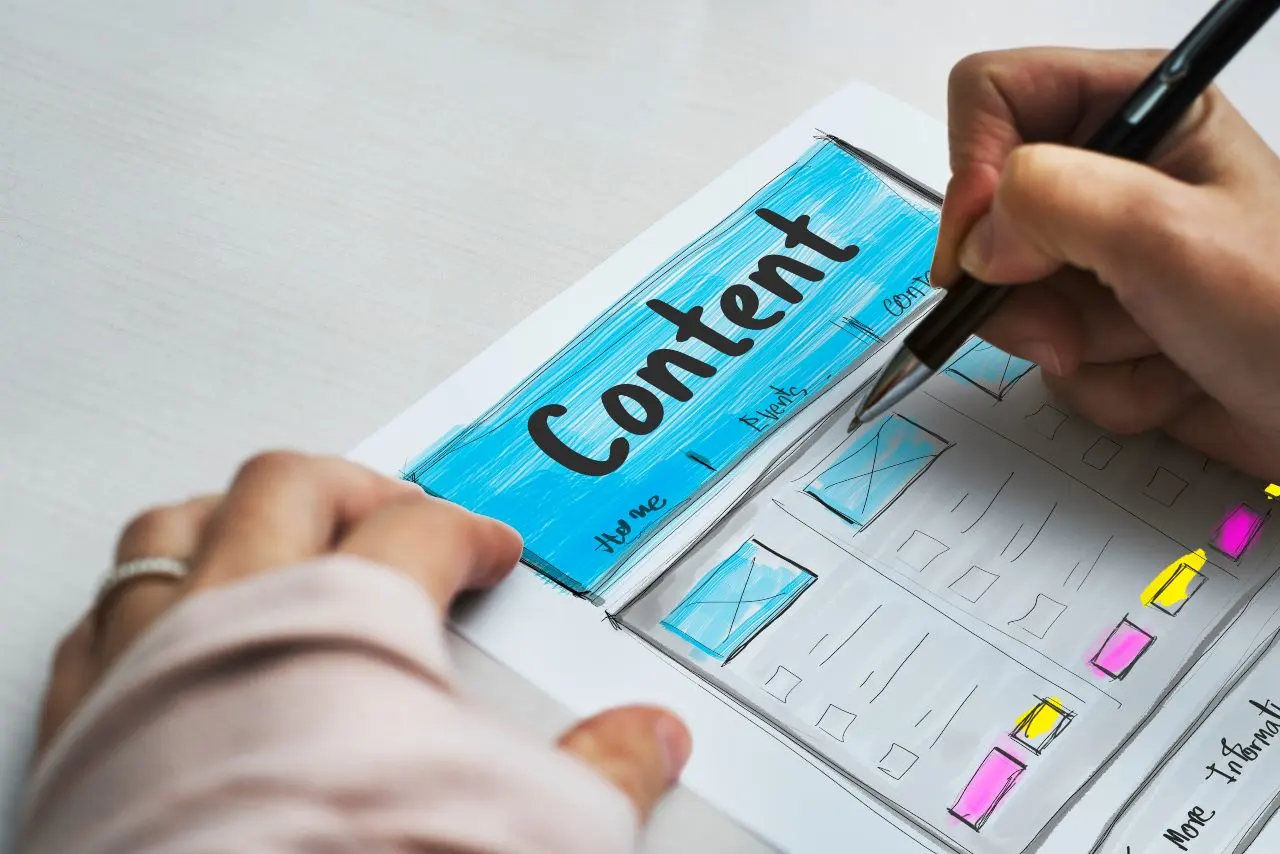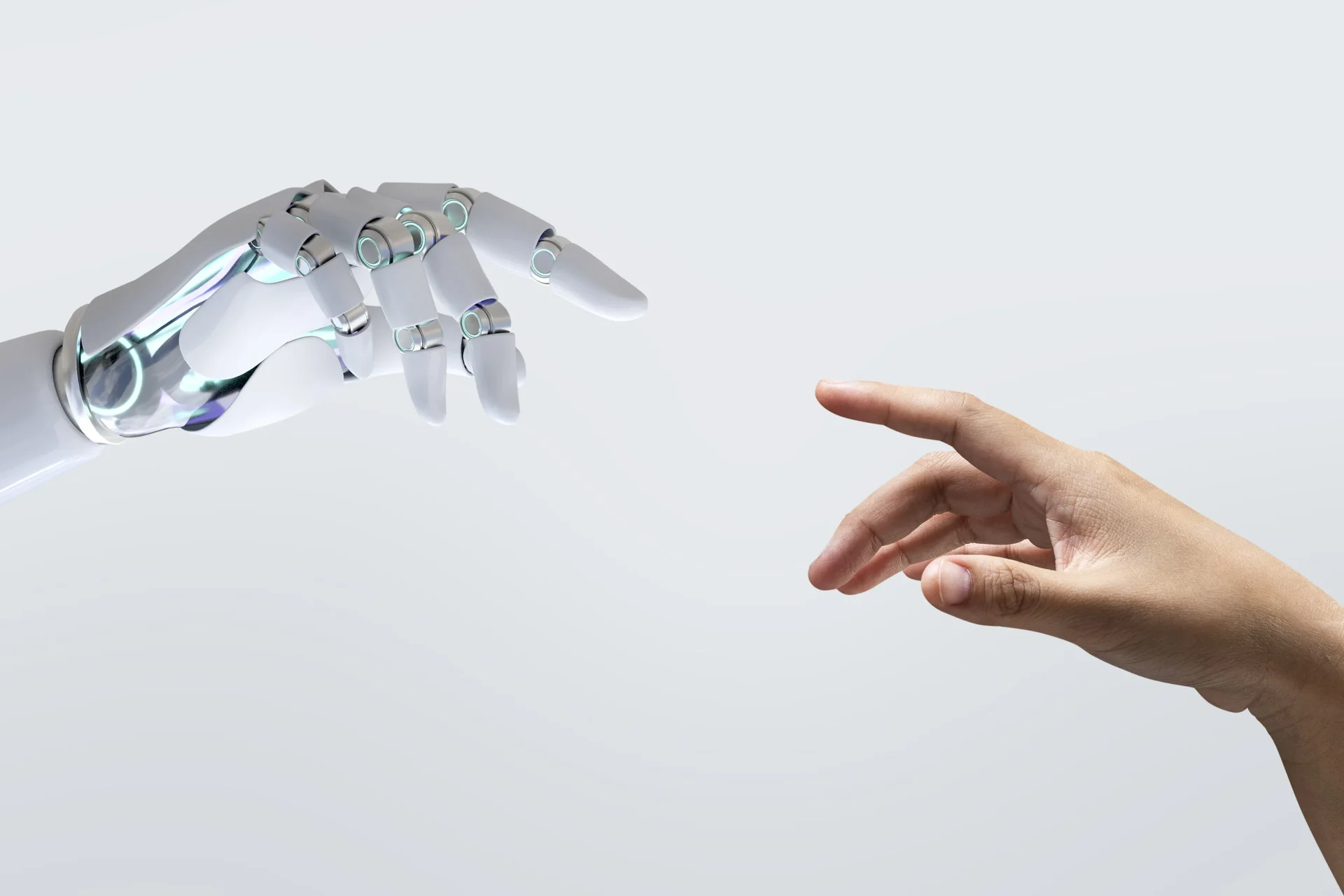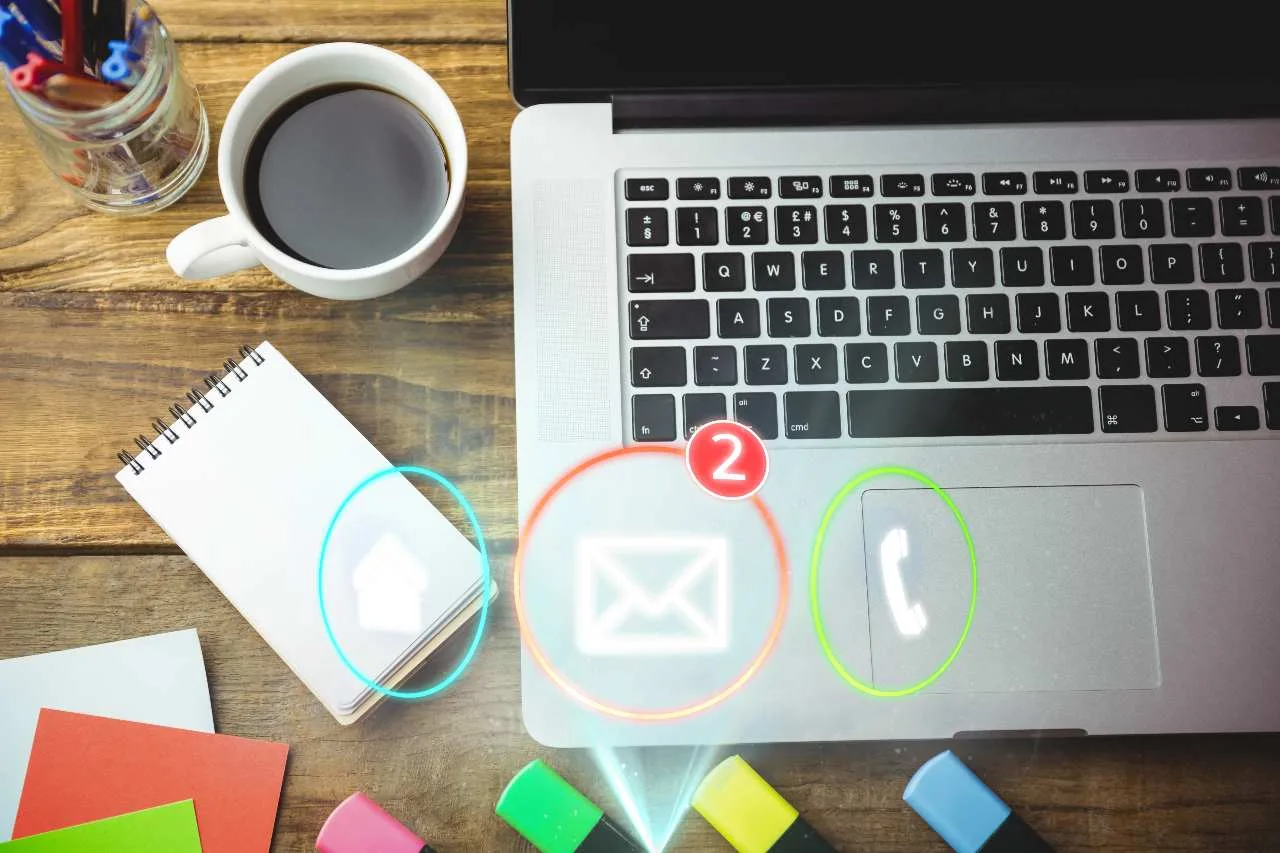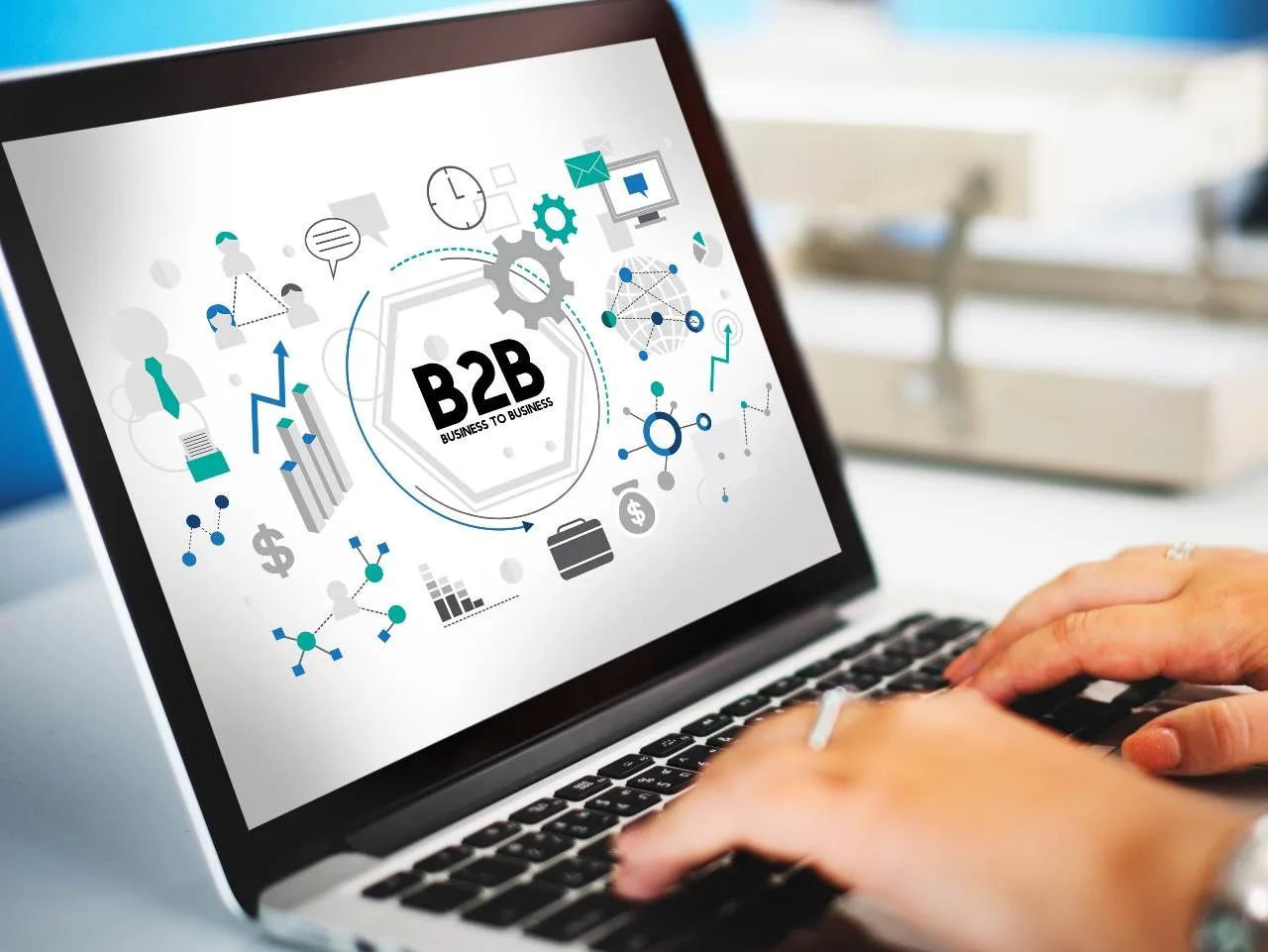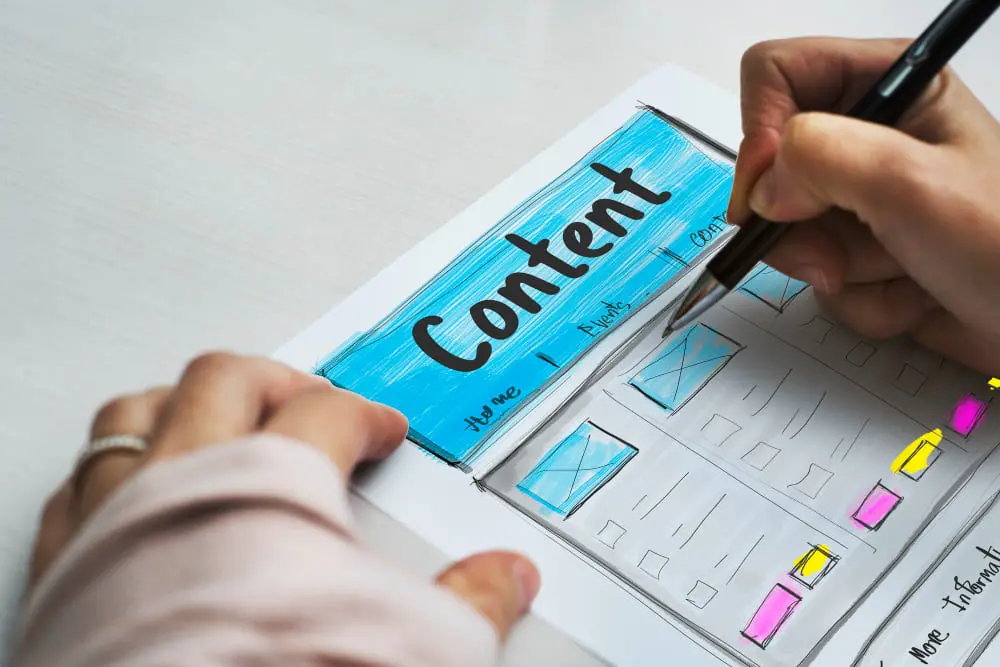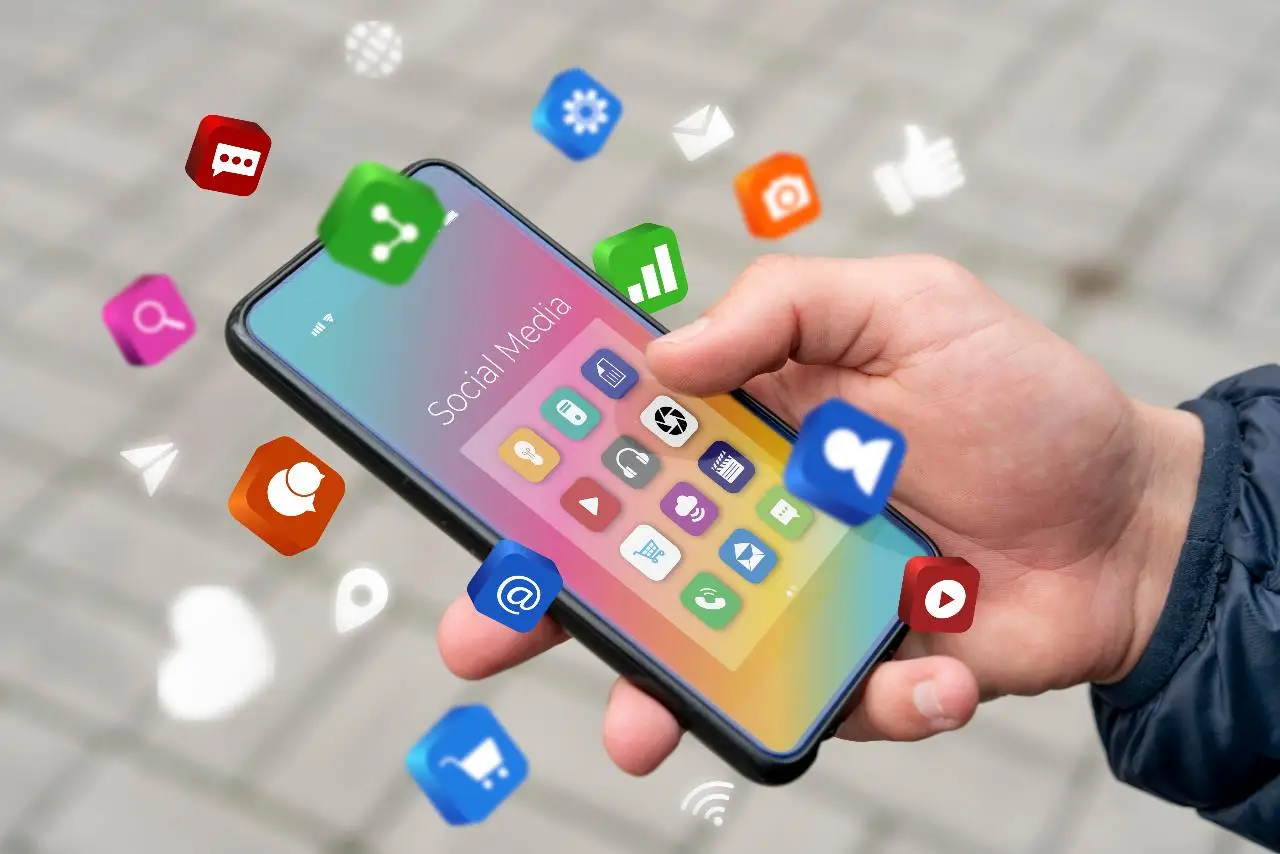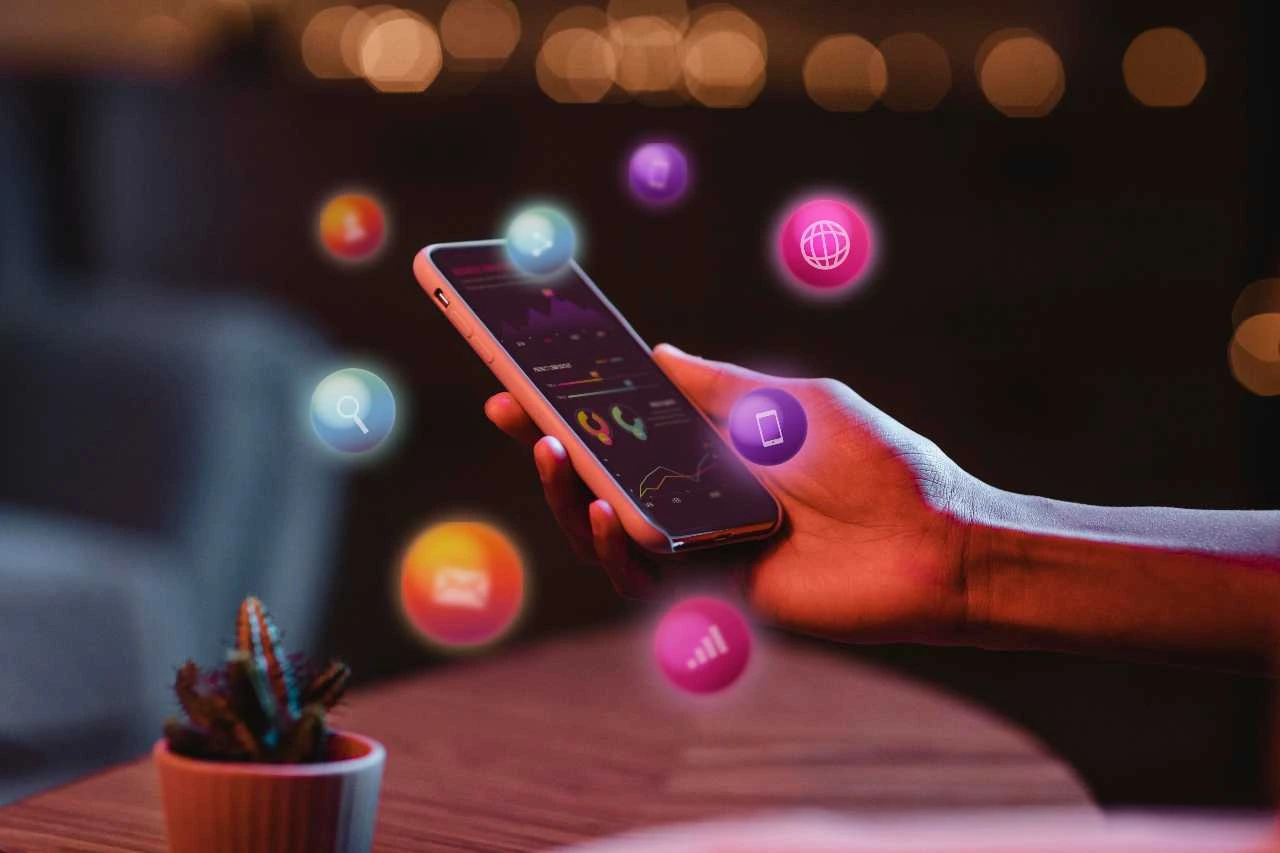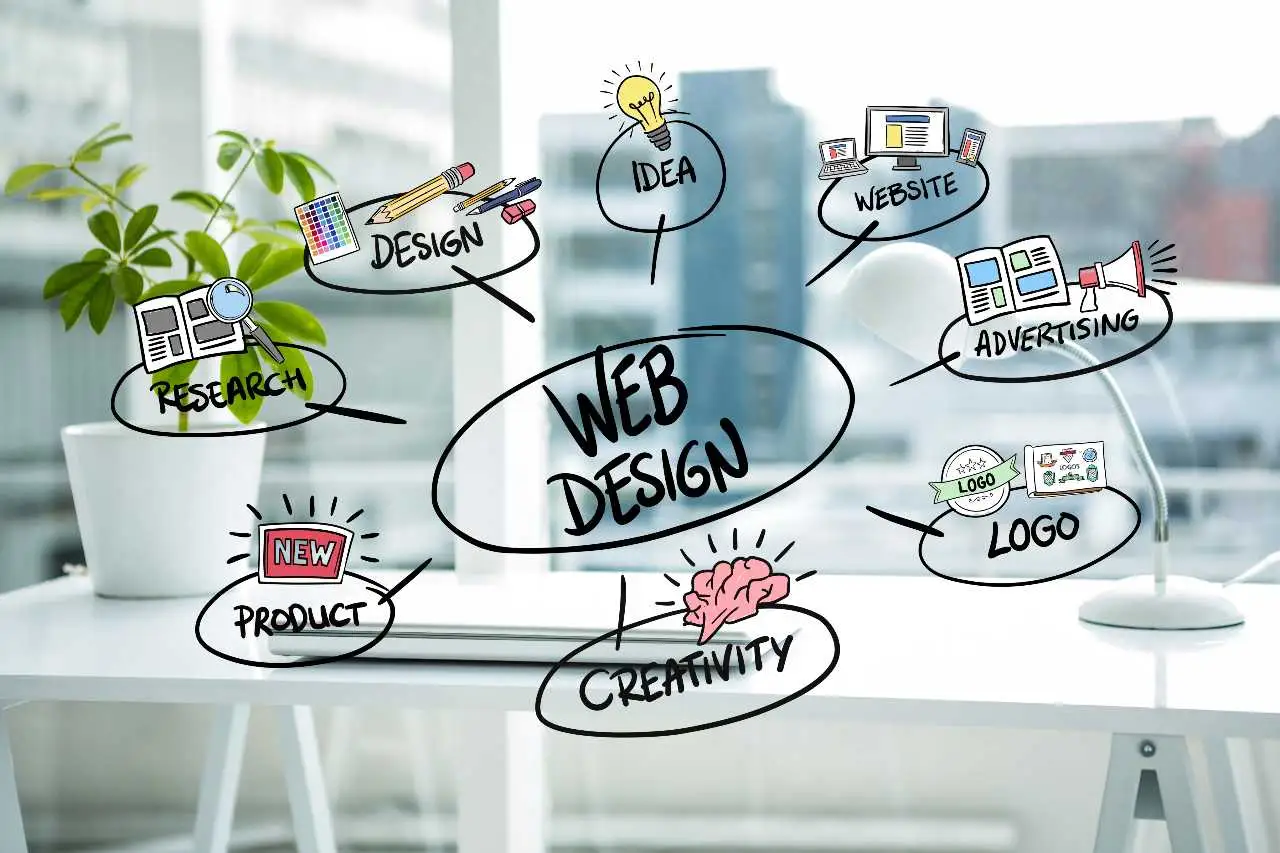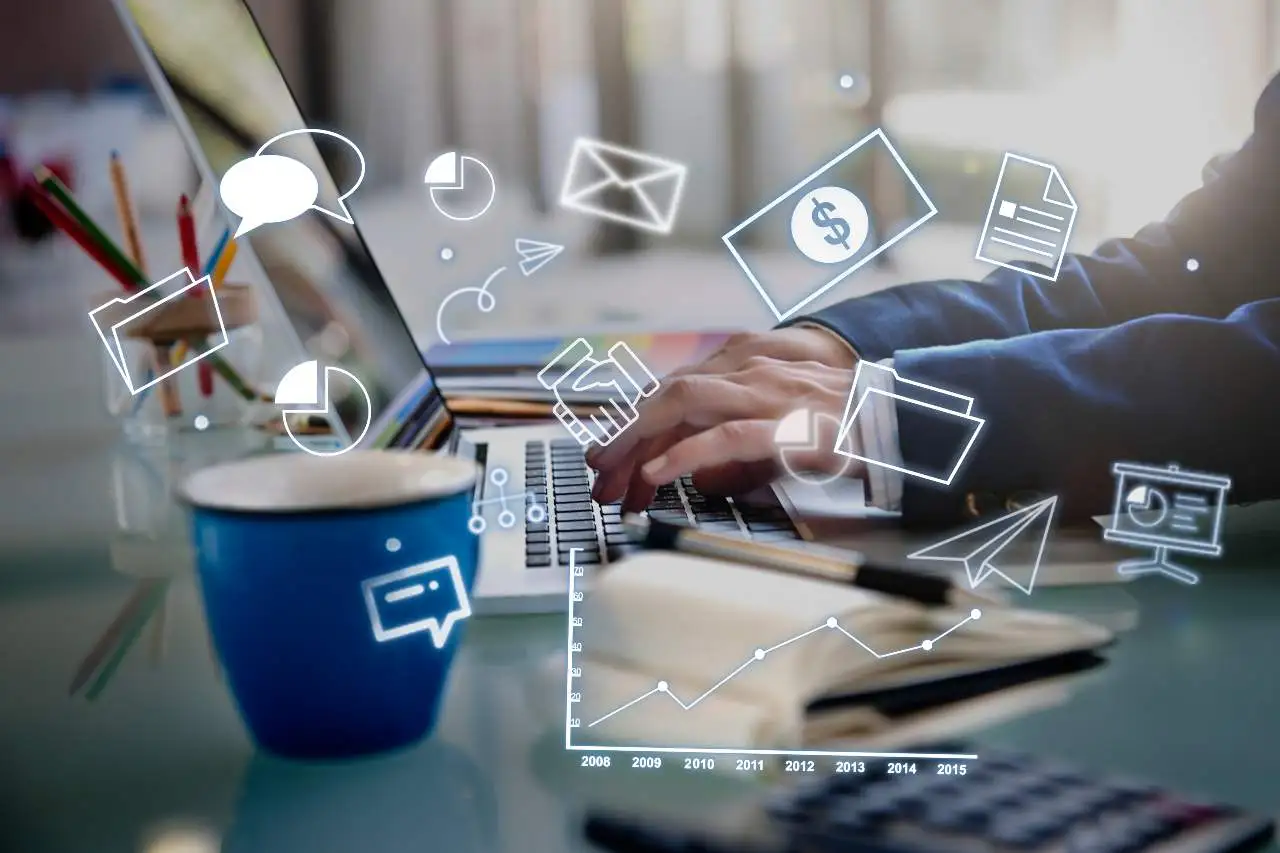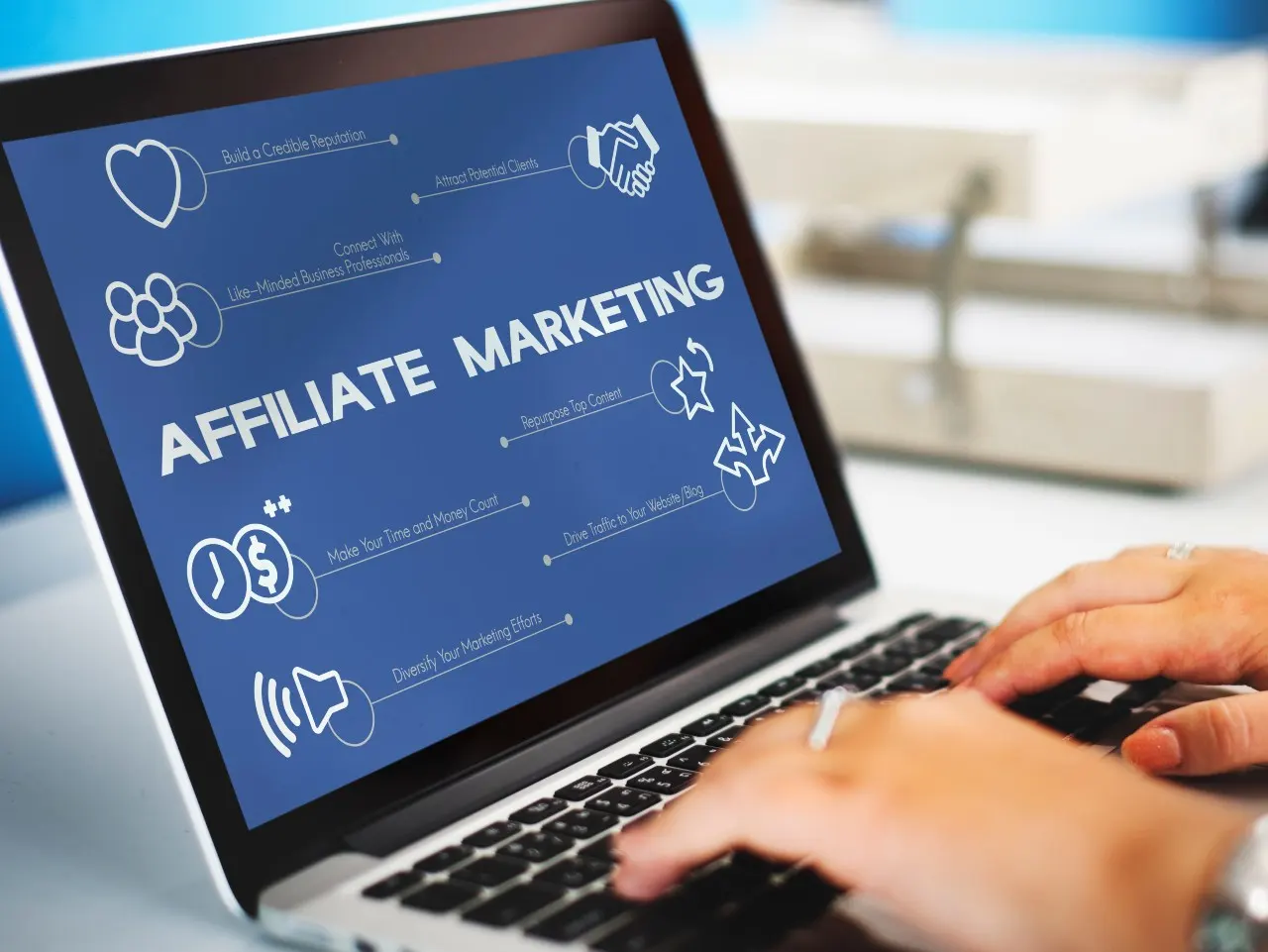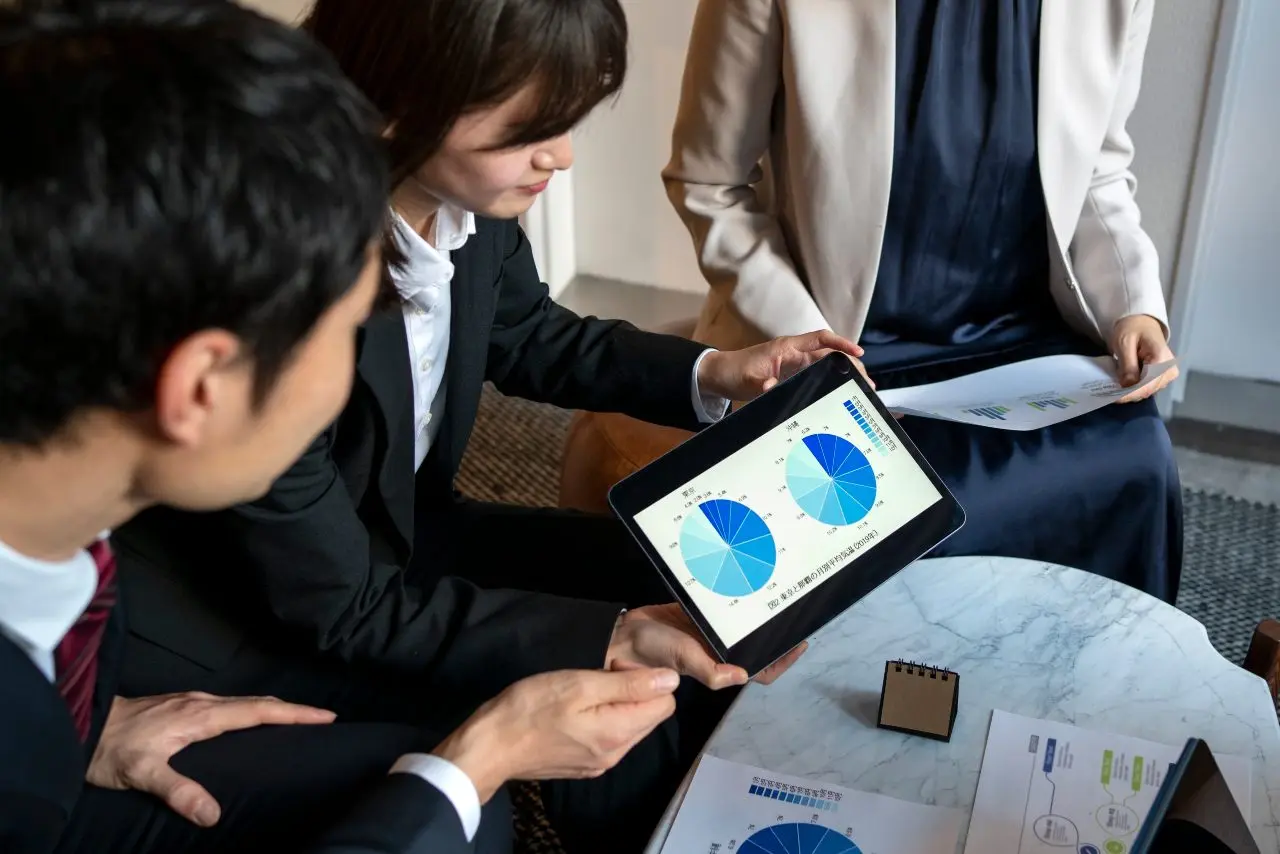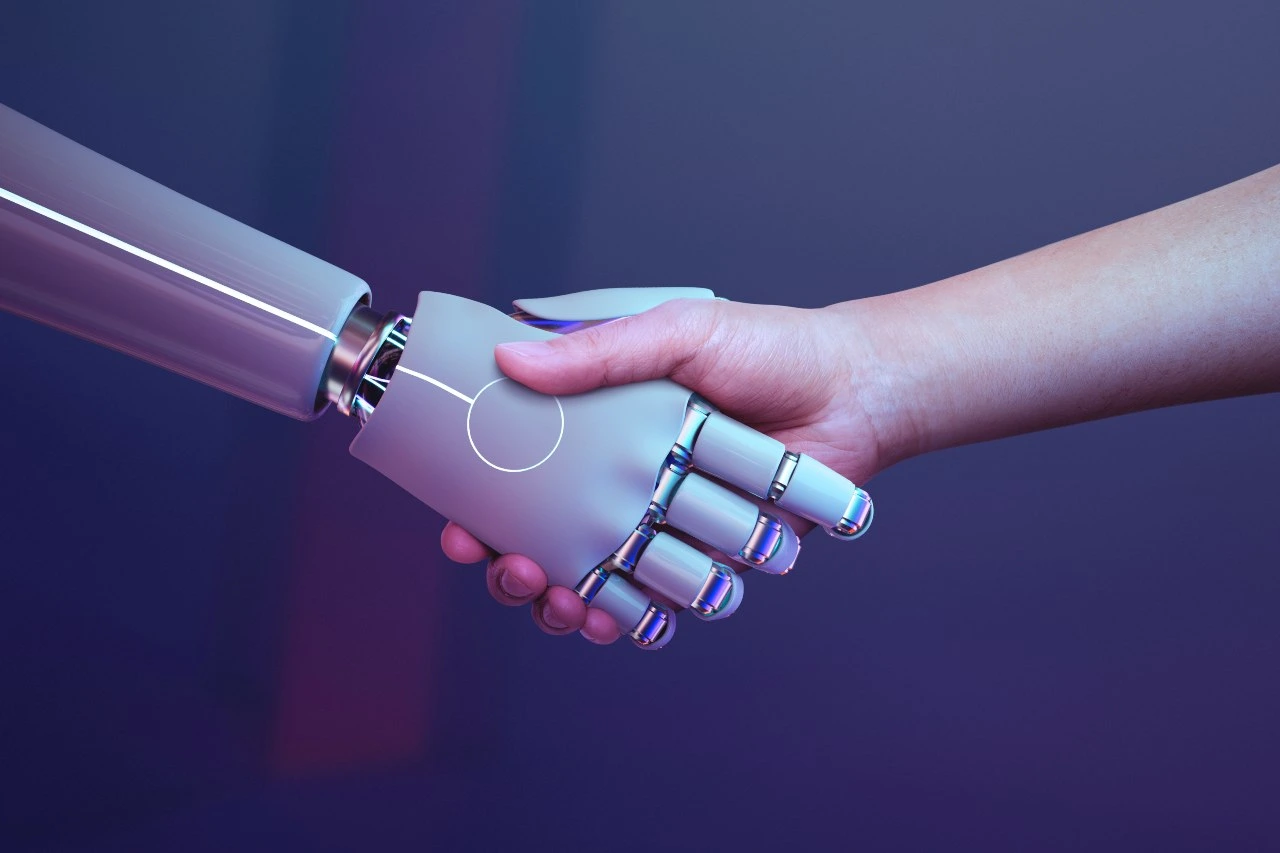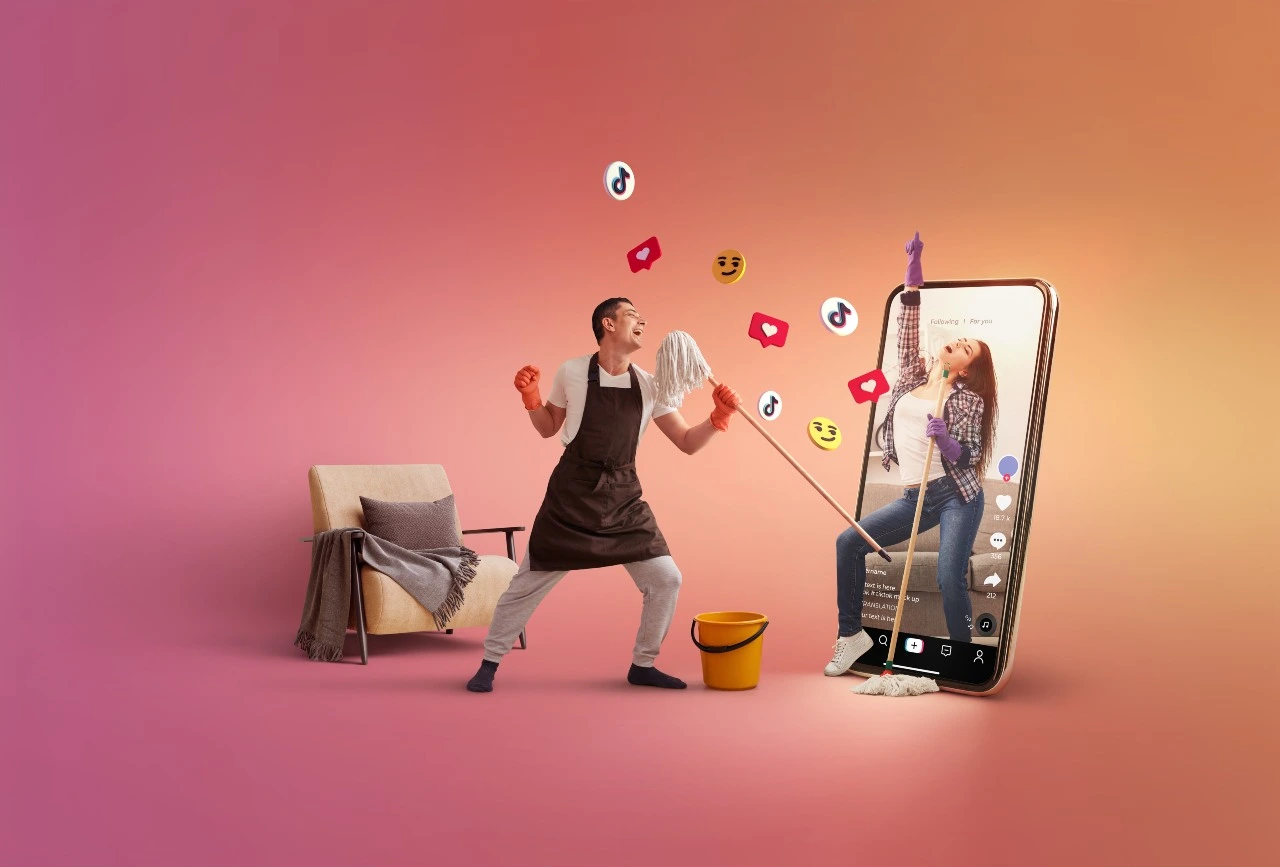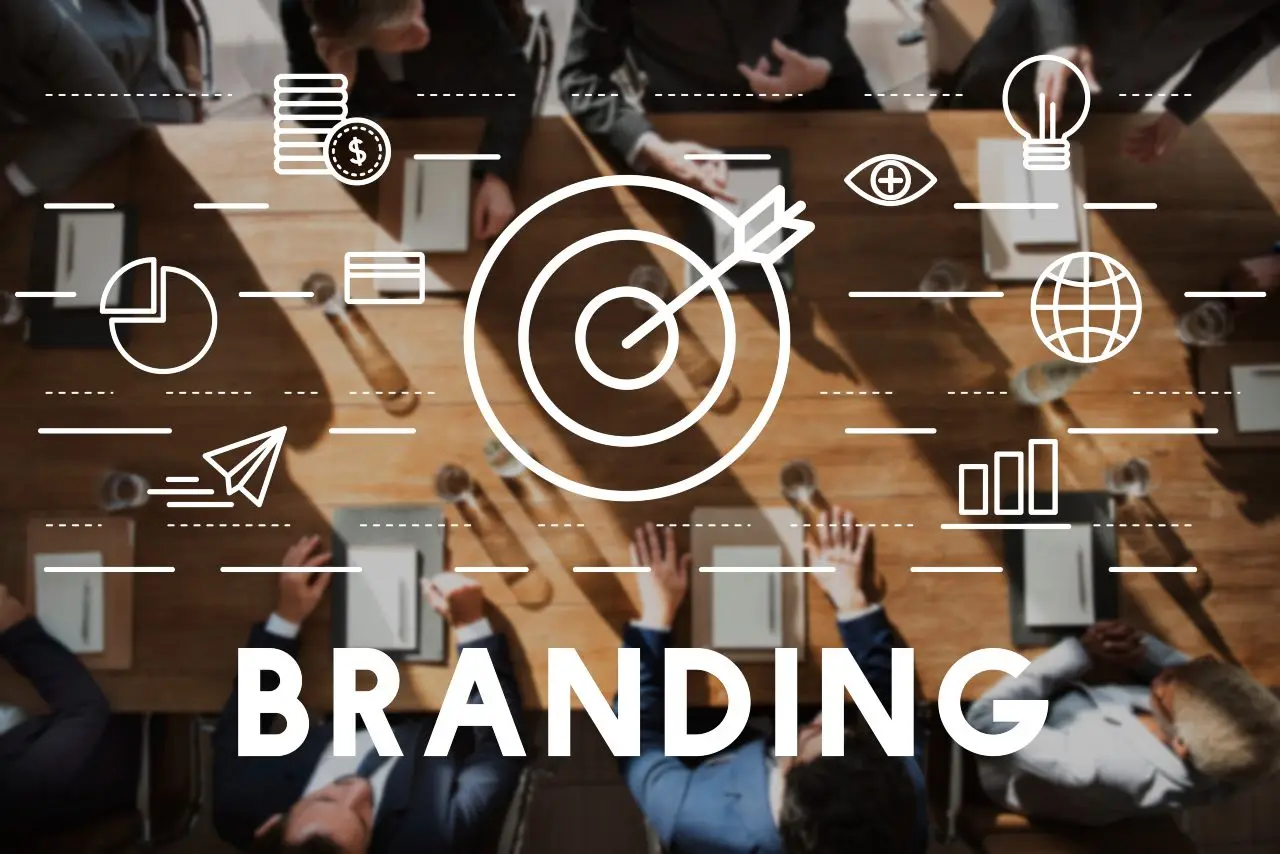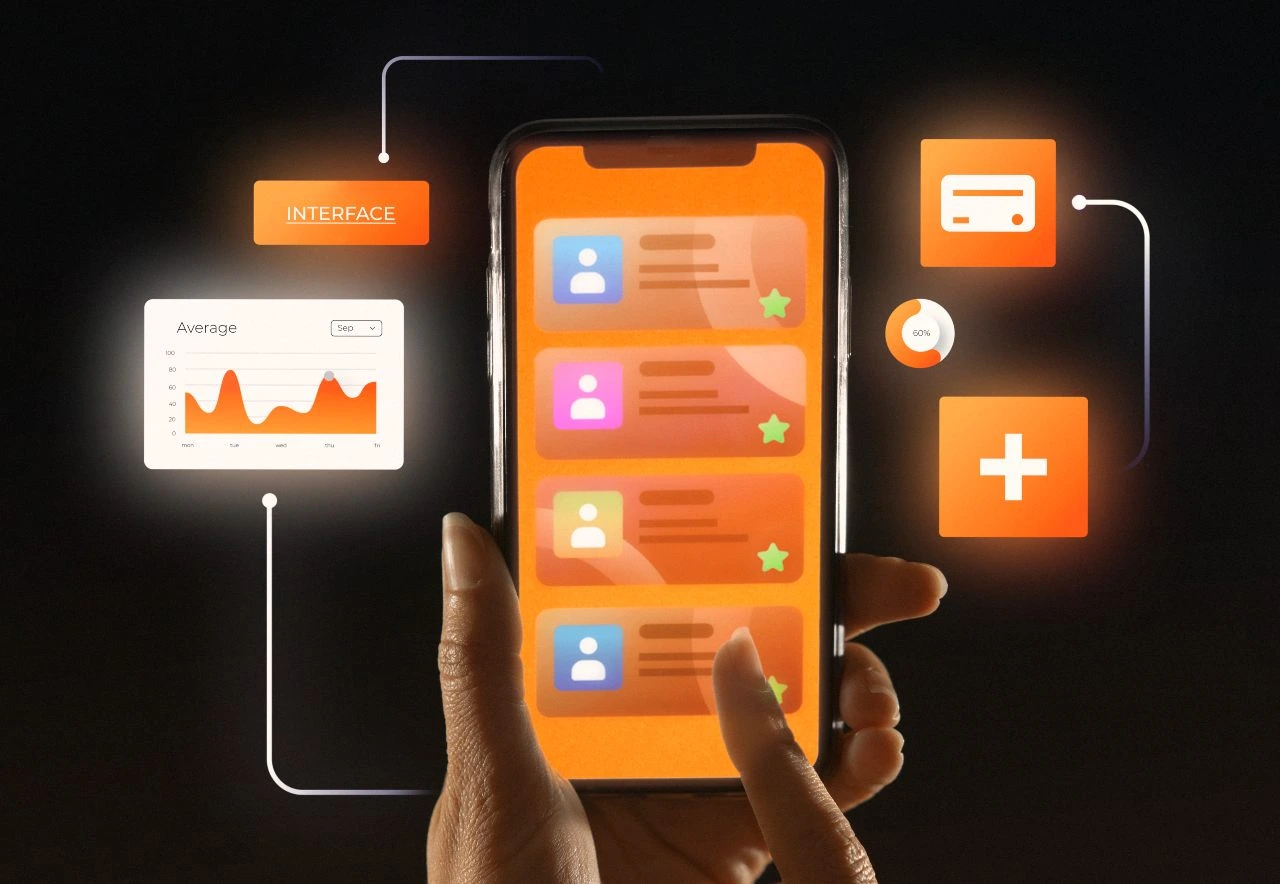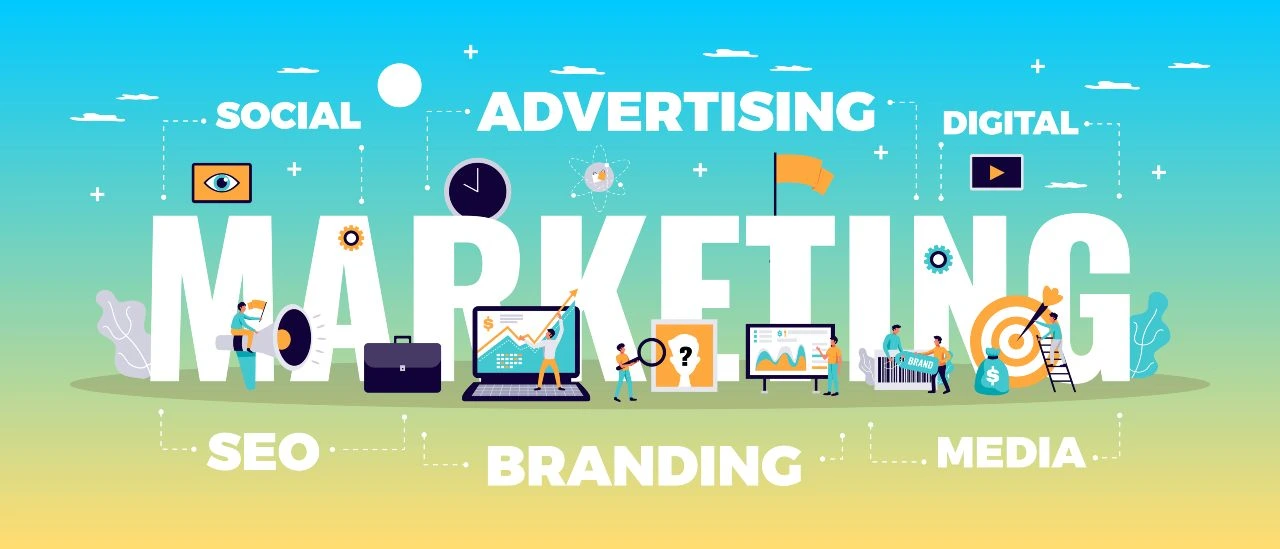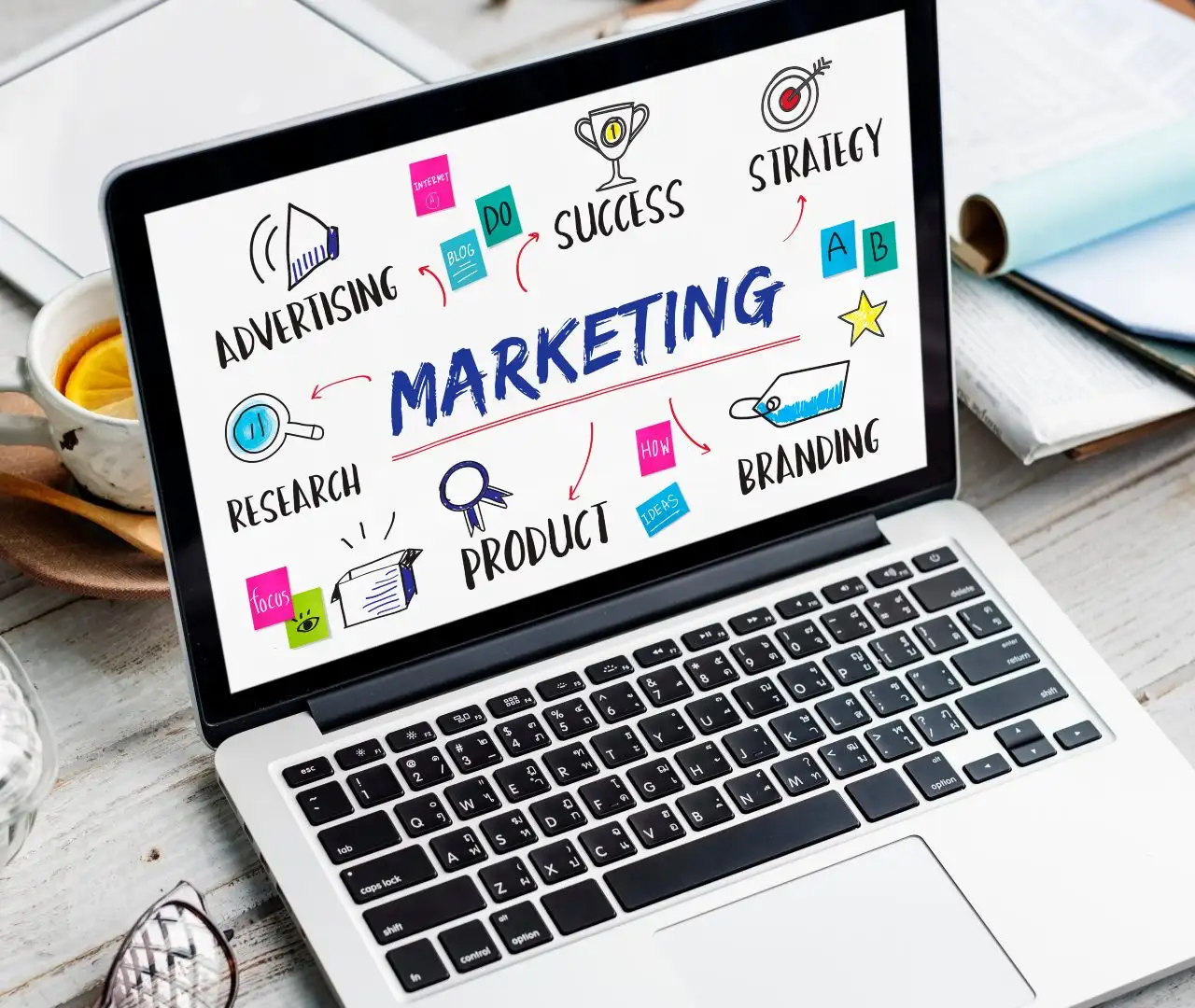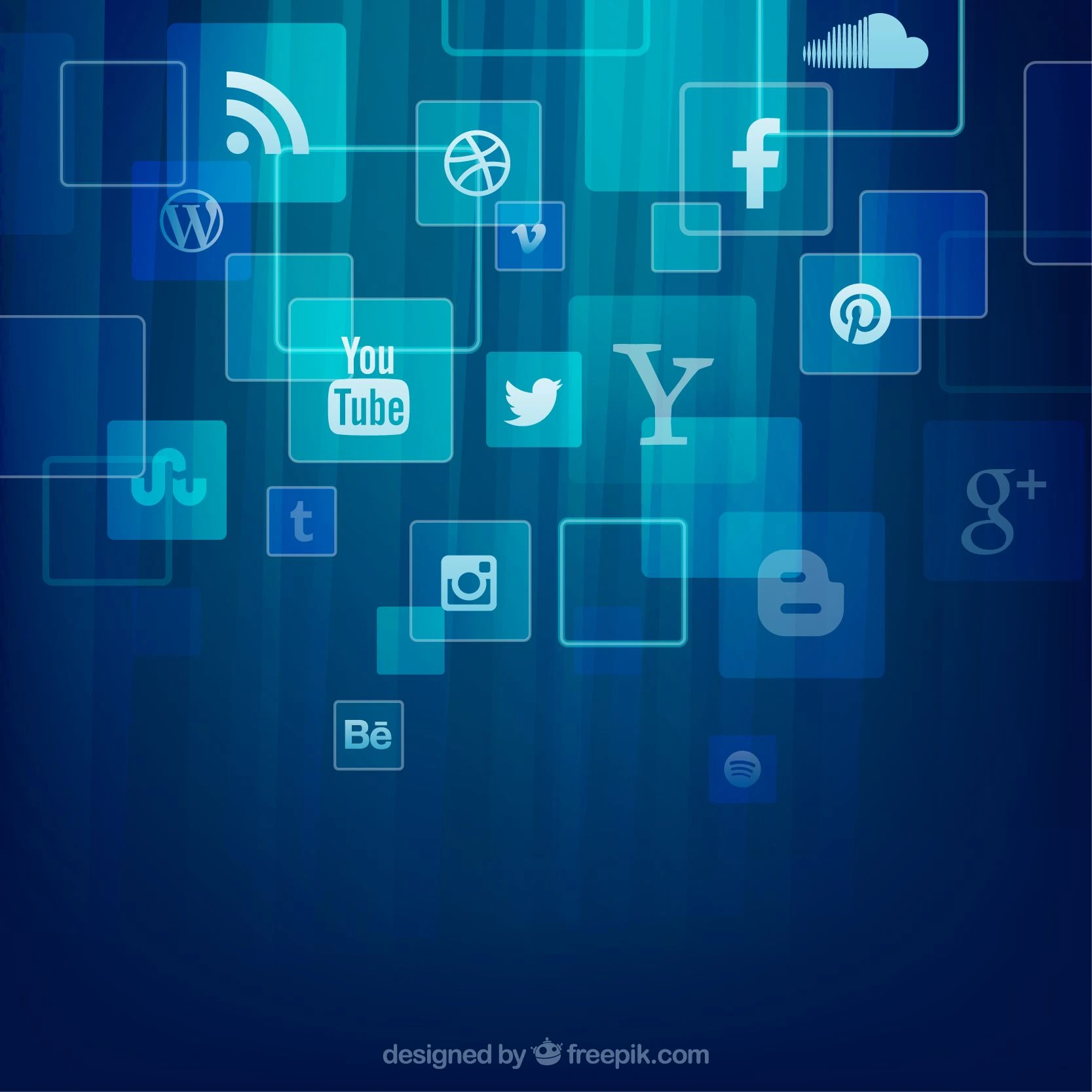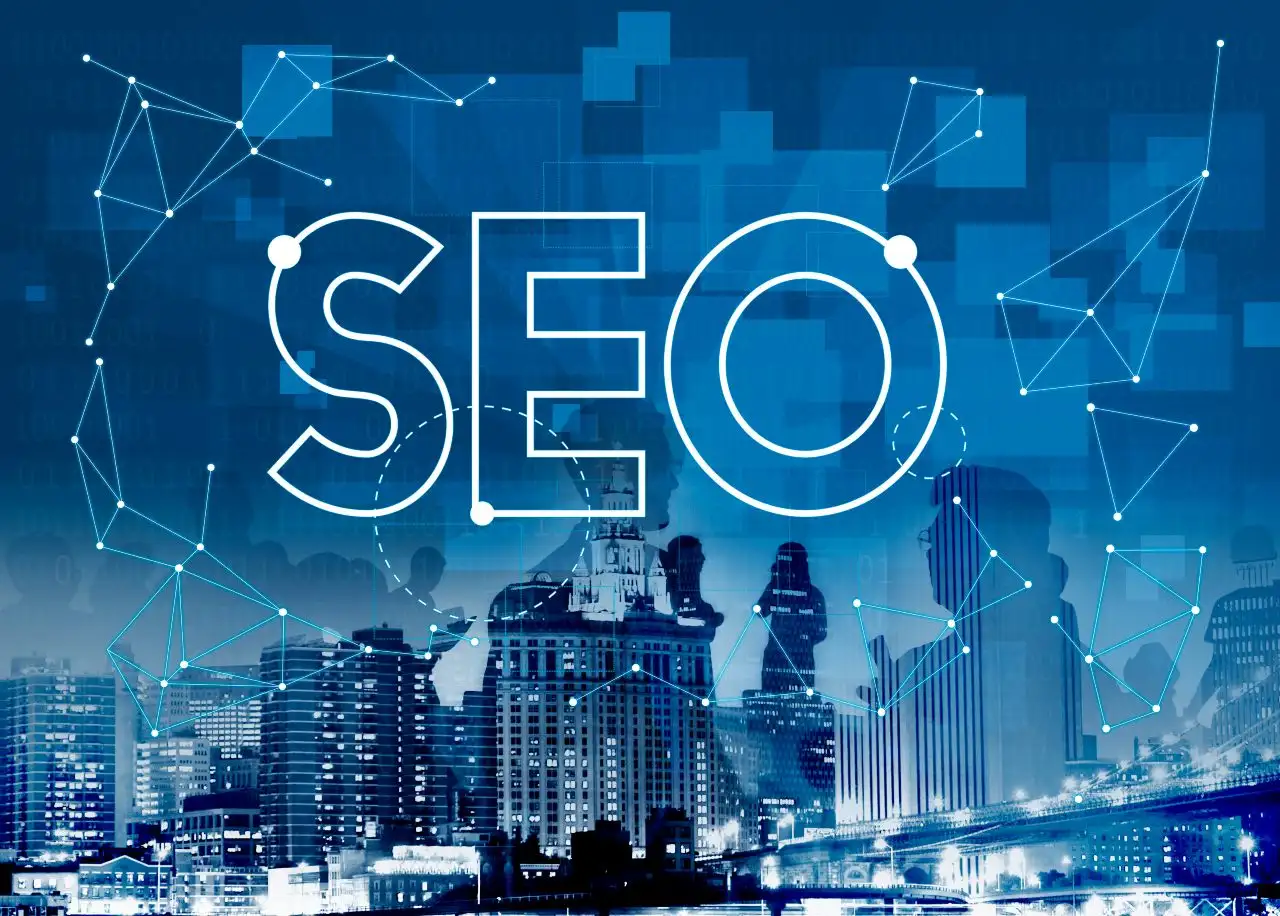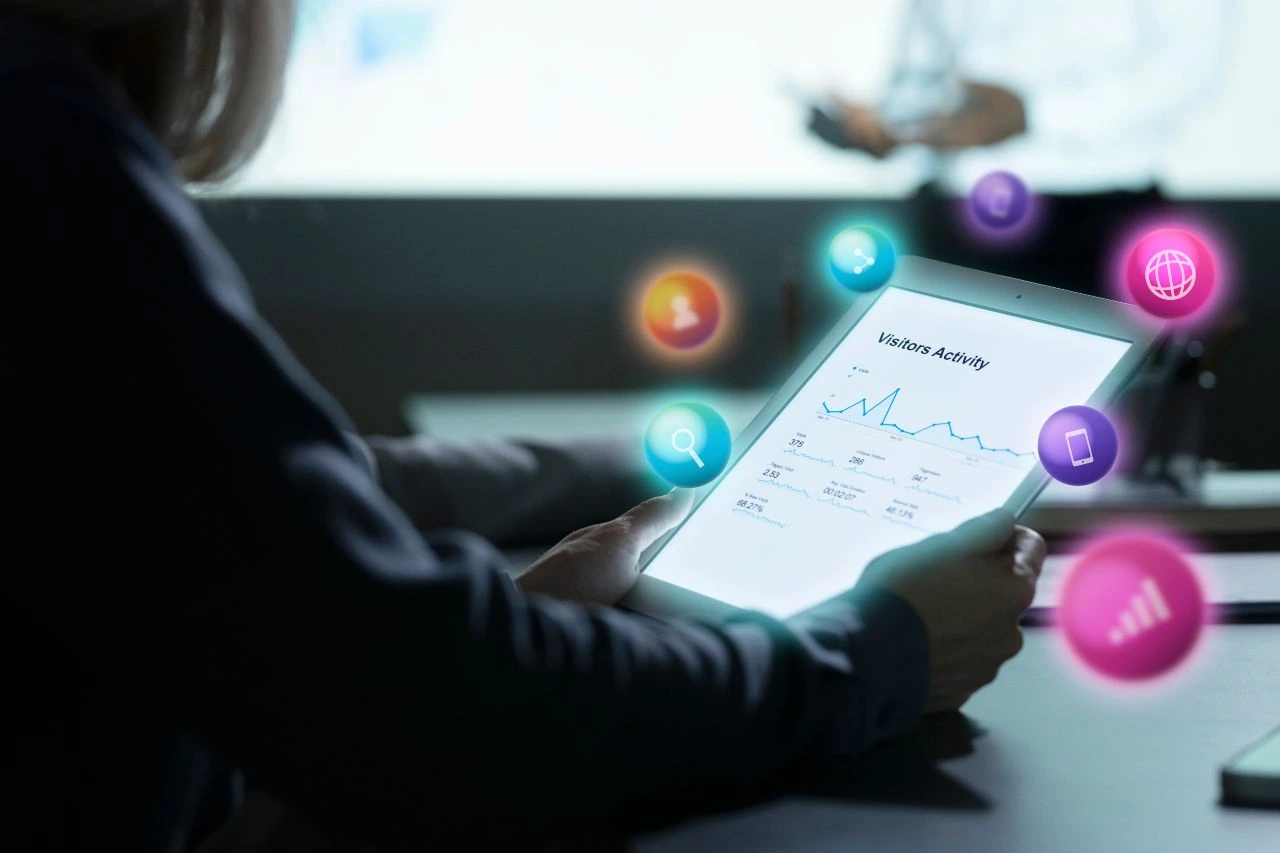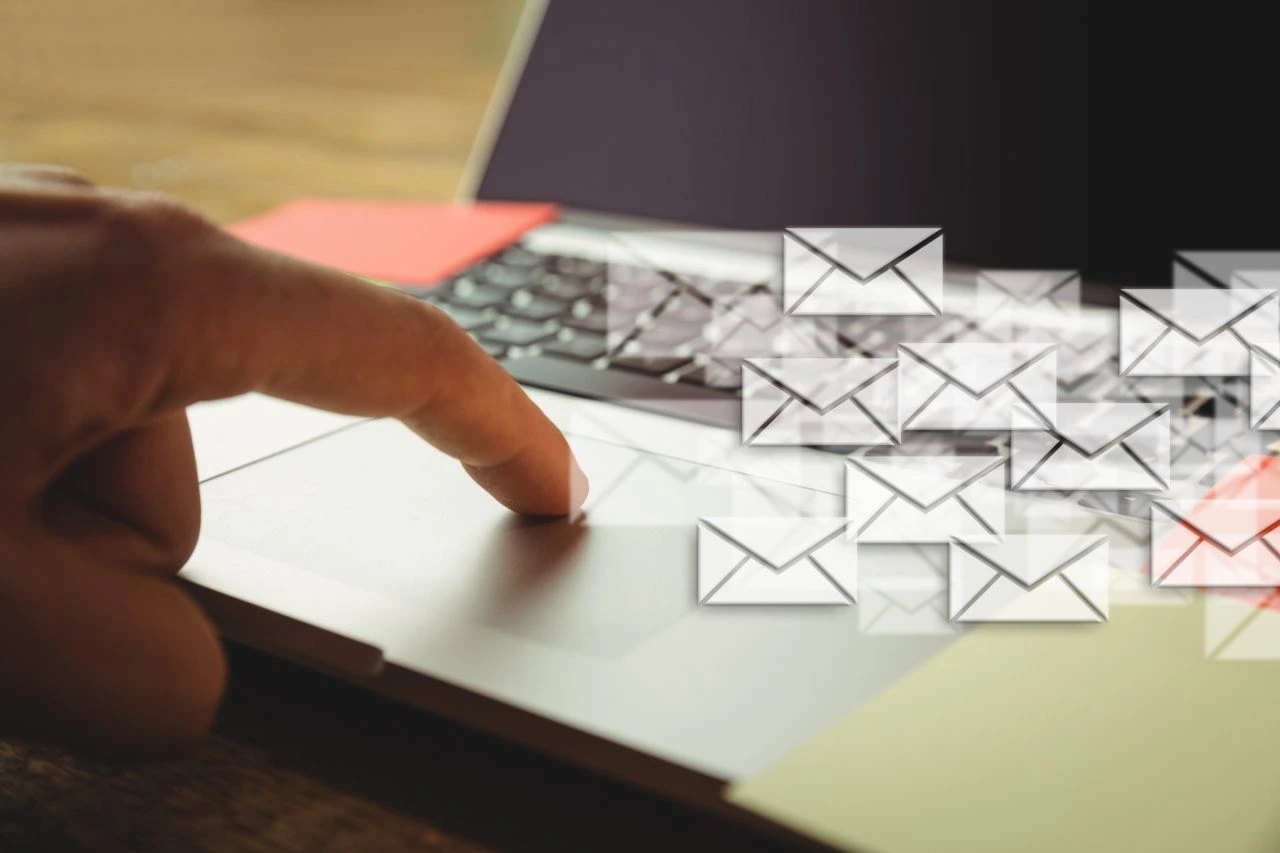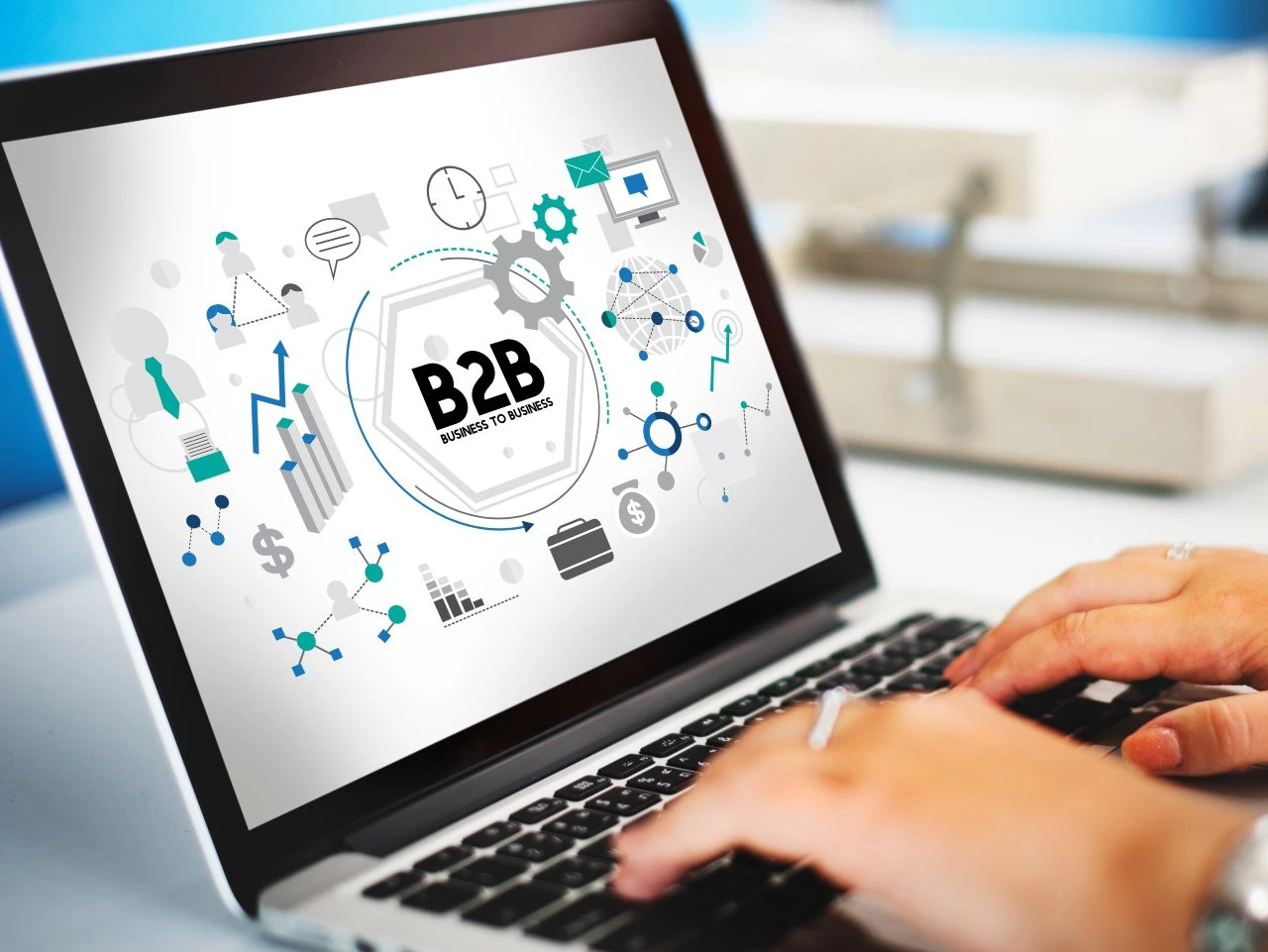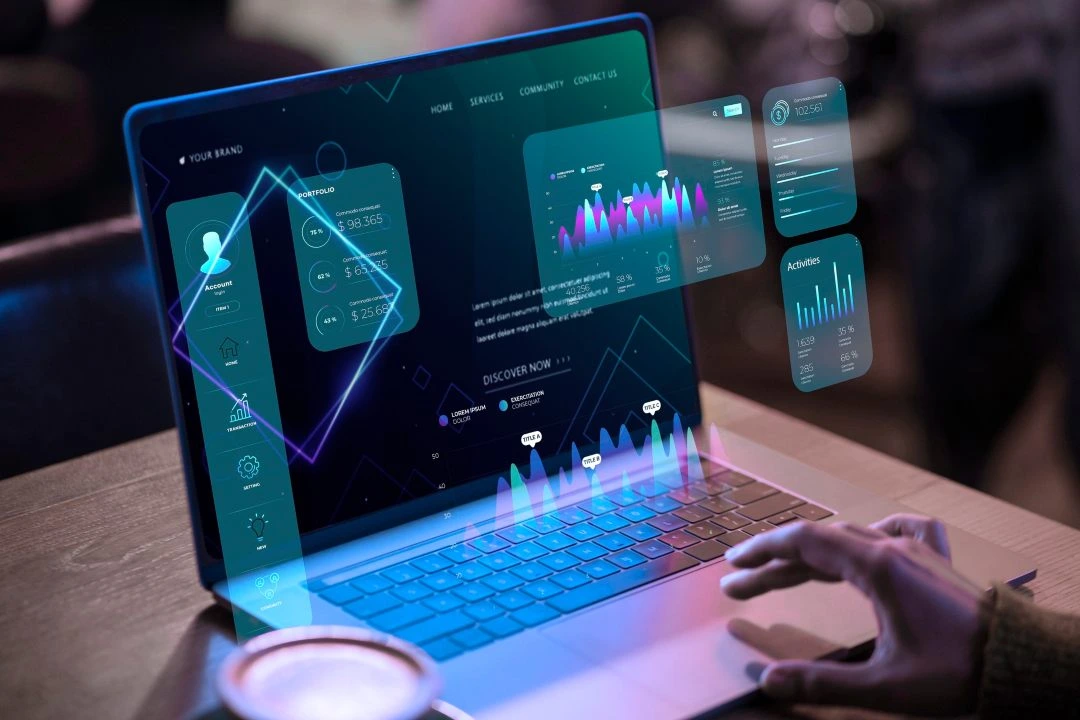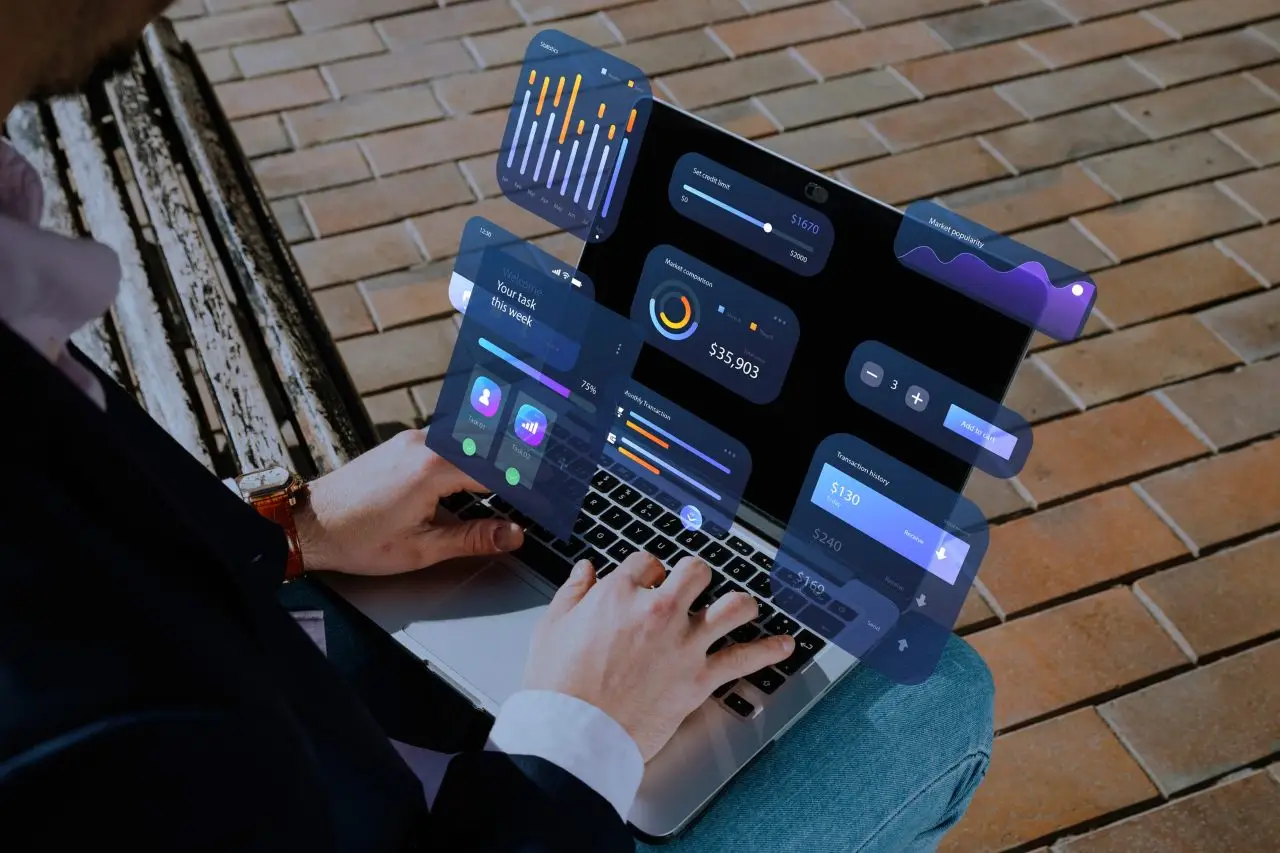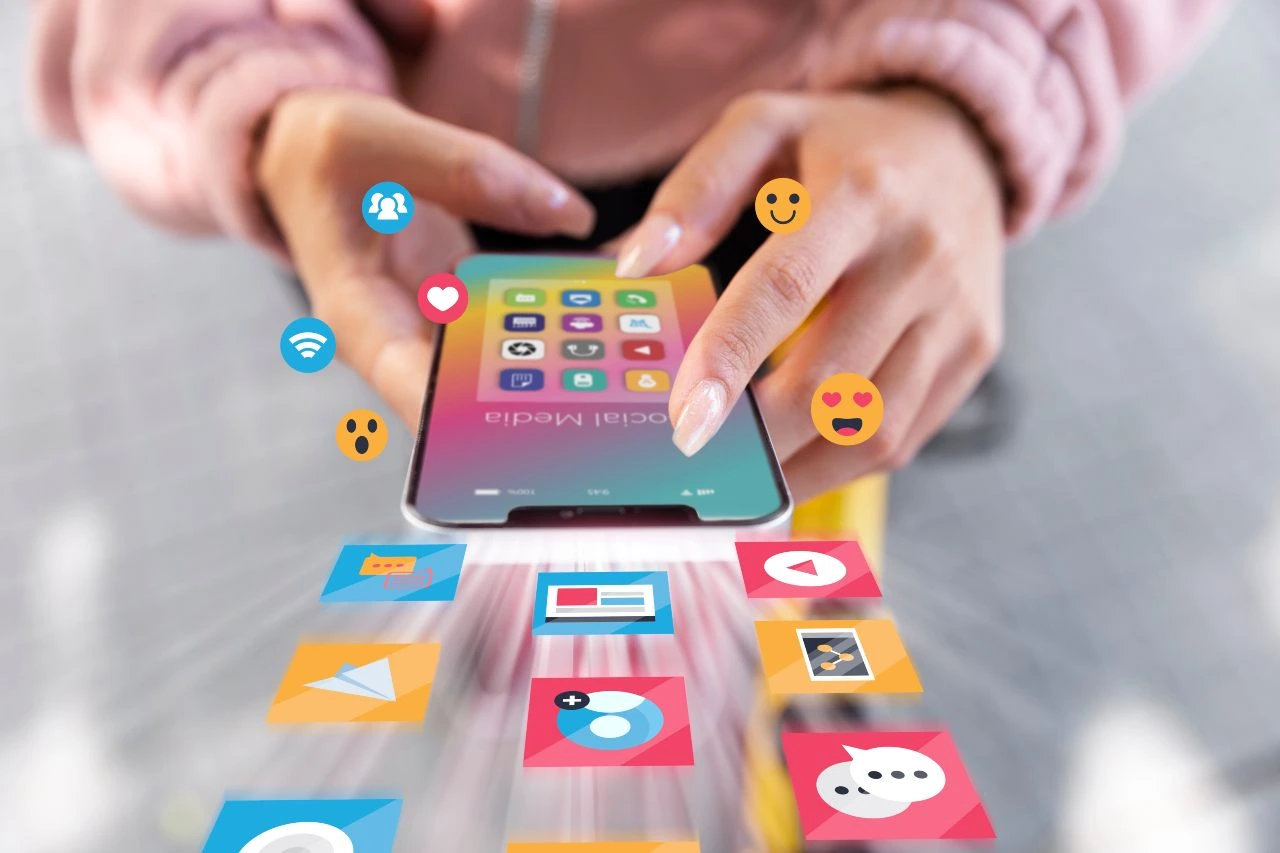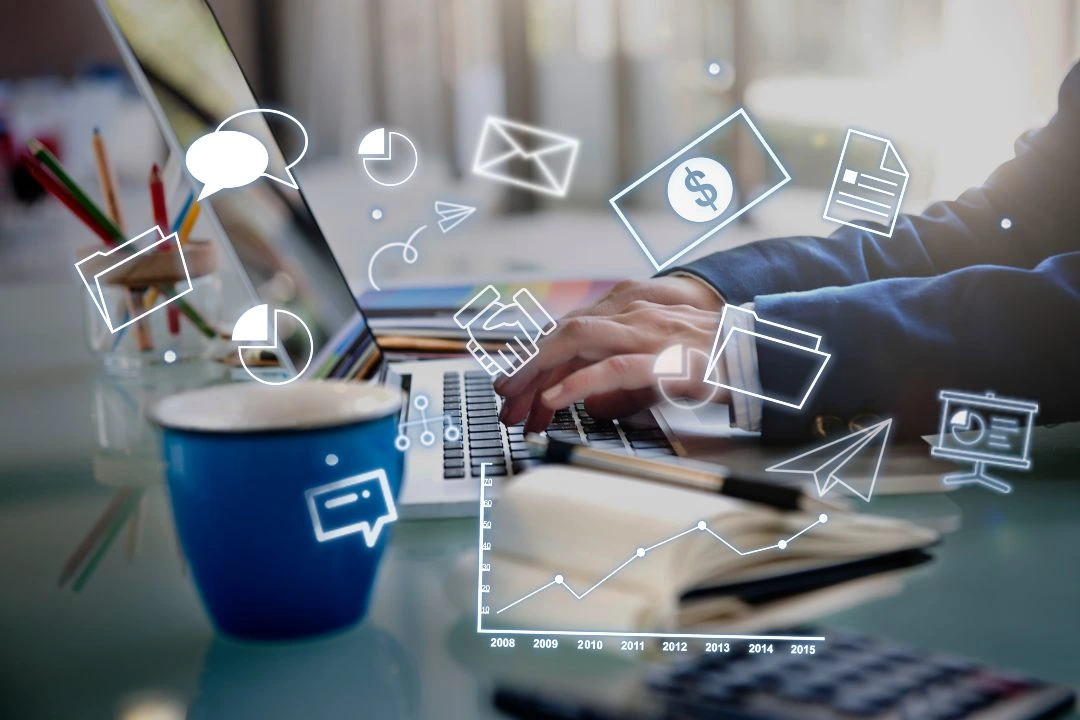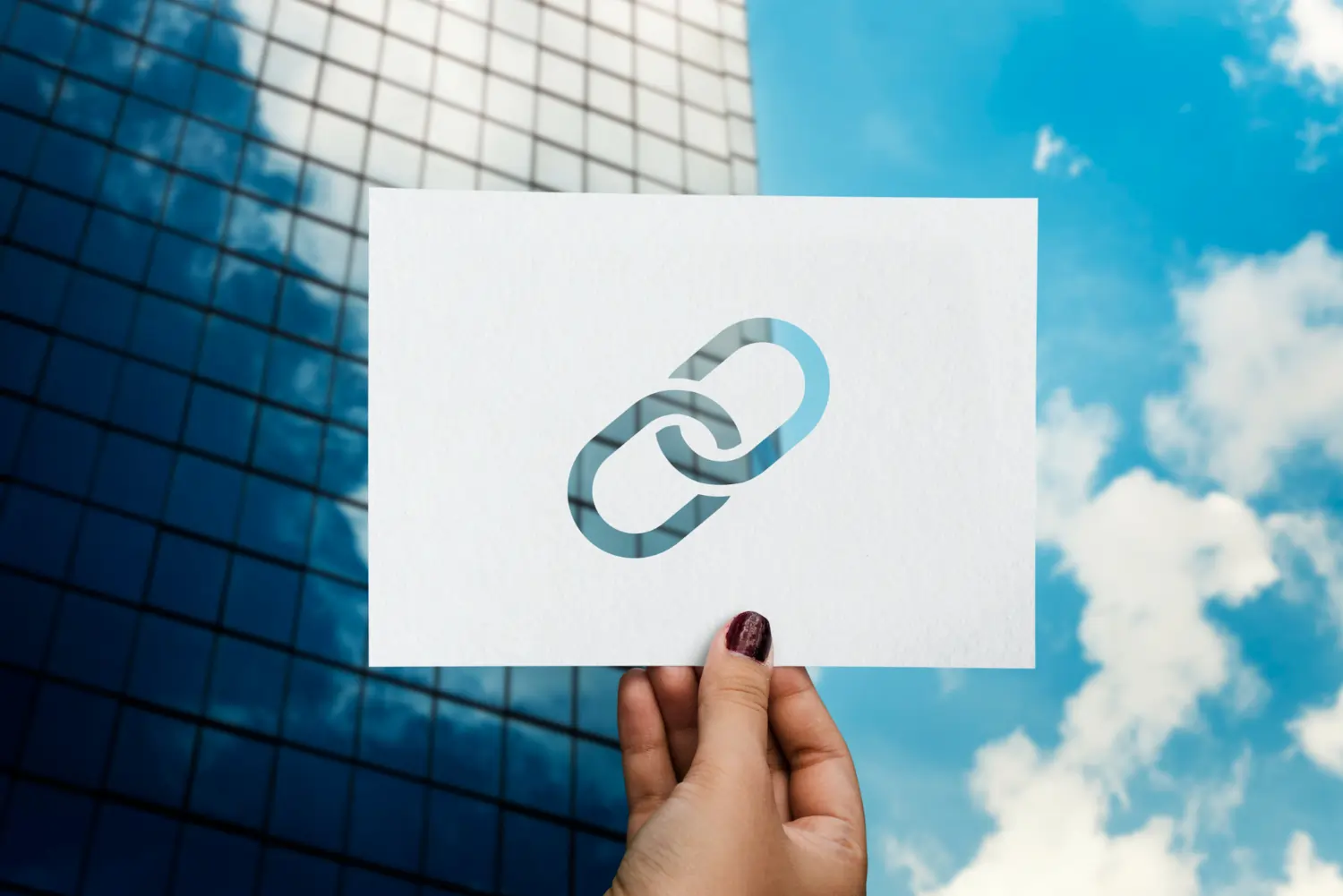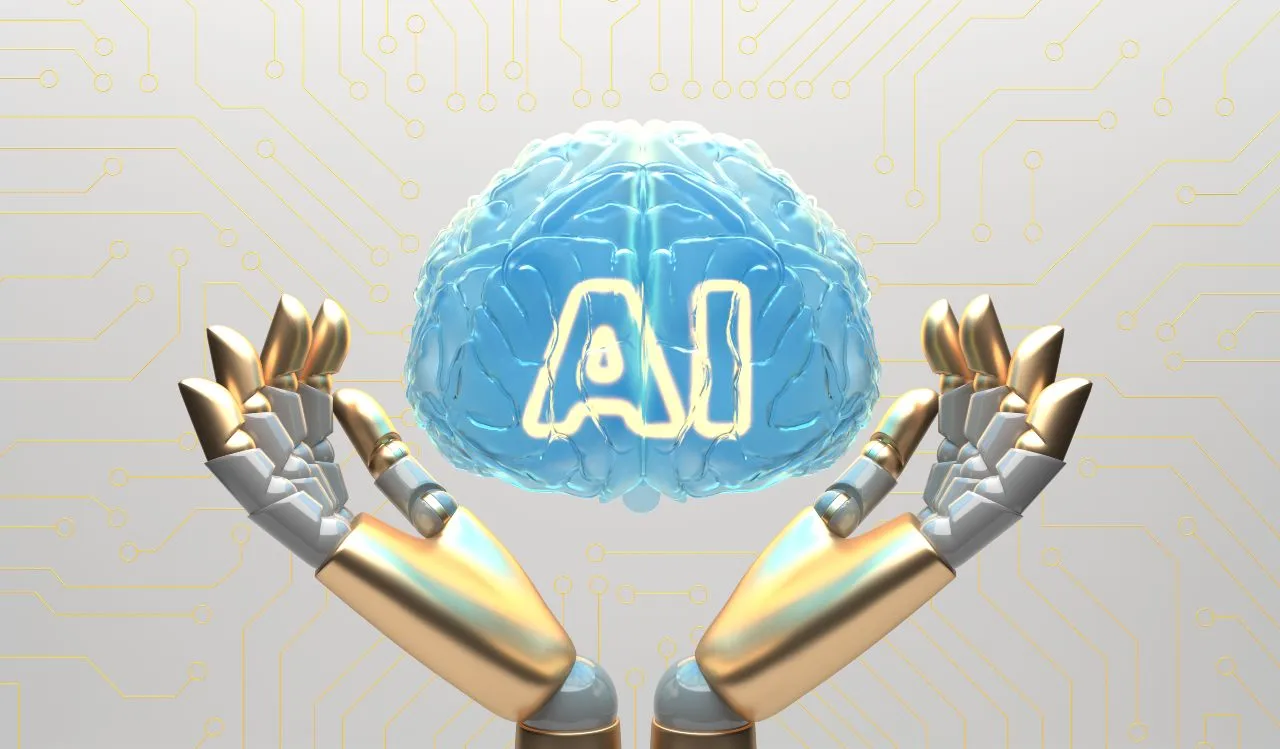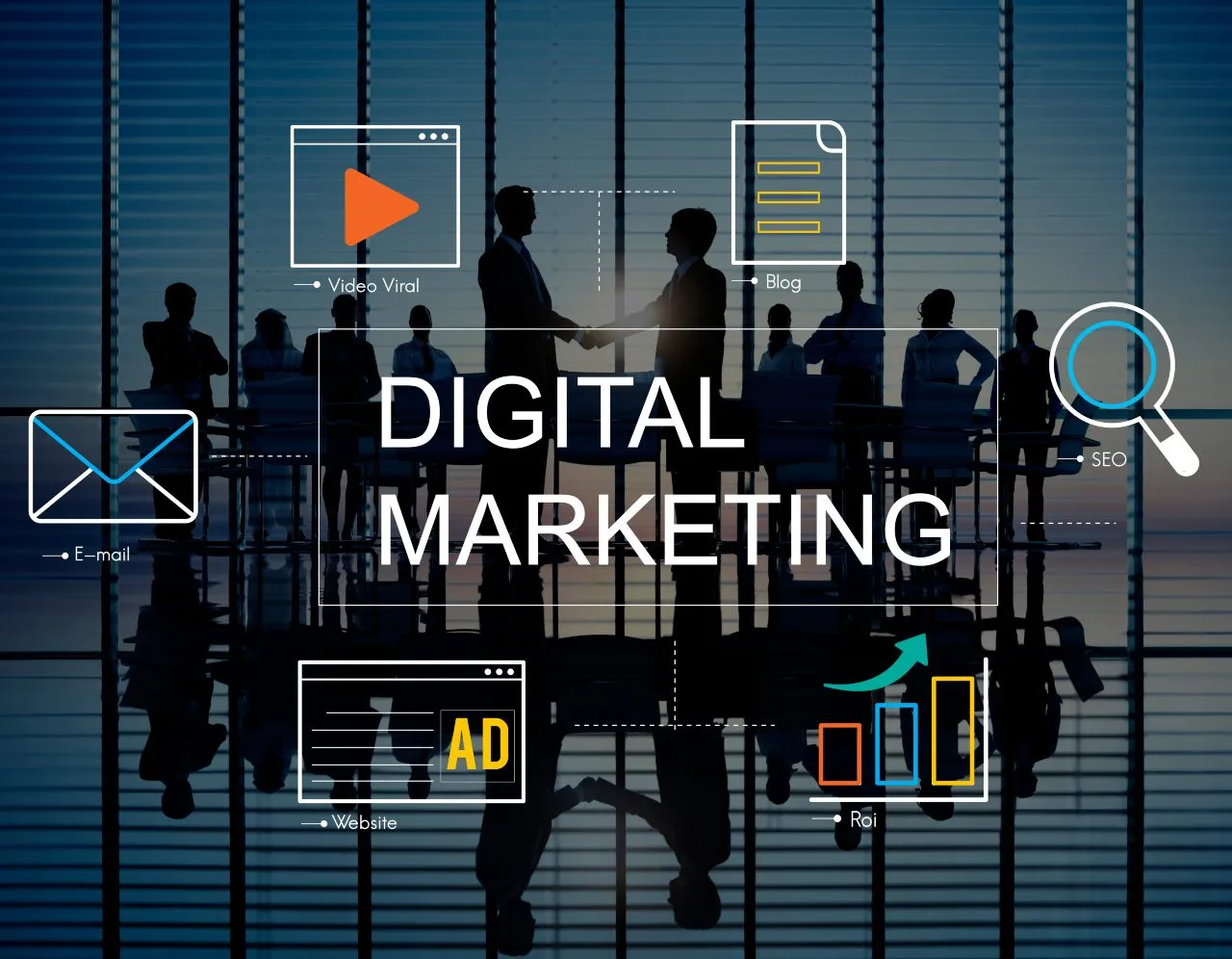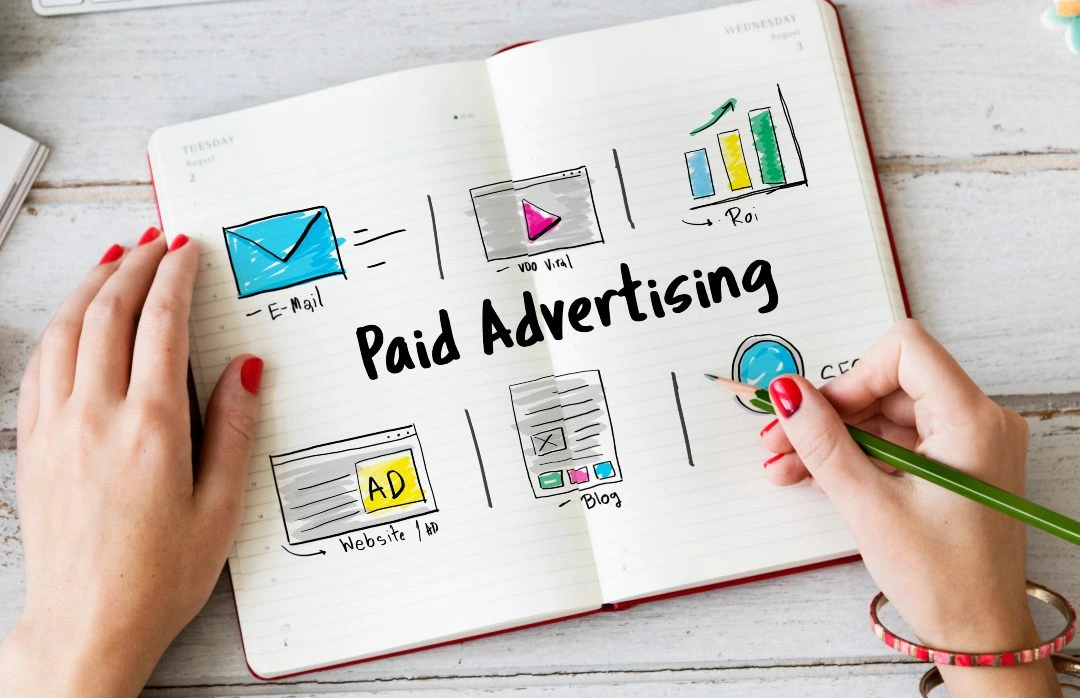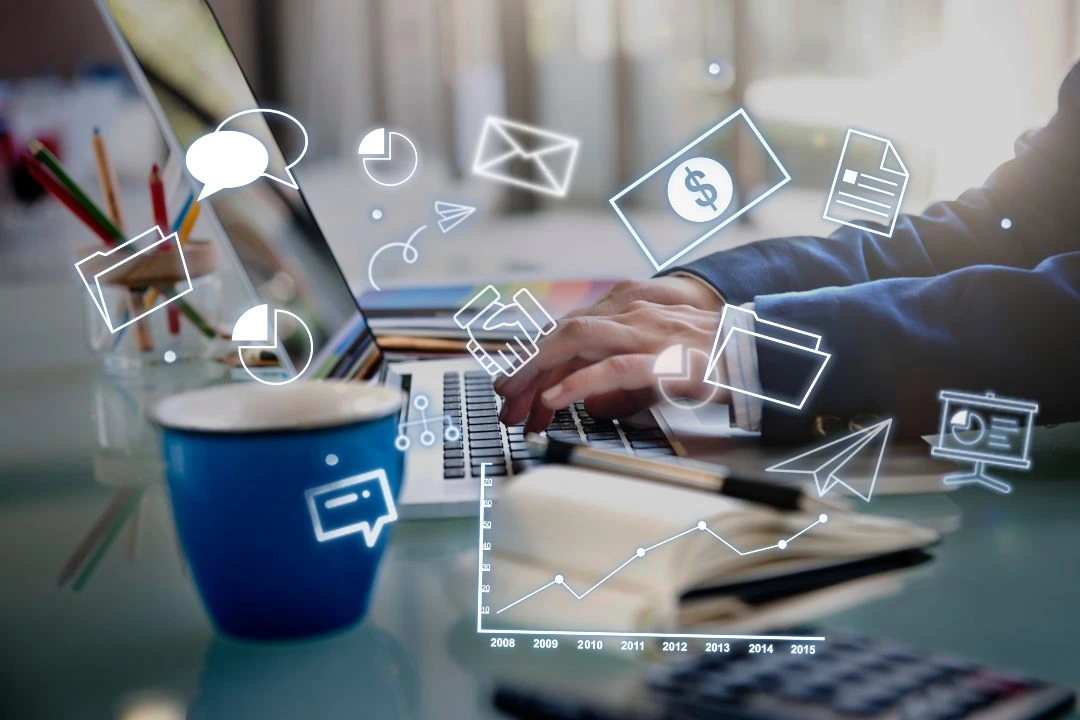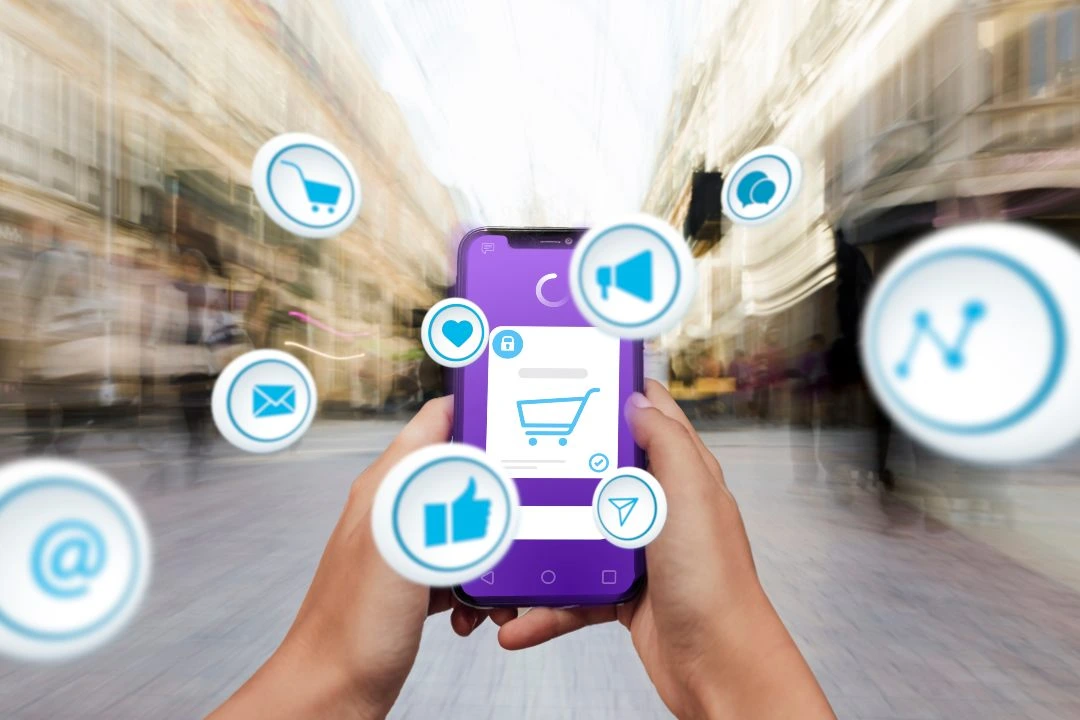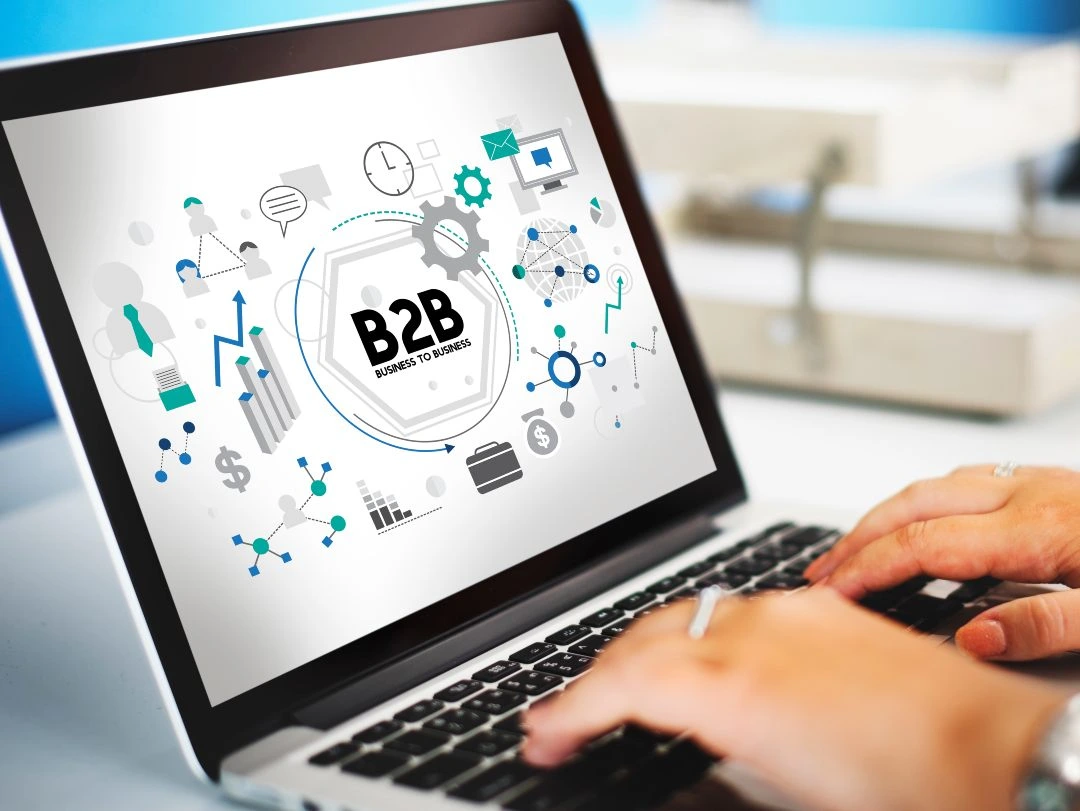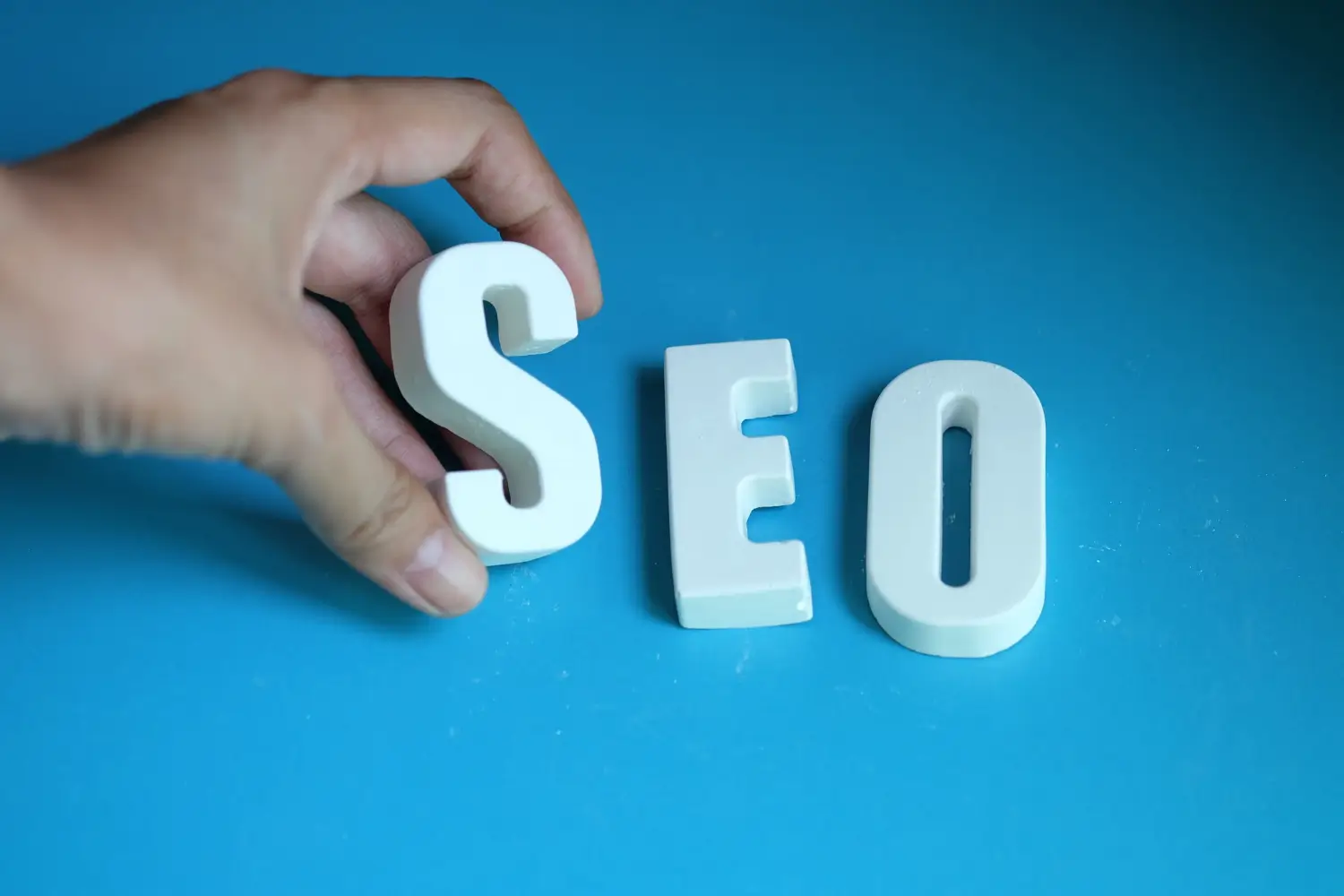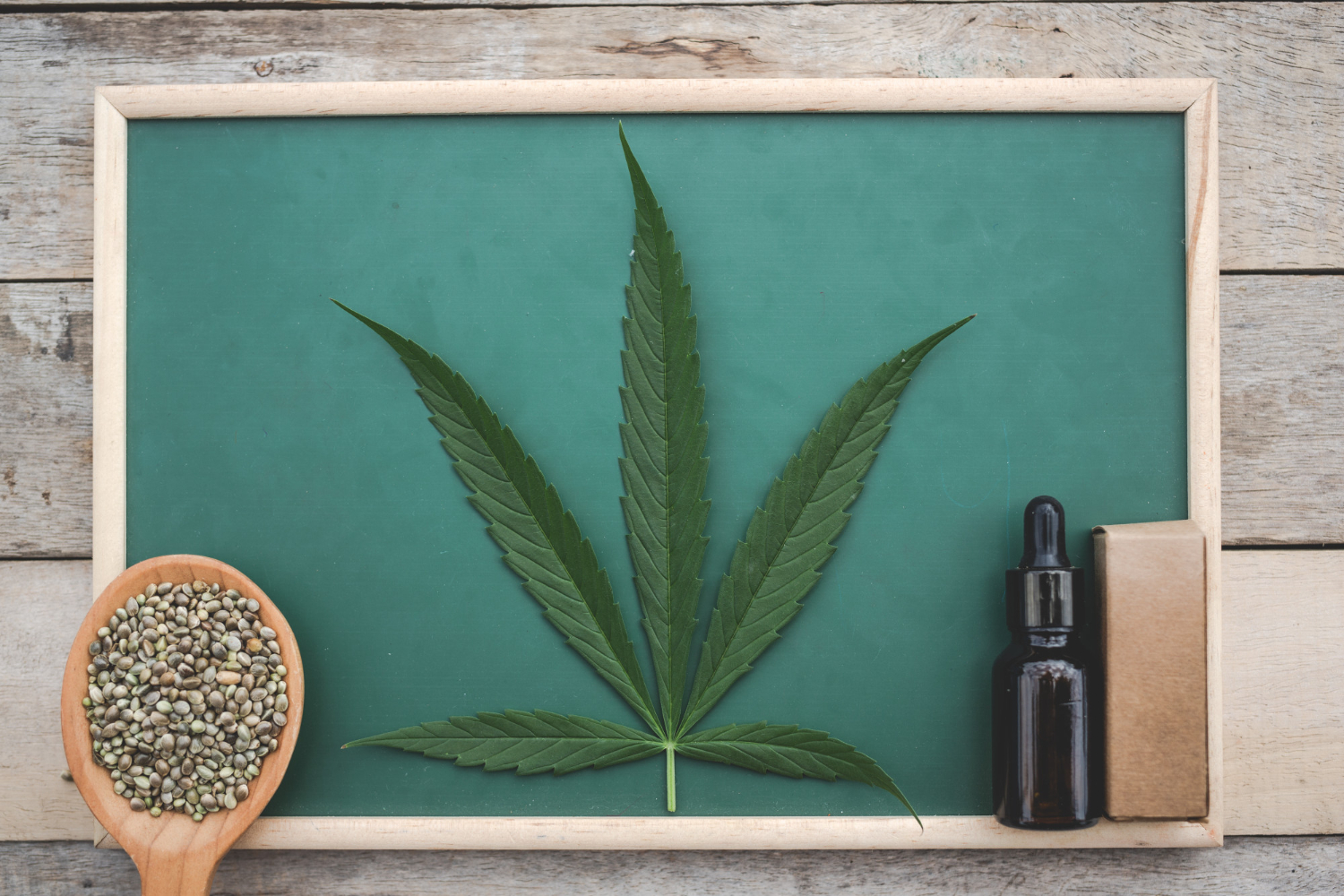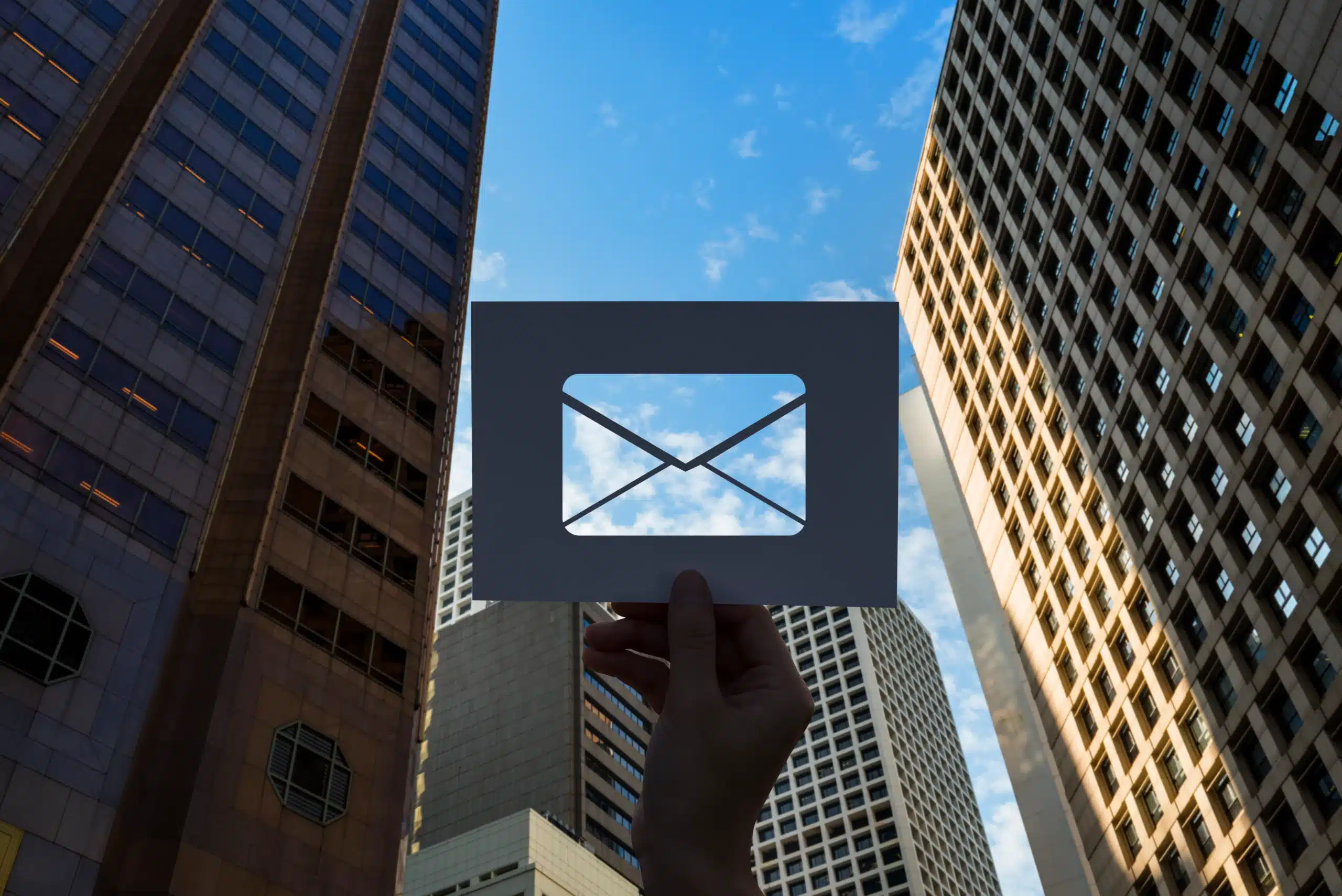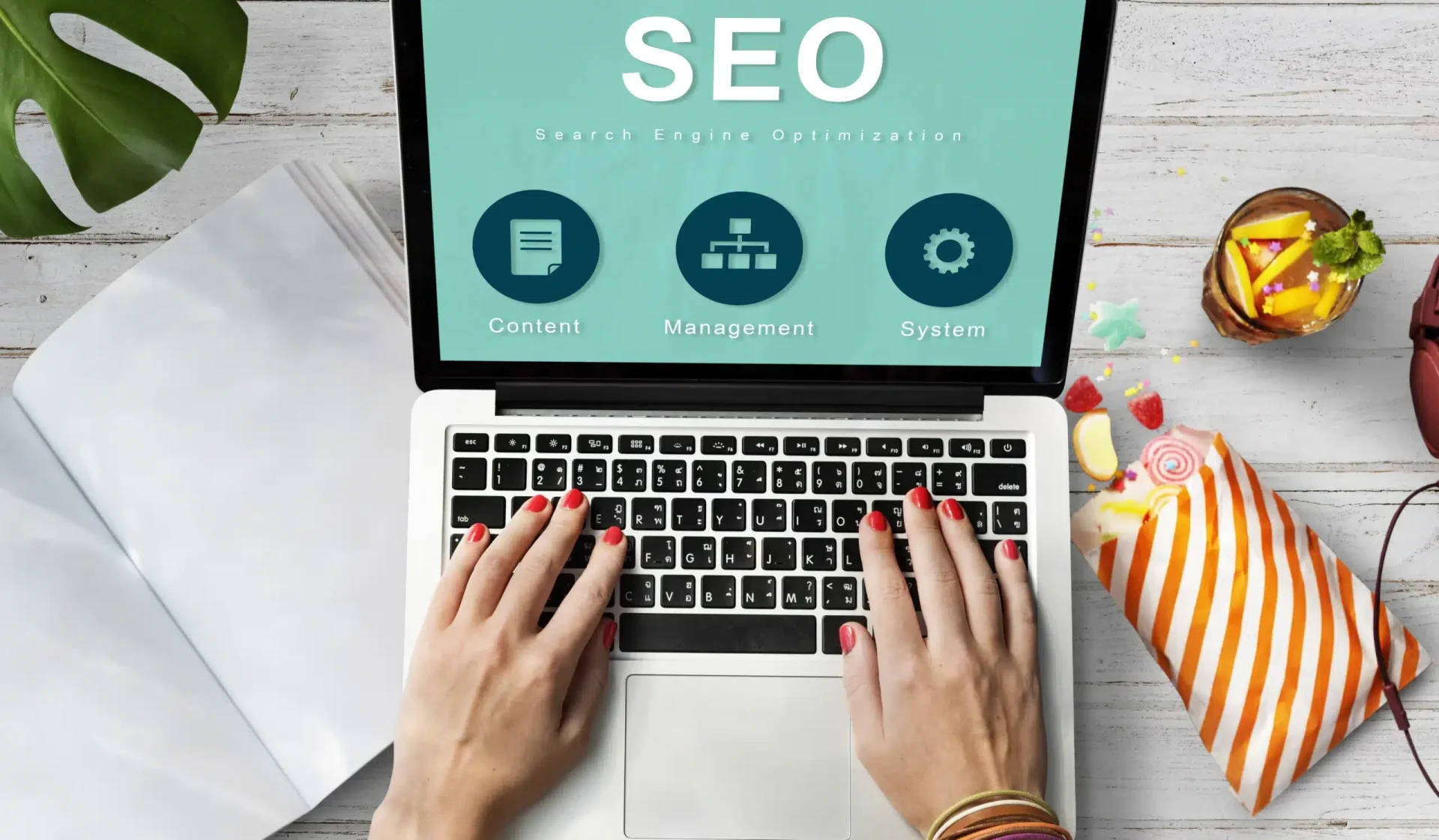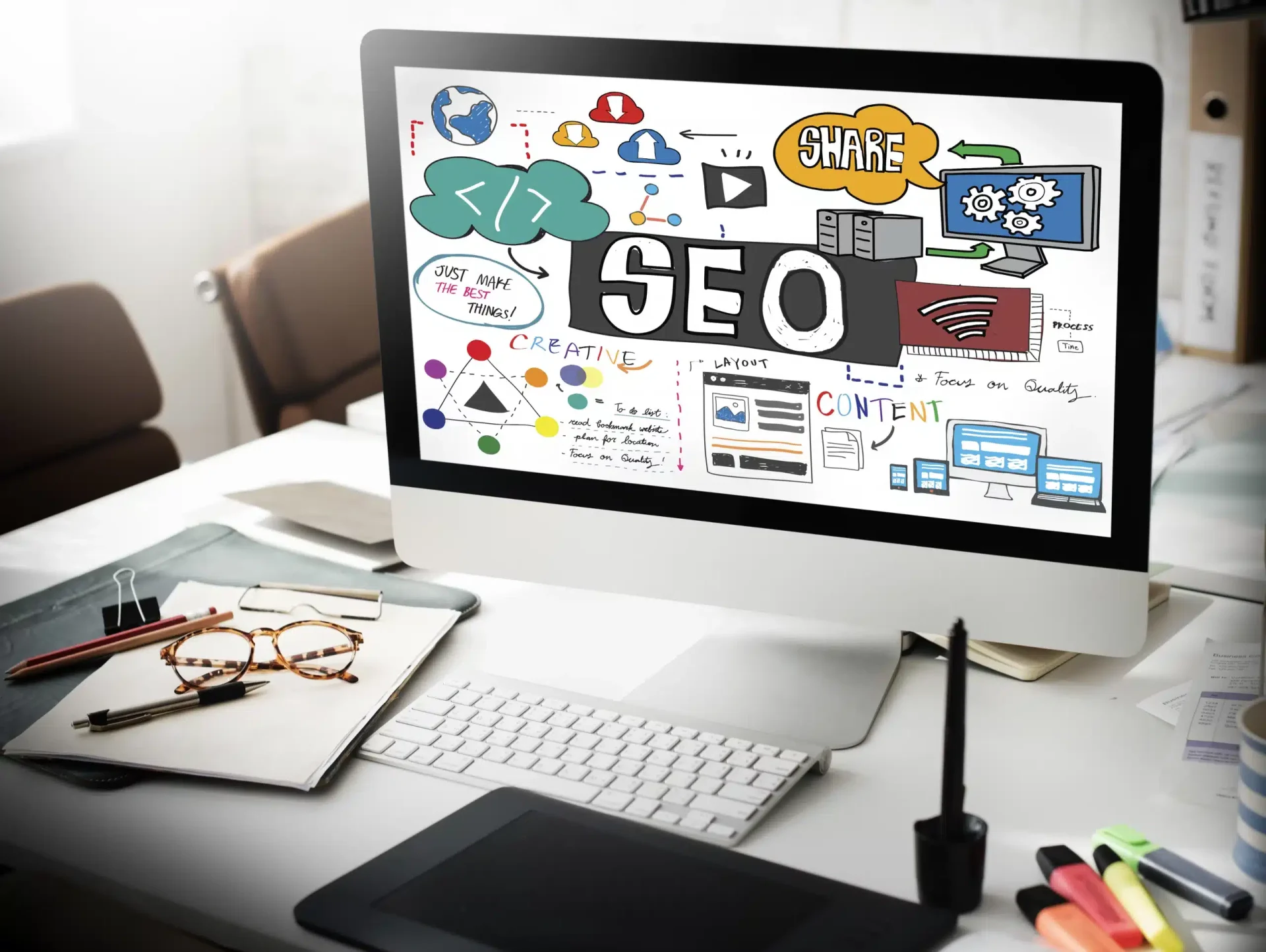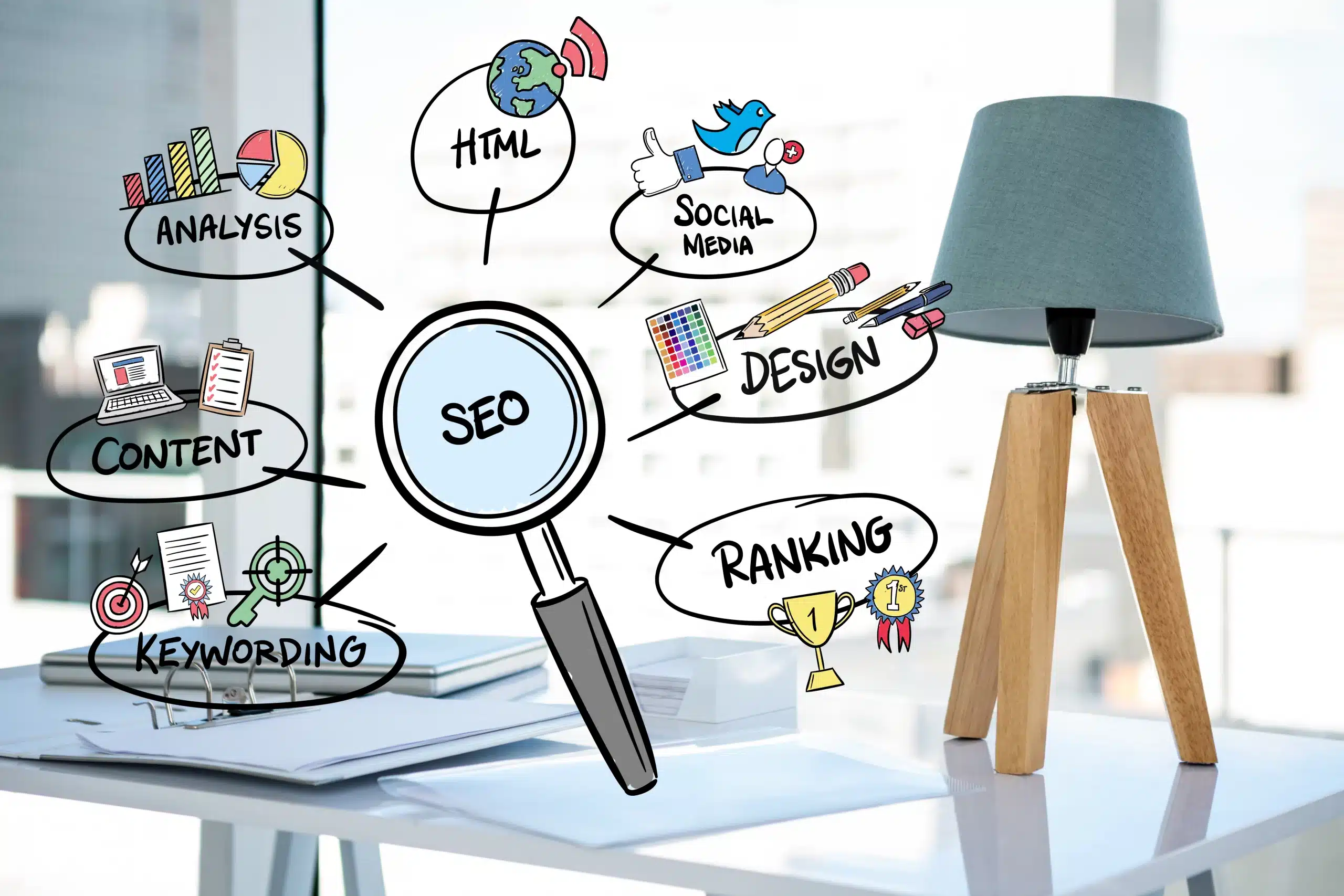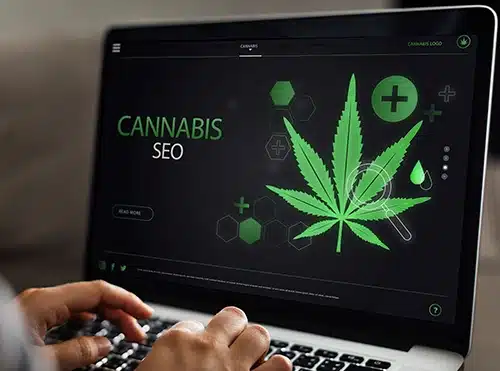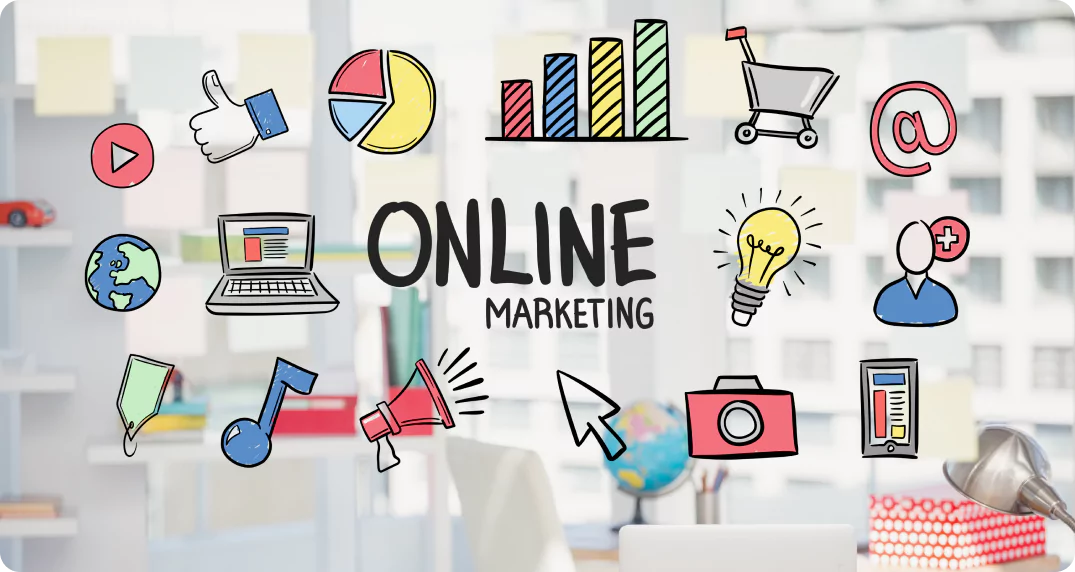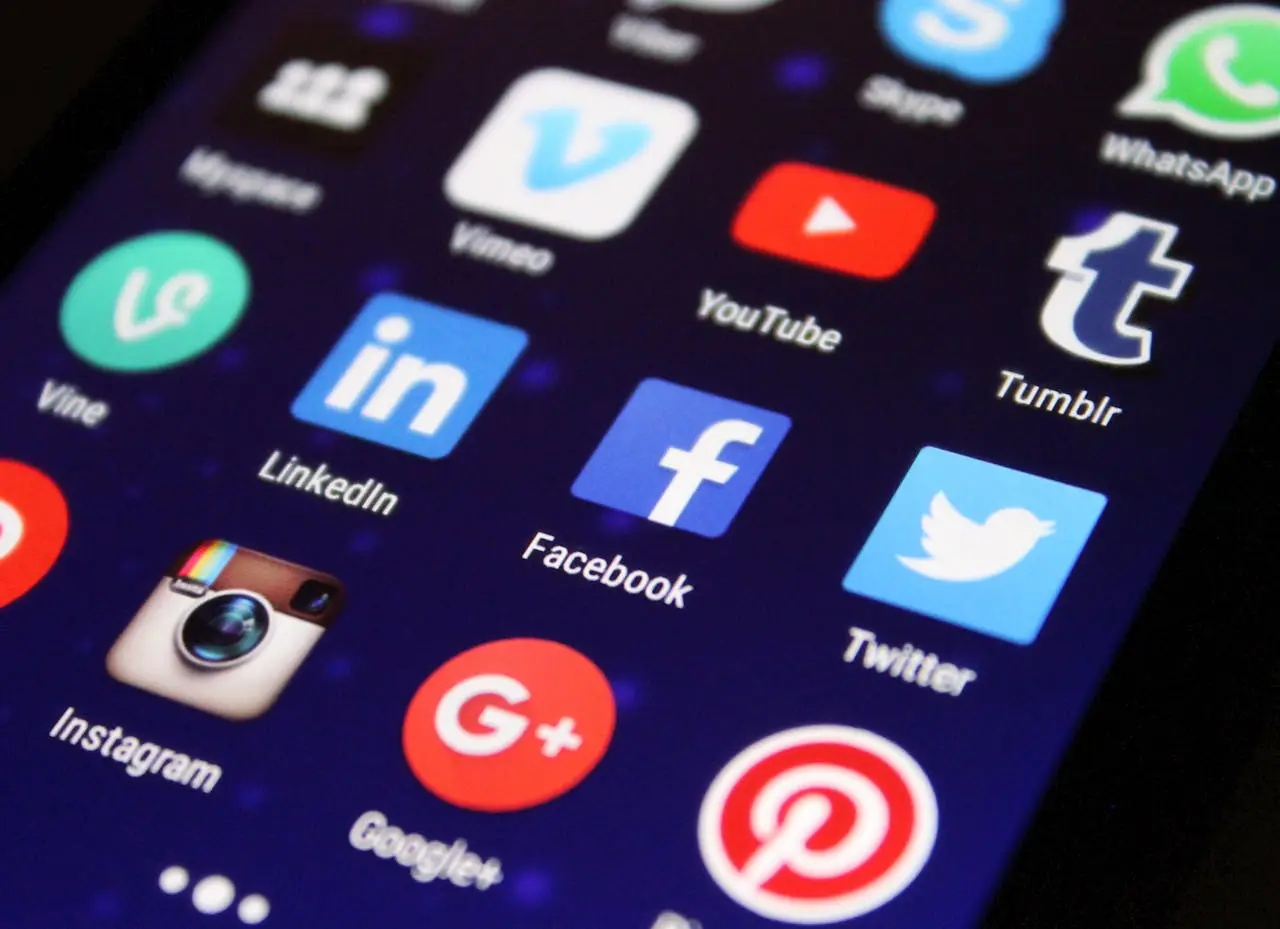Listen to article
Are you willing to bet your marketing dollars on outdated strategies? As we advance into 2025, clinging to traditional methods could mean missing out on unprecedented opportunities. The game has changed, and at the forefront of this transformation is the intelligent use of data, powered by AI.
One of the most significant trends is how AI is transforming marketing automation statistics. Businesses are leveraging these tools to gain deeper insights into customer behavior, personalize content at scale, and automate routine tasks, and to optimize campaigns. With AI and machine learning expected to be essential for marketing automation, understanding the latest statistics is crucial for staying competitive.
In this article, we’ll explore the current state of marketing automation, with a specific focus on AI applications, and provide valuable insights into how these technologies are shaping the future of marketing.
Role of AI and Machine Learning in Transforming Marketing Automation
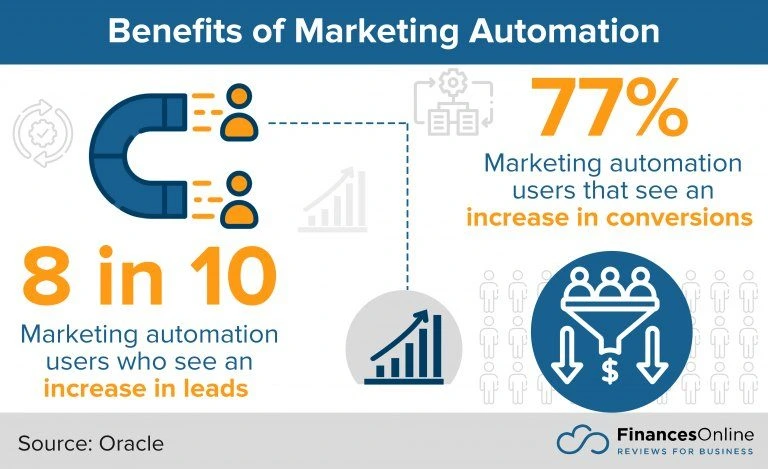
Source: FinancesOnline
As we move further into an era defined by data-driven strategies, artificial intelligence (AI) and machine learning (ML) are no longer optional tools—they are essential drivers of impactful marketing automation. These technologies are reshaping how brands understand their audiences, delivering personalization on an unprecedented scale and automating processes that once required significant time and resources. To remain competitive, marketers need to harness the power of these innovations not only to streamline operations but to deepen customer relationships in a way that feels intuitive and relevant.
- AI and ML provide advanced predictive analytics, enabling marketers to analyze vast data sets, uncover trends, and predict customer preferences with accuracy. Source
- These technologies make large-scale content personalization possible, from dynamic marketing messages to tailored product recommendations, all based on individual user behavior. Source
- Routine marketing tasks, such as scheduling email campaigns and executing real-time bidding on ads, are streamlined with AI and ML, boosting efficiency without sacrificing quality. Source
- Real-time optimization is now achievable, as AI algorithms adjust strategies dynamically based on live performance metrics, ensuring that campaigns remain effective throughout their lifecycle. Source
Key Takeaway
AI and ML are not simply about automating the status quo—they empower marketers to reimagine what’s possible. From hyper-personalized customer journeys to campaigns that evolve in real time, these technologies unlock a new level of precision and scalability. Brands that effectively integrate AI and ML into their marketing strategies will create experiences that resonate more deeply, improve ROI, and outpace competitors.
Pro Tip:
Start small but think big. Begin by embedding AI into one area, such as email segmentation or ad targeting, and gradually expand its use across your marketing ecosystem. Tools like Salesforce Einstein, Adobe Sensei, or IBM Watson can help you adopt AI solutions while providing measurable insights to optimize your strategy.
Integration of AI into Marketing Automation
Artificial Intelligence (AI) has moved far beyond being a buzzword—it’s now a cornerstone of modern marketing. Its ability to analyze vast amounts of data, predict trends, and deliver hyper-personalized experiences means that marketers have more powerful tools than ever to connect with their audiences effectively. As 2025 unfolds, AI is no longer just an add-on to existing strategies but a driver of transformative change, helping businesses scale smarter and faster.
- A striking 61.4% of marketers are leveraging AI to supercharge their automated marketing strategies. Source
- AI applications in marketing automation include personalization, content automation, campaign optimization, predictive analytics, and large-scale data analysis. Source
- Globally, 32% of marketers are using AI for specific applications such as paid advertising and personalized email campaigns. Source
- Among customer service executives, AI tools have driven a 28% improvement in productivity. Source
- Businesses are integrating AI into training programs to expedite skill-building, especially for customer-facing roles that require impactful human interactions. Source
- AI-powered advertising is delivering smarter, higher-ROI campaigns through advanced audience targeting and performance optimization. Source
- Predictive analytics, fueled by AI advancements, is quickly becoming a critical trend in marketing automation for 2025. Source
Key Takeaway
AI isn’t just enhancing marketing automation—it’s redefining what’s possible. By enabling marketers to anticipate customer desires, predict behaviors, and automate tasks with precision, AI empowers teams to focus on strategy and creativity while the technology handles complex insights. With predictive analytics leading the charge, brands that embrace AI early can craft campaigns that resonate on a deeper level and outperform competitors who rely on outdated approaches.
Pro Tip:
Curious where to start? Begin by integrating AI tools that refine your customer segmentation and forecasting models. Predictive analytics shines brightest when aligned with your audience’s unique behaviors, giving you the power to deliver the right message at the right time—every time.
How AI Redefines Personalized Marketing Strategies
Today’s digital landscape demands more than just attention—it requires relevance. AI-driven personalization has emerged as a game-changer for marketing automation, allowing businesses to break through the noise and connect with consumers on a deeper level. By analyzing customer behavior and preferences in real time, brands can now dynamically adapt content, ads, and offers to suit individual needs. This isn’t just about personalization; it’s about creating moments of genuine connection that drive action and loyalty.
- AI is a key player in marketing automation, enabling hyper-personalized content by analyzing customer data and behavior patterns. Source
- Dynamic ads are on the rise, adapting messaging to align with an individual viewer’s context and needs, which elevates the user experience. Source
- AI identifies browsing habits and helps deliver highly targeted offers, such as discounts tailored to the user’s interests or previously viewed products. Source
- Dynamic advertising engages users by surfacing the most relevant features or products based on the specific website they are visiting. Source
- Lead generation is being revolutionized by AI’s ability to personalize at scale, with promising advancements even as data privacy concerns persist. Source
Key Takeaway
The push toward AI-enhanced personalization isn’t just a trend—it’s a necessity in a cluttered marketing landscape. As consumers grow accustomed to tailored digital experiences, offering generic content will no longer suffice. Forward-thinking brands are already leveraging AI to understand their audiences better, fine-tune messaging, and deliver seamless, meaningful interactions.
Pro Tip:
Start small but think big. Explore AI tools to test personalization tactics, such as segmenting by behavioral insights or launching context-aware ad campaigns. Gradual experimentation offers valuable learnings, and scaling successful strategies will ensure your brand stays ahead in creating customer-centric experiences.
Future of Audience Segmentation with AI
As marketing automation continues to evolve, AI-powered audience segmentation is becoming a game-changer for precision and efficiency. Rather than relying on traditional methods of demographic analysis or static buyer personas, AI is enabling brands to identify nuanced audience clusters in real time. This innovation reshapes how marketers plan campaigns, allowing hyper-personalized messaging to reach the right people at the right time.
- By 2026, AI is predicted to revolutionize how marketers build and segment audience groups entirely. Source
- Advanced tools will analyze massive datasets—like browsing habits and purchasing trends—to generate detailed target group profiles. Source
- Marketers will simply feed AI systems a campaign concept, and the technology will identify and create audience segments primed for conversion in seconds. Source
- Ads will be dynamically adjusted and delivered using real-time behavioral insights, eliminating the need for creating multiple ad variations manually. Source
- Future campaigns may go as far as tailoring ads based on users’ moods, recent searches, or even their time zones. Source
- As AI takes over the granular tasks of audience segmentation, marketers will shift their focus to creative strategy, storytelling, and brand alignment while leaving execution to technology. Source
AI’s ability to analyze and adapt in real time is paving the way for unprecedented levels of personalization at scale. This isn’t just an advantage—it’s fast becoming a necessity in competitive markets where consumers expect tailored engagement from brands. By automating technical intricacies, marketers are freed up to focus on fostering authentic customer connections and driving innovative campaigns.
Pro Tip:
To stay ahead, start integrating AI-powered audience segmentation tools early. Platforms like HubSpot, Salesforce, and Adobe already offer features that combine data integration with AI insights. Pair these tools with a strategy that prioritizes dynamic, customer-centric experiences to maximize your ROI.
How Generative AI is Shaping the Future of Marketing Automation
Generative AI (GenAI) is no longer just a buzzword; it’s transforming how marketing teams approach automation, creativity, and consumer engagement. While the idea of AI-powered tools replacing labor-intensive tasks is exciting, the real opportunity lies in how marketers can harness GenAI to create meaningful, data-driven connections with their audiences. However, the integration of such advanced technology doesn’t come without its challenges — marketers must strike a careful balance between automation and the human touch to maintain authenticity and trust.
- GenAI is set to become a cornerstone of marketing automation, influencing nearly all marketing activities and encouraging marketers to navigate the complexities of this evolving technology. Source
- Its adoption will renew focus on brand reputation, data accuracy, and the irreplaceable value of human experiences, such as live events, for building authentic relationships in an AI-driven world. Source
- Strategic guidelines and structured processes will become essential as GenAI continues to integrate into workflows, campaigns, and decision-making processes. Source
- GenAI is poised to revolutionize account-based marketing (ABM) by refining channel alignment, enhancing reporting, and prioritizing high-value accounts with unparalleled precision. Source
- According to Planable, 29% of marketers utilize AI tools for content creation and marketing support, underscoring its growing popularity in day-to-day operations. Source
- AI tools simplify content creation by helping marketers produce personalized and relevant materials more efficiently, ensuring campaigns resonate with individual consumer needs. Source
- By leveraging AI for lead form and phone call analysis, marketers can uncover key customer questions and pain points, which can then inform content across platforms — from emails to social media and paid ads. Source
- Advanced tools like OpenAI’s GPT-4 with Vision demonstrate how GenAI is pushing boundaries by generating product descriptions directly from image analysis. Source
Key Takeaway
Additionally, as GenAI enables marketers to streamline campaigns and improve personalization, businesses may find it beneficial to outsource specific digital marketing tasks to remain competitive. For example, strategies like outsourcing email marketing can help companies effectively scale their campaigns while focusing on core operations. This ensures that AI-driven efforts are managed professionally and consistently align with an overarching marketing strategy.
Generative AI is fundamentally altering the landscape of marketing automation, not only by improving efficiency but also by enabling more creative, data-informed solutions. However, its true potential will be unlocked only when marketers merge the precision of automation with the depth of human insight. This means staying agile, adapting to rapid technological advancements, and never losing sight of the emotional intelligence that drives genuine customer relationships. The future of marketing lies not in replacing humans with AI but in empowering them to deliver smarter, more impactful campaigns.
Pro Tip:
To stay ahead in this GenAI-driven era, focus on aligning AI tools with your brand’s core values. Test and refine AI-generated content, ensuring it complements your unique voice and avoids generic messaging. Platforms like Jasper AI, Copy.ai, or Writesonic can serve as great starting points, but your creativity and strategy will make the ultimate difference.
Rising Influence of AI in Marketing Automation: From Crisis Management to Customer Insights
As AI technology continues to evolve, it’s becoming a cornerstone of modern marketing strategies, transforming how businesses approach customer engagement, lead qualification, and even crisis management. For enterprises navigating complex purchasing decisions or responding to shifting market dynamics, AI offers unparalleled opportunities to analyze data, predict outcomes, and fuel informed strategies. Beyond automation, AI’s ability to uncover deep customer insights and proactively manage brand perception is shaping the future of marketing with precision and scalability.
- By 2026, AI will be pivotal for brand protection, equipped to monitor online sentiment and identify crises before they escalate. Source
- AI systems will not only detect crises but also deploy pre-programmed, adaptive responses tailored to the tone and context of the situation. Source
- Sudden spikes in negative feedback can be detected immediately by AI, which will analyze the root cause and suggest an updated messaging strategy—all in real time. Source
- Enterprises are increasingly relying on AI algorithms to guide complex purchasing decisions, as these systems become more advanced and data-reliant. Source
- Ad targeting is moving toward data-oriented content, emphasizing measurable product features and performance metrics, which are critical for AI-driven decision makers. Source
- Conversational AI, powered by data from customer interactions, helps businesses discover prospects’ needs, pain points, and optimal solutions. Source
- AI enables brands to map out customer behavior at every stage of their journey, sharpening ad strategies and refining sales processes through actionable insights. Source
- Predictive analytics powered by AI takes lead segmentation to the next level, categorizing prospects based on their conversion potential and tailoring follow-ups accordingly. Source
- By integrating AI into digital marketing channels, businesses can process vast datasets to uncover trends, anticipate customer needs, and act on opportunities at scale. Source
- Automated lead management systems driven by AI are helping businesses nurture leads more effectively, aligning engagement strategies with each lead’s unique readiness to convert. Source
Key Takeaway
AI isn’t just a tool; it’s a game-changer for how businesses interact with customers, qualify leads, and handle crisis situations. By unearthing customer behavior insights and automating decision-making processes, AI allows marketers to transition from reactive to proactive strategies. Whether it’s refining ad targeting, tailoring outreach to high-potential leads, or designing crisis response workflows, AI-driven solutions optimize every touchpoint of the customer journey. Moving forward, brands that embrace these innovations will not only improve operational efficiency but also elevate customer experiences—two critical factors in an increasingly competitive landscape.
Pro Tip:
Use AI to turn data into actionable strategies. For example, leverage predictive analytics to identify which leads are most likely to convert and focus personalized messaging on them. Similarly, implement AI-based sentiment analysis tools to detect and respond to potential brand crises before they snowball. By investing in AI-powered platforms, you can not only anticipate change but also lead it confidently.
How AI Revolutionizes Ad Campaigns Through Smart Optimization
The integration of AI into marketing automation platforms has unlocked a new era of efficiency and precision in advertising. By harnessing advanced algorithms, platforms like Google Ads and Microsoft Advertising are not just simplifying the management of ad campaigns—they’re redefining what’s possible in terms of targeting, engagement, and ROI. As businesses seek to maximize their ad budgets, those adopting AI-driven solutions often find themselves outperforming competitors still relying on manual efforts. The adoption of generative AI capabilities in ad platforms is shaping the future of PPC strategies, particularly for B2B organizations aiming to stay ahead in an increasingly competitive digital marketplace.
- AI can analyze numerous variables at once, optimizing ad spending more effectively than humans. Source
- Expect to see more B2B businesses using AI tech to help them optimize PPC campaigns as ad platforms integrate AI into their products. Source
- Google Ads uses AI to optimize bids, create relevant ads, and target the right audiences, exemplified by its Performance Max campaigns that use keywordless AI. Source
- Microsoft offers generative AI ad features like Conversational Ad experiences, Ads for Chat API, and Copilot, providing marketers with innovative tools to engage users. Source
- More advertisers are expected to turn to Microsoft in 2025 to tap into its AI features for reaching new users. Source
Key Takeaway
The rise of AI-powered optimization tools is no longer a trend—it’s a necessity for improving marketing outcomes with less manual intervention. With its ability to predict consumer behavior, personalize ad content, and allocate budgets effectively, AI is drastically improving how ad campaigns perform across industries. Marketers who remain hesitant to adopt AI risk being outpaced by competitors who use these advanced tools to connect with their audiences more effectively. From keywordless campaigns on Google Ads to Microsoft’s conversational AI tools, opportunities for smarter advertising abound.
Pro Tip:
Start small with AI integration in your campaigns. Experiment with automated bid strategies or AI-generated ad copy, and gradually scale as you become more comfortable with the tools. Platforms like Google Performance Max and Microsoft Copilot are excellent starting points for exploring the full potential of AI-driven advertising.
Transformative AI Applications Driving B2B Marketing Automation
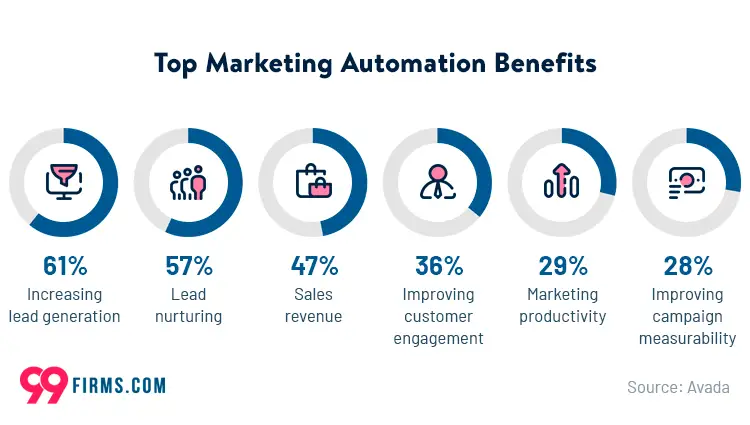
Source: 99firms
The integration of AI into B2B marketing automation is no longer a mere enhancement—it’s becoming a key driver of efficiency, precision, and personalization. From delivering smarter product recommendations to creating seamless customer experiences with chatbots, AI is shaping how businesses interact with their clients. By leveraging AI in targeted applications, companies can stay competitive in a market where customer expectations keep scaling higher.
- 67% of B2B companies leverage AI for product recommendations. Source
- 42% of B2B companies utilize AI for pricing optimization and customer segmentation. Source
- 46% of B2B companies deploy AI-powered chatbots and virtual assistants for enhanced engagement. Source
- 33% of B2B companies rely on AI for accurate product categorization. Source
Key Takeaway
These numbers underscore a pivotal shift—AI isn’t just a tool for automation; it’s the cornerstone of a more data-driven and customer-centric approach to B2B marketing. By adopting AI for critical tasks like segmentation and dynamic pricing, businesses can allocate their resources more effectively, improve customer satisfaction, and remain agile in responding to market demands. The companies that invest intentionally in AI applications now will be better positioned to lead their industries in the coming years.
Pro Tip:
Don’t just implement AI—align it with your specific business objectives. Whether it’s streamlining pricing strategies or delivering hyper-personalized recommendations, focus on areas where AI can deliver measurable value and consider A/B testing your solutions to fine-tune their impact. For businesses seeking to refine their B2B website strategy, integrating AI into your marketing automation could be a game-changer in driving conversions and engagement.
Conclusion
The evolution of marketing automation is being shaped profoundly by the integration of AI and machine learning, as highlighted by the compelling statistics and trends shared above. These technologies are no longer optional; they are vital in enabling deeper data analysis, predictive insights, personalized experiences, and campaign optimization at scale. From revolutionizing audience segmentation to fostering hyper-relevant content creation, AI is redefining how businesses connect with their customers in meaningful ways.
What’s most striking is the speed at which these advancements are being embraced. With 61.4% of marketers already leveraging AI, and applications ranging from predictive analytics to AI-powered advertising, it’s clear that staying competitive requires adoption of these cutting-edge tools. But it’s not just about automation—it’s about smarter decision-making, better customer understanding, and the ability to preempt challenges like brand crises with AI-enhanced monitoring.
As we march toward 2025, businesses that proactively integrate AI-driven solutions into their marketing strategies will lead the charge in efficiency, customer engagement, and maximising digital marketing ROI growth. Ready to boost your traffic and grow your website? Your customers are looking for you, and our SEO services can help you be found across search engines. Let’s transform your marketing automation efforts into measurable success!
About The State of Marketing Automation in 2025: Usage and Performance Stats
This guide was written by the Scopic Studios team and reviewed by Araksya Hakobjanyan, SEO Lead at Scopic Studios.
Scopic Studios delivers exceptional and engaging content rooted in our expertise across marketing and creative services. Our team of talented writers and digital experts excel in transforming intricate concepts into captivating narratives tailored for diverse industries. We’re passionate about crafting content that not only resonates but also drives value across all digital platforms.
Note: This feature blog’s image are sourced from Freepik.


